Shows
StemCells@Lunch DigestedEpisode 136 - Dr. Dominika Dziedzicka- "Differentiation propensity"On today’s episode, Dr Dominika Dziedzicka, a postdoc working with Prof Ludovic Vallier from MRC Cambridge Stem Cell Institute. She is interviewed by Daria Belokhvostova, a PhD student in Centre of Stem Cells & Regenerative Medicine in King’s College London. Dominika talks about her PhD and recent postdoc work on human embryonic and induced pluripotent stem cells. She discusses the differences between differentiation propensity and differentiation potential of stem cells.
To learn more about Dominika’s recent postdoc work, check out the following links: https://www.stemcells.cam.ac.uk/people/pi/vallier
2021-05-2317 minStemCells@Lunch DigestedEpisode 116 - Dr William Grey - Are proteins the key to understanding cancer?Dr William Grey, a post doctoral researcher in the Haematopoietic Stem Cell Laboratory at the Francis Crick Institute, is interviewed by PhD student Jana Obajdin. William talks about using umbilical cord blood in the treatment of genetic disorders and the future of cancer therapies. He also tells us why the study of proteins is an exciting and expanding field, particularity in cancer research.
For more information on William's research follow this link:
https://www.crick.ac.uk/research/find-a-researcher/william-grey
Donate your umbilical cord blood with Anthony Nolan:
https://www.anthonynolan.org/8-ways-you-could-save-life/donate-your-umbilical-cord
2020-09-1512 minStemCells@Lunch DigestedEpisode 115 - Prof James Briscoe - Where does time come from in development?Prof James Briscoe, group leader of the Developmental Dynamics Lab at the Francis Crick Institute, is interviewed by PhD student Ieva Berzanskyte. James talks about his research into the developing spinal cord and thinks about what is currently fascinating him, including understanding the "tempo" of embryonic development.
For more information on James' research follow this link:
https://www.crick.ac.uk/research/labs/james-briscoe
2020-08-2607 minStemCells@Lunch DigestedEpisode 114 - Prof Janet Rossant - "Science is going to get us out of this, science is the answer."Prof Janet Rossant, Senior Scientist on the Developmental & Stem Cell Biology Program, Chief of Research Emeritus at the SickKids Research Institute, President and Scientific Director of the Gairdner Foundation and Professor in the Departments of Molecular Genetics and Obstetrics & Gynaecology at the University of Toronto, is interviewed by PhD student Geraldine Jowett. Janet discusses her work characterising embryonic development and applying this to generate stem cell models. She talks about the importance of the terminology and language used surrounding embryo research, as well as how her lab is contributing to the COVID response.
For more information on Janet's research follow...
2020-08-1916 minStemCells@Lunch DigestedEpisode 113 - Prof Olivier Pourquié - "I think pretty much every bit of Biology is interesting.""It’s a mindset."
Prof Olivier Pourquié, Professor of Pathology and Professor in the Department of Genetics at Harvard Medical School, is interviewed by PhD student Ella Hubber. Olivier breaks down how spinal vertebrae are formed in the embryo through a “segmentation clock” and how understanding this is relevant to human disease. He also talks about the significant changes in developmental biology over the course of his career.
For more information on Olivier's research follow this link:
https://hsci.harvard.edu/people/olivier-pourqui%C3%A9-phd
2020-08-1213 minStemCells@Lunch DigestedEpisode 112 - Prof Cristina Lo Celso - "At the time stem cells seemed like the holy grail."Prof Cristina Lo Celso, Professor of Stem Cell Biology and group leader at Imperial College London, is interviewed by PhD student Elena Drudi. Cristina discusses her work visualising blood stem cells and determining the factors that control their function, to better understand mechanisms underlying blood based cancers. She also talks about her career progression and the importance for her of travelling between countries.
For more information on Cristina's research follow this link:
https://www.imperial.ac.uk/people/c.lo-celso
2020-08-0511 minStemCells@Lunch DigestedEpisode 111 - Dr Ivo Lieberam - "How we are going to interact with technology in the long term?"We return this week to an episode recorded during lockdown.
Dr Ivo Lieberam, Senior Lecturer and group leader at the Centre for Stem Cells and Regenerative Medicine at King's College London, is interviewed by PhD student Eva Hamrud. Ivo discusses his work on generating neuromuscular models in a dish that can be used to understand neuromuscular diseases and screen novel therapies. He also discusses his long term aim to generate technologies, such as light controlled medical devices and biorobots, that could be used in the future to treat a range of diseases.
For more information on Ivo's research follow this...
2020-07-2817 minStemCells@Lunch DigestedEpisode 110 - Dr Francesca Spagnoli- "We study biological problems with direct medical application."We return this week with an episode recorded during lockdown.
Dr Francesca Spagnoli, Group Leader at the Centre for Stem Cells and Regenerative Medicine at King's College London, is interviewed by PhD student Teodora Manea. Francesca discusses her group's research on understanding how pancreatic beta cells communicate with their environment and the possibility of converting liver cells to pancreas cells, with the aim of applying this to cell replacement therapies in the treatment of diabetes. She also talks about studying mouse and human pancreatic development and learning from a comparative approach.
For more on Francesca's research, follow this link: https...
2020-07-2212 minStemCells@Lunch DigestedEpisode 109 - Prof James Sharpe - "You were limited by nothing but your own imagination."We return this week with an episode recorded during lockdown.
Prof. James Sharpe, the head of EMBL Barcelona, is interviewed by PhD student Sergi Junyent. Prof. Sharpe is one of the key opinion leaders in developmental biology and bioengineering. Here, he talks about the pioneering work done by his group in understanding tissue development and discusses his how his work brings together his passion for computer programming and biology.
For more information on Prof. Sharpe's research follow this link: https://www.embl.es/research/unit/sharpe/members/index.php?s_personId=CP-60027035
2020-07-1413 minStemCells@Lunch DigestedEpisode 108 - Prof Jianping Fu - “Human development itself is just fascinating.”“Even just to understand the genesis of human being itself... It must be one of the holy grails of modern biology.”
We return this week with an episode recorded during lockdown.
Professor Jianping Fu, a professor of Mechanical Engineering, Biomedical engineering and Cell and Developmental Biology at the University of Michigan, is interviewed by PhD student Sergi Junyent. He talks about the technical difficulties and ethical issues of studying human development. He discusses the growing field of stem cell based embryo models to study the early stages of development and the future directions of these models.
For more information on Jian...
2020-06-3018 minStemCells@Lunch DigestedEpisode 107 - Prof Ludovic Vallier - "The drive is to generate more knowledge."We return this week with an episode recorded during lockdown.
Professor Ludovic Vallier, Professor of Regenerative Medicine within the Department of Surgery at Cambridge University and director of the National Institute for Health Research (NIHR) Cambridge Biomedical Research Centre hIPSCs (human induced pluripotent stem cells) core facility, is interviewed by PhD student Alice Vickers. He talks about his work using human pluripotent cells to generate pancreas, lung, gut and liver cells. He speaks about how his involvement in industry aims to generate cell types for clinical studies and for cell based therapy.
For more information on Ludovic's research follow this...
2020-06-2317 minStemCells@Lunch DigestedEpisode 106 - Professor Peter Jones - "I think all scientists are curious by nature."We return this week with an episode recorded during lockdown.
Professor Peter Jones, Professor of Endocrine Biology and head of the Department of Physiology at King's College London, is interviewed by PhD student Prudence Lui. Peter breaks down the basics of type 1 and type 2 diabetes and discusses his lab's recent research into the phenomenon of mitochondrial transfer. After 36 years at King's, Peter talks about what has kept him in scientific research.
For more information on Peter's research follow this link:
https://www.kcl.ac.uk/people/peter-jones
2020-06-1611 minStemCells@Lunch DigestedEpisode 105-Dr Norah Fogarty-"Understanding the placenta we may treat disease before manifestation"We return this week to an episode recorded during lockdown.
Dr Norah Fogarty, a new group leader at the Centre for Stem Cells and Regenerative Medicine at King's College London, is interviewed by PhD student Geraldine Jowett. Norah discusses her work on the development of the trophectoderm in the human embryo, which is the progenitor of early placental cells. She talks about how this work aims to further our understanding of human embryo development and early pregnancy loss, and may in the future lead to advances in assisted reproductive treatments.
For more information on Norah's research follow this link:
https...
2020-06-0912 minStemCells@Lunch DigestedEpisode 104 - Dr Alejo Rodriguez-Fraticelli - “What’s important is keeping an open mind.”Today on the SC@L Digested Podcast, Post-doc Miguel Bernabe-Rubio speaks with Alejo Rodriguez-Fraticelli, a research fellow at the Boston Children’s Hospital and soon-to-be principal investigator at the Institute for Research in Biomedicine in Barcelona. Alejo talks about his work using single cell maps to understand highly variable populations of cells and his future research focus on acute myeloid leukaemia. He also talks about developing his skills in computational biology through collaboration and the importance of stepping out of your comfort zone to succeed in interdisciplinary research.
To see more of Alejo's research, follow this link: https://connects.catalyst.ha...
2020-06-0214 min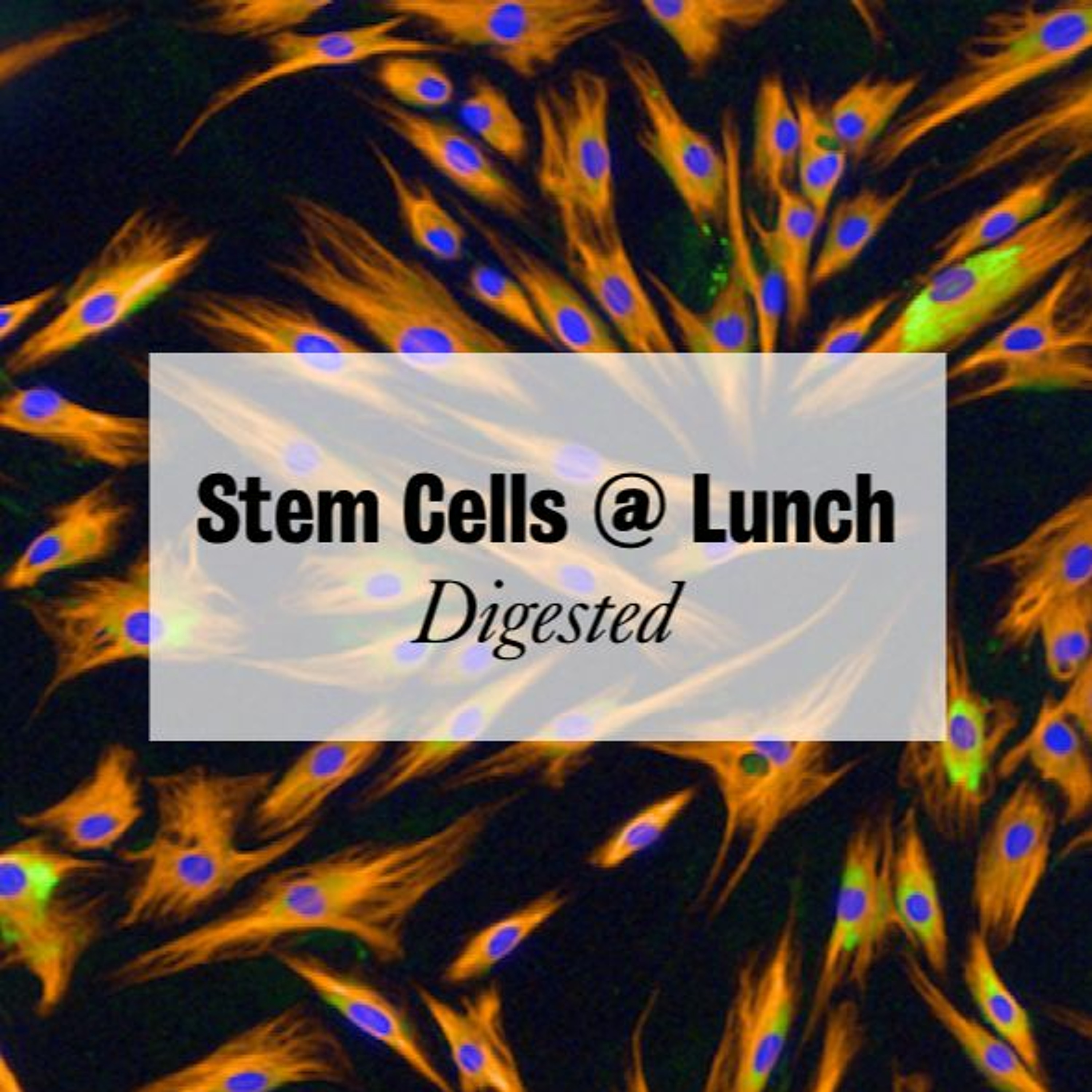
StemCells@Lunch DigestedEpisode 103 - Dr Victor Negri - A Lockdown Story“Take care of yourself, but also be aware of others who are more vulnerable than you”
For this episode of SC@L digested, CSCRM public engagement officer Jessica Sells chatted with Victor Negri, A Post Doc in Fiona Watt’s lab, about his experience of lockdown.
We've been exploring the impact that lockdown is having on our researchers by asking them to share their experiences. All of our staff are in unique positions, meaning lockdown is affecting their personal and work lives dramatically differently.
For Victor the pandemic has been quite scary, as he has to take daily immunosuppressants for a heal...
2020-05-2919 minStemCells@Lunch DigestedEpisode 102- Geraldine Jowett- "There's something valuable about coming together and sharing values"We return this week to an episode recorded during lockdown.
Geraldine Jowett, a final year PhD student on the Wellcome Trust Cell Therapies and Regenerative Medicine programme at King's College London, is interviewed by PhD student Emily Read. Geraldine discusses her work that uses stem cells to make mini-intestine in a dish models, also known as organoids, to understand Inflammatory Bowel Disease. She talks about the difficulties of an interdisciplinary PhD and what she has learnt moving between Germany, the United States and Britain.
For more information on Geraldine's research follow this link:
https://www.kcl.ac.uk/people/geraldine-jowett
2020-05-2620 minStemCells@Lunch DigestedEpisode 101 - Dr José Silva - "It is the basic research that leads to applied science."We return this week to another interview recorded before lockdown.
PhD student Christopher Lambert interviews Dr José Silva, a group leader at the Welcome-MRC Cambridge Stem Cell Institute. Dr Silva tells us about his career path from PhD to group leader and his current research in cellular reprogramming. They discuss the importance of collaboration in basic research and the need for a long-term, step-wise approach to progress the field of cellular reprogramming. Dr Silva also looks to the future, talking about his move into creating synthetic embryos.
For more information about Dr Silva's research, follow this link: https://www.stemcells.c...
2020-05-1917 min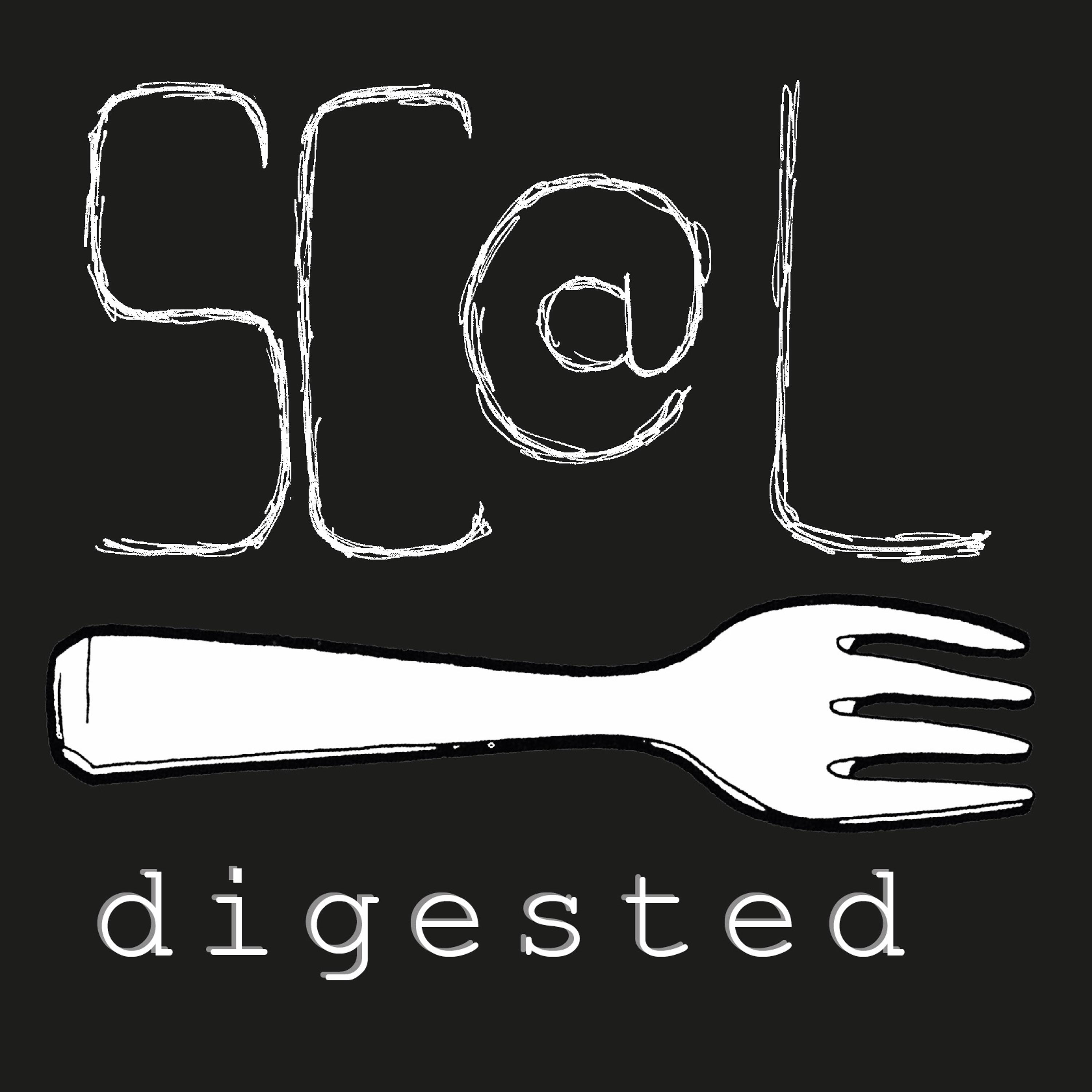
StemCells@Lunch DigestedEpisode 100 - Professor Fiona Watt - A Lockdown StoryFor our 100th SC@L episode, we've done something a bit different... We've been exploring the impact that lockdown is having on our researchers by asking them to share their experiences. All of our staff are in unique positions, meaning lockdown is affecting their personal and work lives dramatically differently . For this Lockdown Story, Public Engagement Officer Jess Sells remotely interviews CSCRM Director and MRC Exec Chair Professor Fiona Watt. Fiona talks about how she has been maintaining a work-life balance, thoughts on how this situation will change science, and society in general.
For more examples of our lockdown stories...
2020-05-1217 min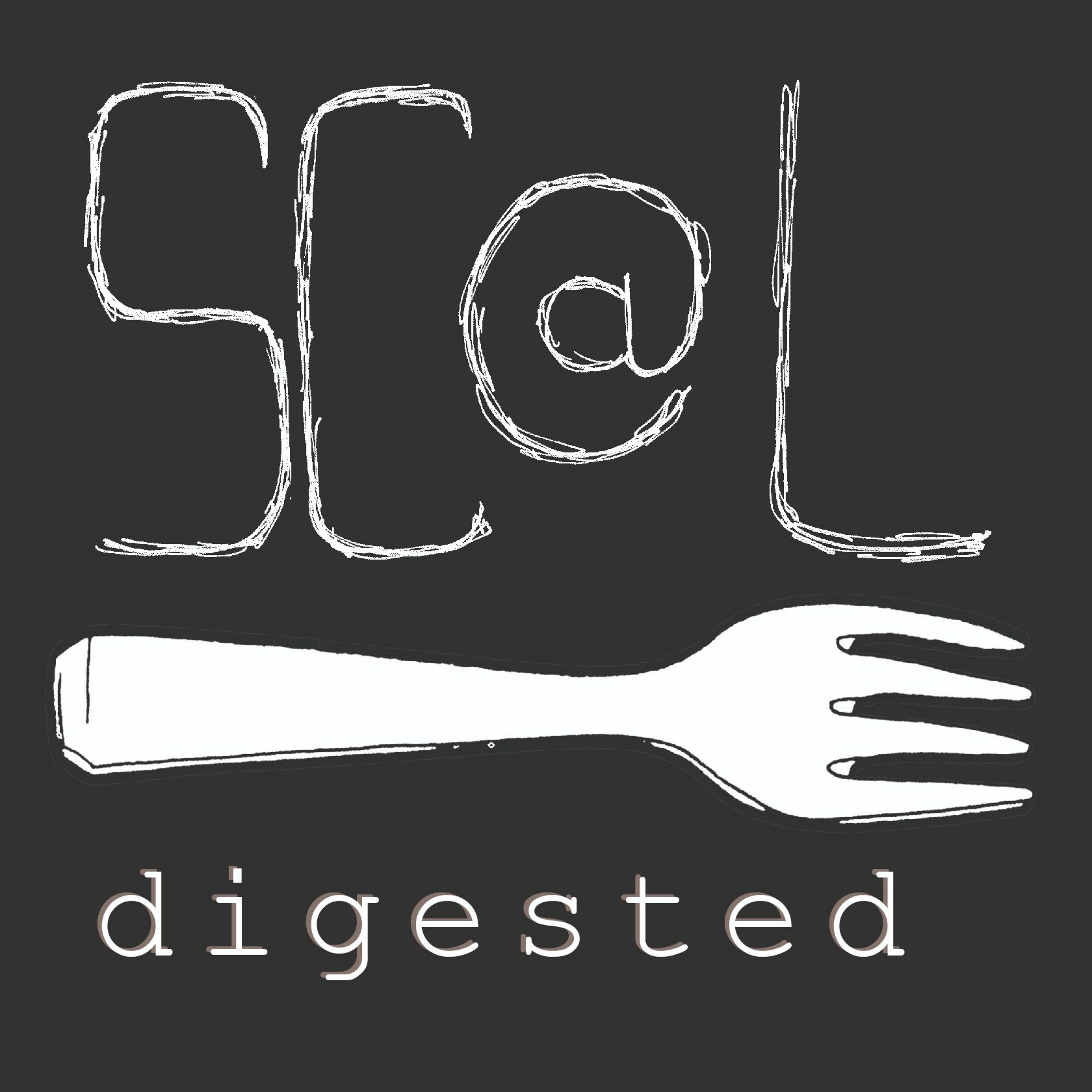
StemCells@Lunch DigestedEpisode 99- Prof Susan Kimber- "Having stamina is probably more important than having brains"We return this week to another interview recorded before lockdown.
Professor Susan Kimber, Professor of Stem & Developmental Biology at University of Manchester, speaks to PhD student Peter Harley. She discusses her work that uses human stem cell models to understand human development and to model vascular, skeletal and kidney diseases in a dish. She talks about how human stem cell models are important for both basic and translational science. When asked what makes a successful scientific career, she discusses the important of stamina and resilience.
For more information on Professor Kimber's research follow this link:
https://www.research.manchester.ac...
2020-05-0517 minStemCells@Lunch DigestedEpisode 98 - Dr Nathan Hawkshaw - Does the immune system affect hair growth?On this episode of the SC@L Digested Podcast, we return to an interview recorded before lockdown.
PhD student, Inchul Cho, speaks to Dr Nathan Hawkshaw, a research associate in the Division of Musculoskeletal & Dermatological Sciences at the University of Manchester. They discuss how immunosuppressants could promote human hair growth and treat hair loss and consider how the immune system is involved in hair cycling. They also discuss Dr Hawkshaw's current research into the effects of ultra-violet radiation on the skin.
For more information on Dr Hawkshaw's research follow this link: https://www.research.manchester.ac.uk/portal/nathan.hawkshaw...
2020-04-2809 min
StemCells@Lunch DigestedEpisode 97 - Dr Simon Mendez Ferrer - How can targeting where stem cells live help transplants?Today on SC@L digested PhD Student Dr Beibei Du speaks with Dr Simón Méndez-Ferrer, a Reader in Transfusion Medicine at the University of Cambridge. They discuss what controls blood stem cell behaviour, including whether you are awake or asleep. Simón also talks about how understanding what makes blood stem cells move can be used in stem cell transplants to treat blood cancers.
For more information on Simón's research, follow this link: http://www.haem.cam.ac.uk/staff/senior-staff/dr-simon-mendez-ferrer/
2020-04-2112 min
StemCells@Lunch DigestedEpisode 96 - Dr David Willnow - How can we treat diabetes with liver cells?For this episode of SC@L we’ve given remote recording a go to keep producing the podcast on lockdown!
PhD student Ana Maria Cujba interviews Dr David Willnow from the Spagnoli Group at the CSCRM. They discuss his research into how the pancreas develops in the embryo and how this will develop potential future therapies for diabetes with this knowledge, David’s involvement multidiciplinary Pan3dp initiative , and the challenges of the immune response to regenerative cell therapies.
For more information on David's research and the Spagnoli Lab, follow this link: https://www.spagnolilab.org
2020-04-1613 min
StemCells@Lunch DigestedEpisode 95 - Prof Fiona Watt - "Everything I do is hard-wired with the scientific mind set"For this extra special episode of SC@L digested, we are joined by CSCRM Director and MRC Executive Chair Professor Fiona Watt!
Her PhD student Dr Xinyi (Beibei) Du speaks to her about her career path, what factors have helped her on her journey to success, her experiences of being a prominent woman in science and how we can support women in science.
For more information on Professor Watt’s research follow this link: https://www.kcl.ac.uk/people/fiona-watt
2020-04-0712 min
StemCells@Lunch DigestedEpisode 94 - Prof Buzz Baum - How do cells do the things they do?This episode of Stem Cells @ Lunch Digested features Professor Buzz Baum from UCL. PhD student Sergi Junyent talks to him about his passion for cells and the process of their division, and the importance of answering biological questions with multidisciplinary tools and teams.
For more information about his research follow this link: https://www.ucl.ac.uk/lmcb/users/buzz-baum
2020-03-0320 min
StemCells@Lunch DigestedEpisode 93 - Alice Vickers- What is a good science investment?For today’s special episode of SC@L, Vasi Salameti interviews fellow CSCRM PhD student Alice Vickers about her recent experience doing an industry placement as part of her PhD. Alice spent 6 months working as an analyst at M Ventures based in Amsterdam, the venture capital arm of Merck Industries. Hear all about what she got up to, how industry differs from academia, how VC’s assess pitches, and why the process from bench to drug production takes time...
(All views expressed by Alice in this interview are her own and do not reflect those of M Ventures or Merck KGaA
2020-02-2414 min
StemCells@Lunch DigestedEpisode 92 - Dr Oliver Pearce - How can we enable the body to kill cancer?Today on SC@L digested, PhD student Sam Blackford speaks with Dr Oliver Pearce and his journey transitioning from chemistry to cancer immunotherapy. They discuss the role of the extracellular matrix in tumour development, what immunotherapy is and what techniques his lab are using to model cancer and explore potential therapeutic approaches...
For more information about Dr Pearce's research follow this link:https://www.bartscancer.london/staff/dr-oliver-m-pearce/
2020-02-1811 min
StemCells@Lunch DigestedEpisode 91 - Dr Teresa Rayon - Can we modulate the speed of differentiation?For this weeks’ episode of SC@L digested, Dr Lea R’Bibo is joined by Dr Teresa Rayon from The Crick. They talk about what the neural tube is, and how stem cells can be used to study it. Dr Rayon also explains her interest in the difference in speed of embryonic development across different species, and why it is important to understand these processes. She also emphasises the benefit of working in different labs and cultures, and why it is so important to share your research with the public...
For more information about Dr Rayon''s research follow this link: http...
2020-02-1106 min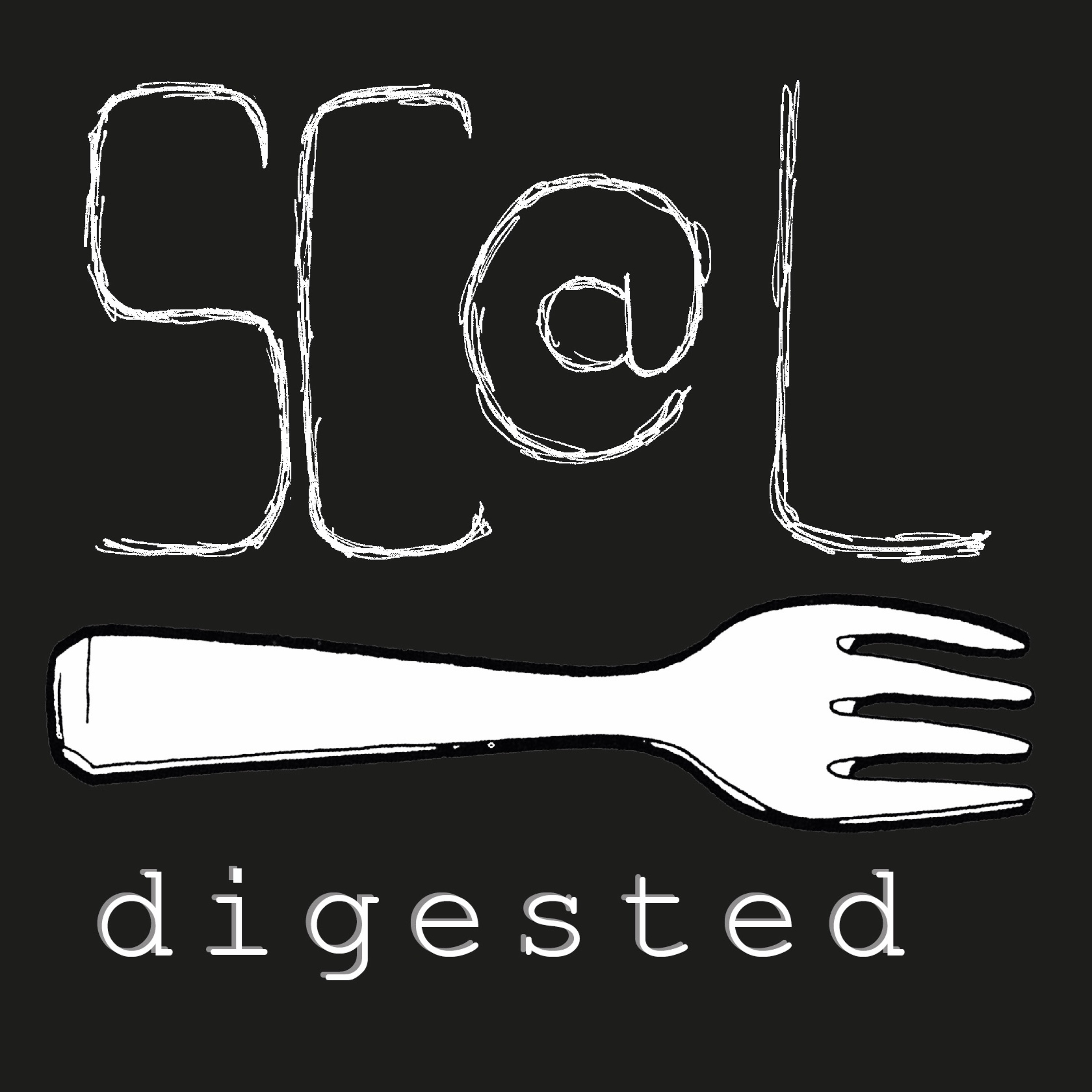
StemCells@Lunch DigestedEpisode 90 - Professor Julien Gautrot - How do cells interact with biomaterials?EPISODE 90
For this week’s episode of Stem Cells @ Lunch Digested, PhD student Prudence Lui interviews Professor Julien Gautrot about his research into how cells interact with biomaterials, how has nature helped develop biomaterials, and what the best part of his job is.
For more information on Prof. Gautrot’s work follow this link: https://www.sems.qmul.ac.uk/staff/research/j.gautrot
2020-02-0409 min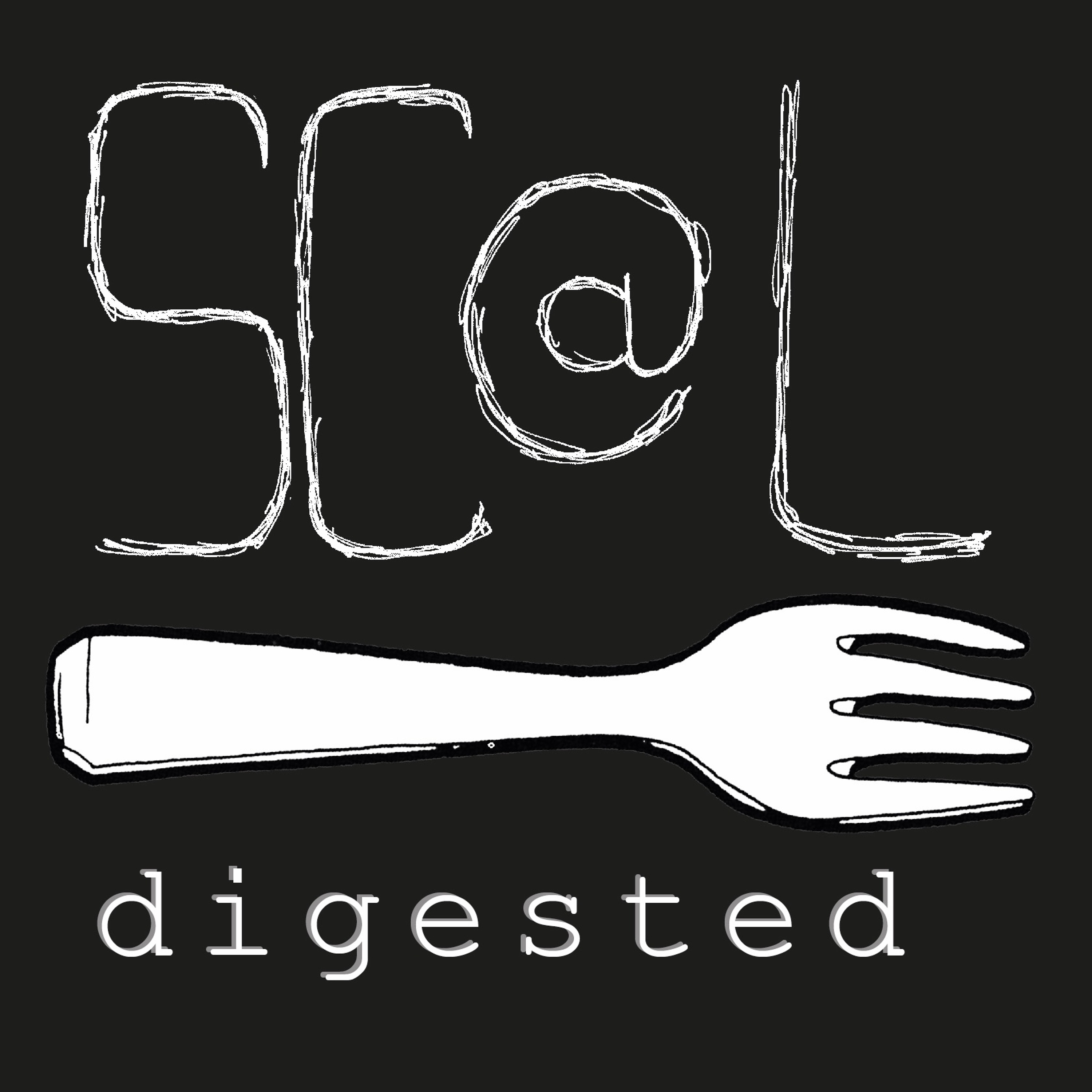
StemCells@Lunch DigestedEpisode 89 - Dr David Gershlick - How do cells work?In today’s SC@L digested episode Dr Lea R’Bibo interviews Dr David Gershlick at the institute of medical research at Cambridge! His research area is protein trafficking – how cells organise themselves and how the parts inside a cell move around to help it function. They discuss applications and challenges of this research, and how he has found the transition from postdoc to PI...
For more information on Dr Gershlick's research follow this link: https://www.cimr.cam.ac.uk/research/principal-investigators/gershlick
2020-01-2409 min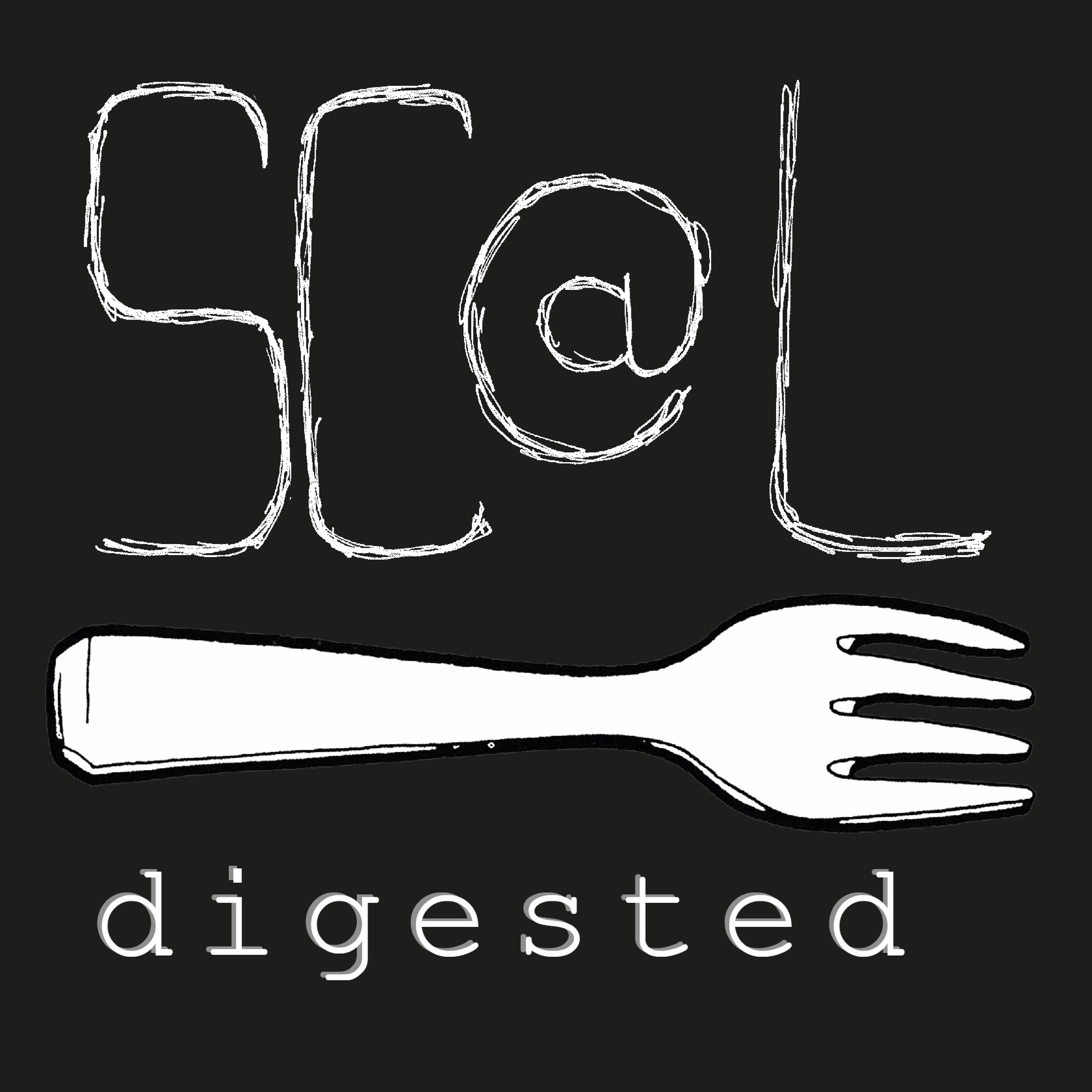
StemCells@Lunch DigestedEpisode 88 - Professor Jeremy Green - How do cells form tissues?This week we are joined by Professor Jeremy Green from the Centre for Craniofacial and Regenerative Biology at King’s College London. He talks to PhD student Thea Willis about his career path, his group’s research looking at how cells physically form structures such as tissues, and what got him interested in the work he is doing. He also has a few tips for PhD students....
2019-12-1015 min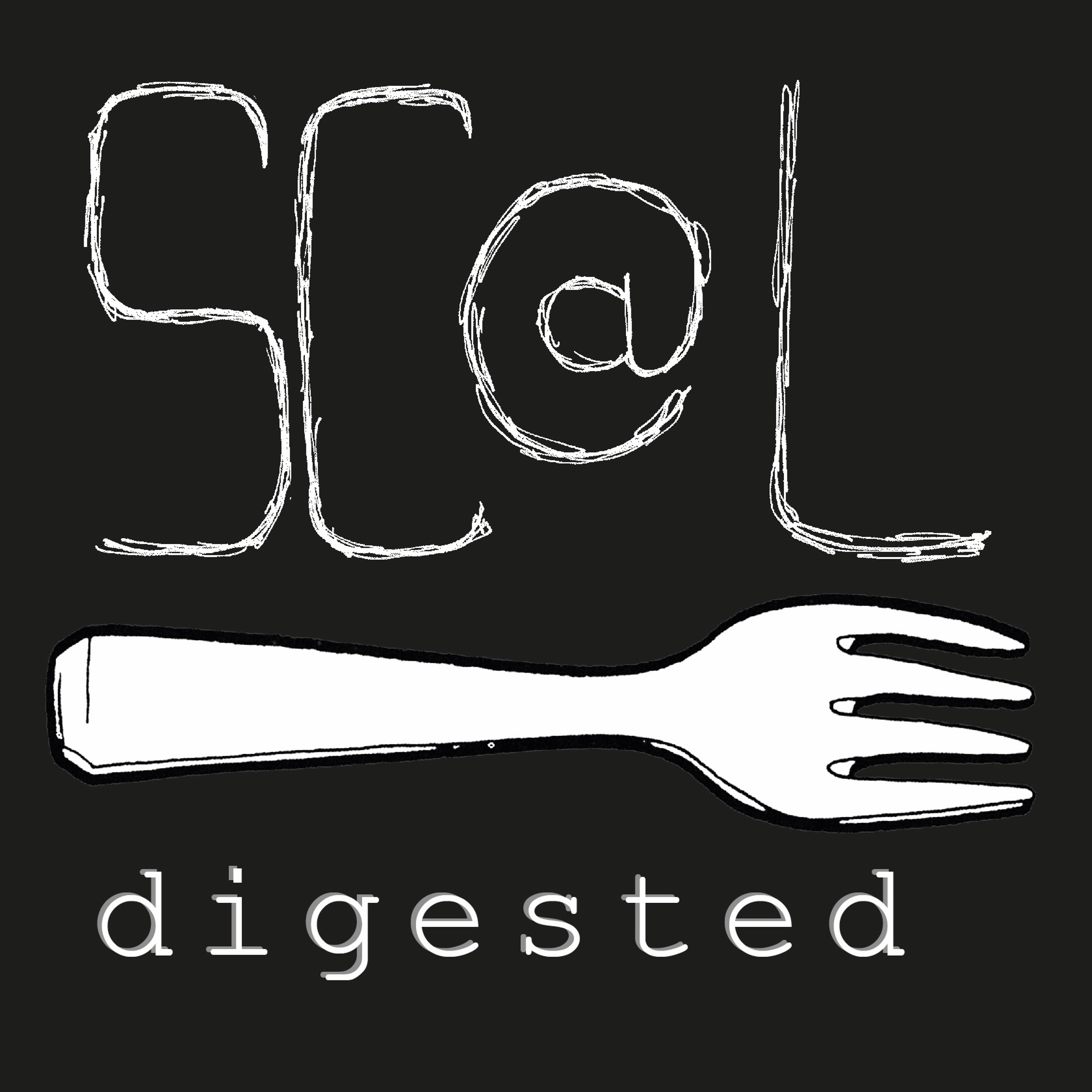
StemCells@Lunch DigestedEpisode 87 - Dr Adrian Biddle - Oral Cancer Invasion.... How does it happen?Oral Cancer Invasion... How does it happen?
In today’s SC@L digested podcast, PhD student Inês Tomás talks to Dr Adrian Biddle, lecturer at the Blizard Institute, Queen Mary University of London, investigating the role of cancer stem cells in oral cancer. Together they talk about the differences between different types of cancer stem cells, finding a common problem in oral cancer to target as a treatment, different cancer model systems, and the potential future of cancer research....
For more information on Dr Adrian Biddle's work follow this link : https://www.qmul.ac.uk/blizard/staff/centre-for-cell-biology-and-cutaneous-research/staf...
2019-11-1913 min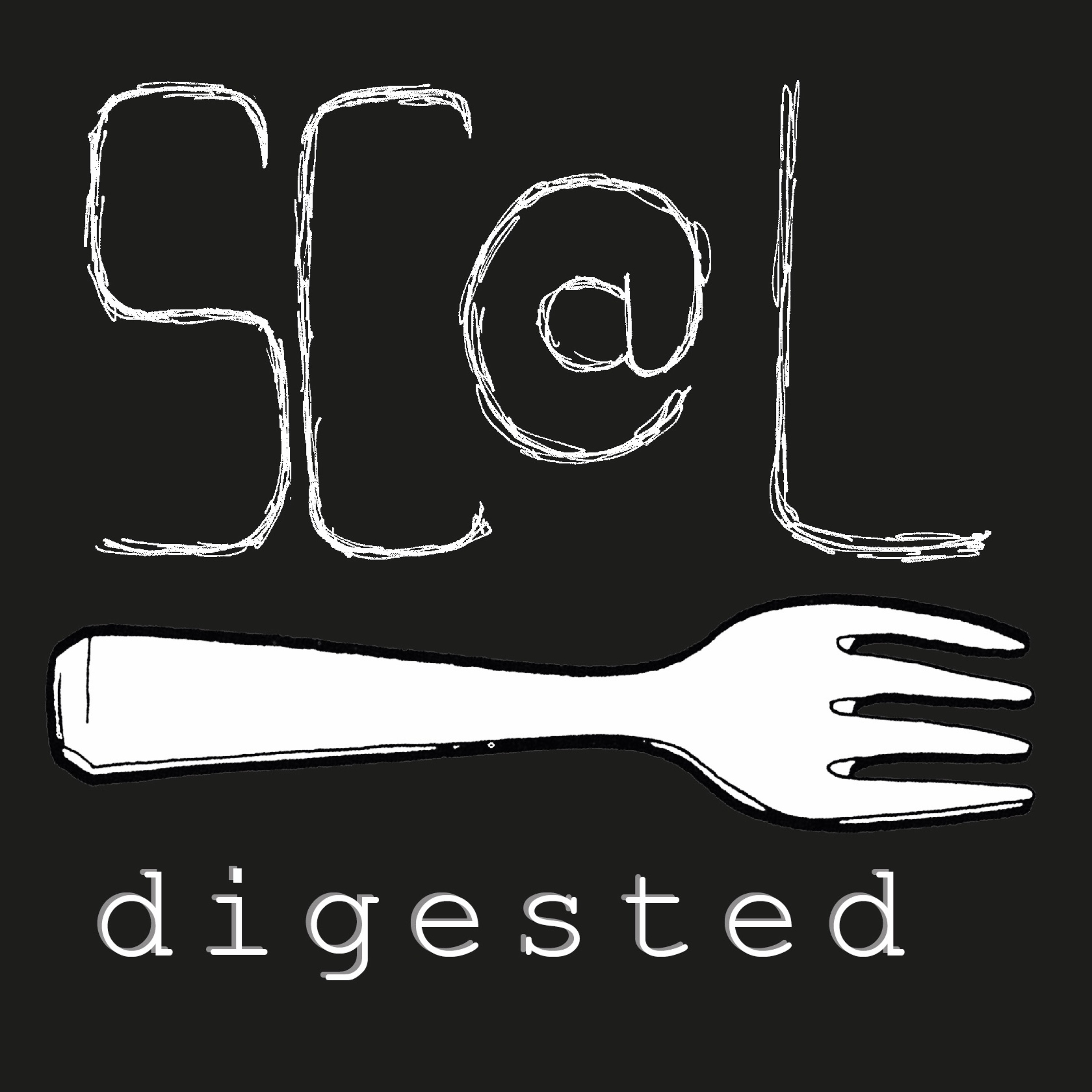
StemCells@Lunch DigestedEpisode 86 - Dr John Connelly - Homeostasis: What happens when this process is disrupted?Today on SC@L digested PhD student Blaise Louis interviews Dr John Connelly from the Institute of Bioengineering from Queen Mary University of London. They talk about how he uses bioengineering tools and biomaterials to study the biology of how cells manage the process of homeostasis and the tissue maintains itself, and what happens when these processes are disrupted. They also talk about the future of biomaterials and how Dr Connelly is starting to use more complex 3D models of the skin for his research and what that means for understanding how whole tissues function.
For more information about Dr...
2019-11-0512 min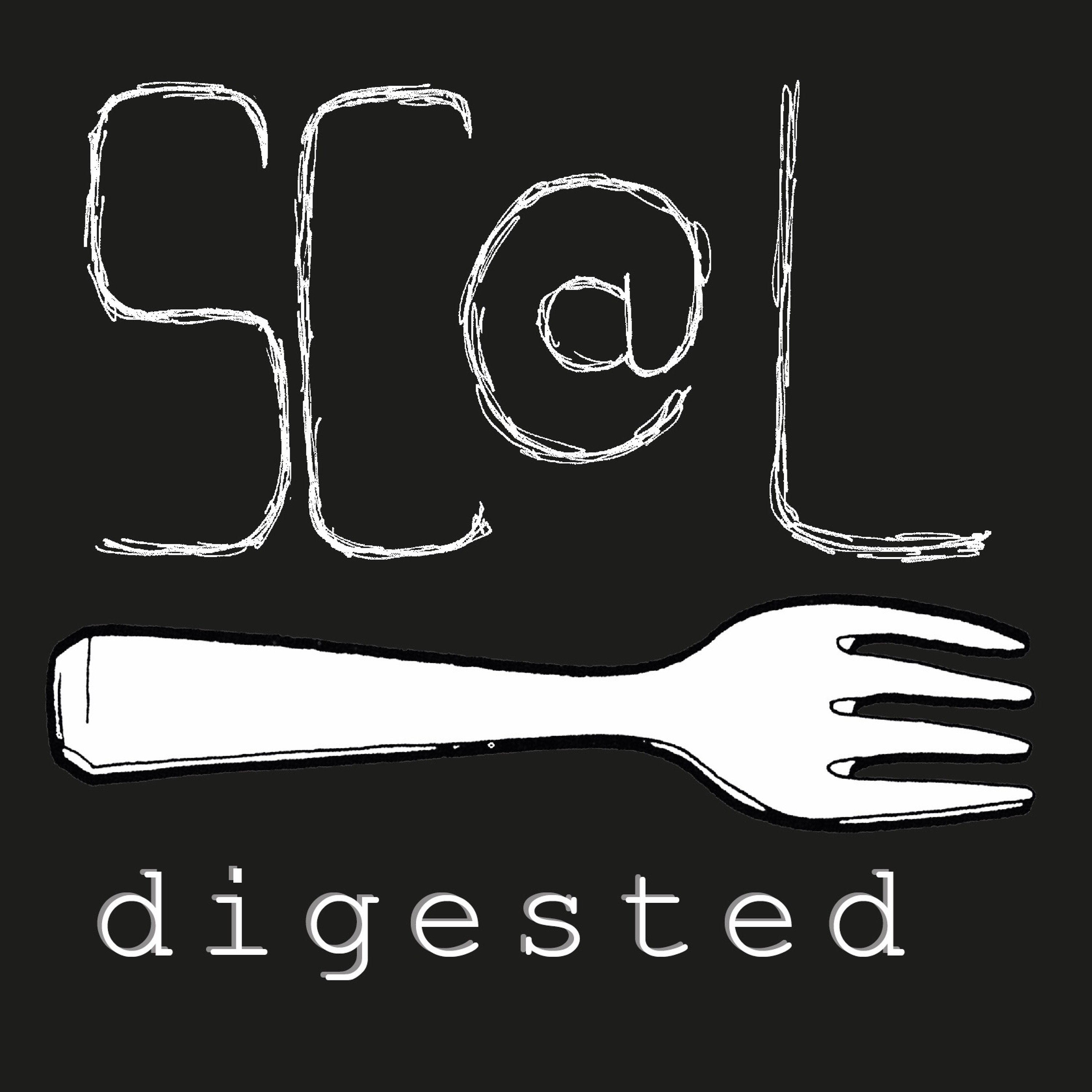
StemCells@Lunch DigestedEpisode 85 - Dr Mohi Ahmed - What is Epigenetics?For this episode of SC@L digested we are joined by Dr Mohi Ahmed, from the Craniofacial Development & Stem Cell Biology dept at King’s College London. He talks to PhD student Ieva Berzanskyte about what epigenetics is, how he is investigating hearing loss via epigenetic mechanisms, and how to develop potential treatments for this…
For more information on his research please follow this link: https://kclpure.kcl.ac.uk/portal/mohi.1.ahmed.html
2019-10-2903 min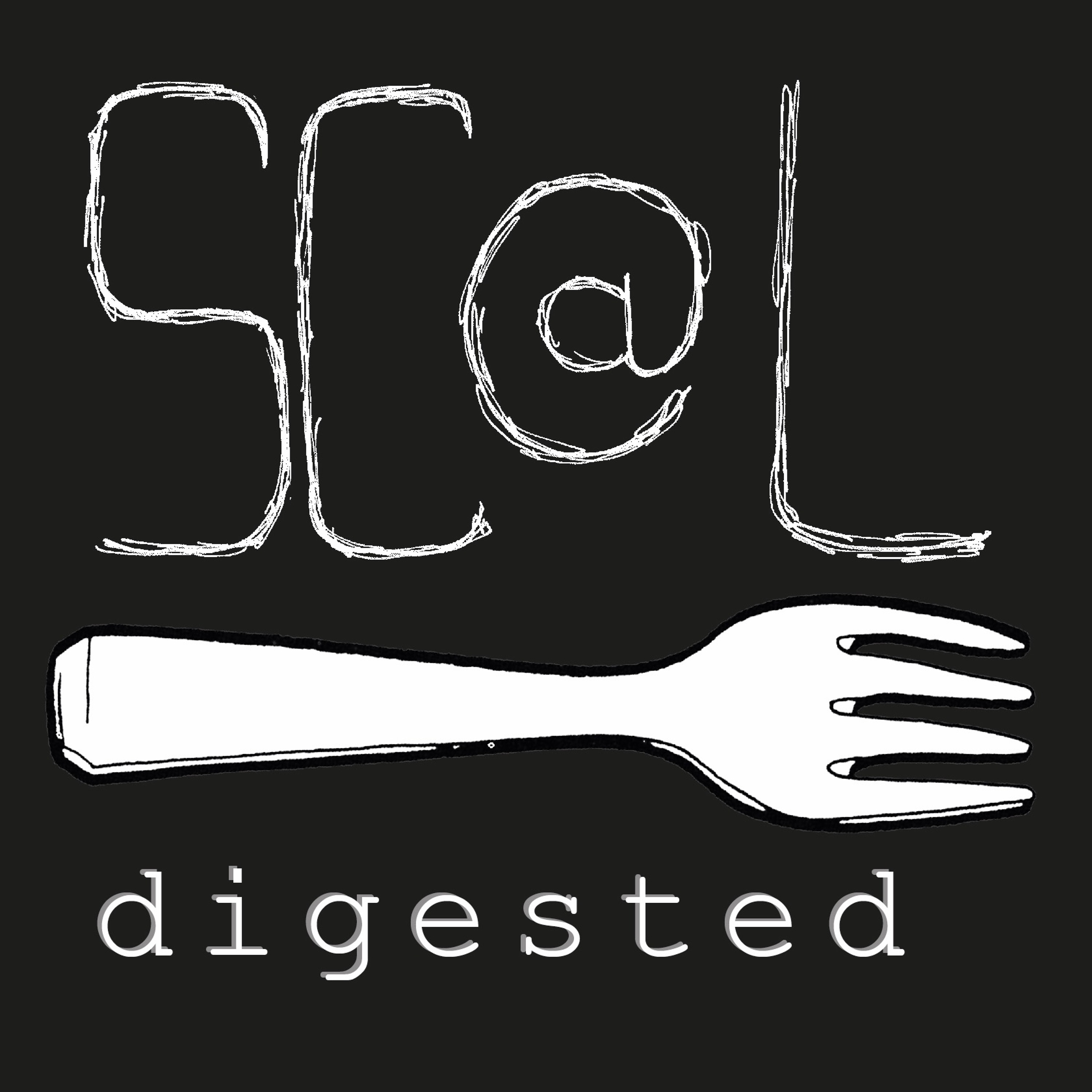
StemCells@Lunch DigestedEpisode 84 - Emma Milford - How do cancer Cells Interact with their environment?For today’s episode of SC@L digested, PhD student Jana Obajdin talks to Emma Milford, a PhD student at the Francis Crick Institute. They discuss her project investigating how cancer cells interact with their environment, including how they respond to different types of treatments…
For more information about Emma follow this link: https://www.crick.ac.uk/research/find-a-researcher/emma-milford
2019-10-2205 min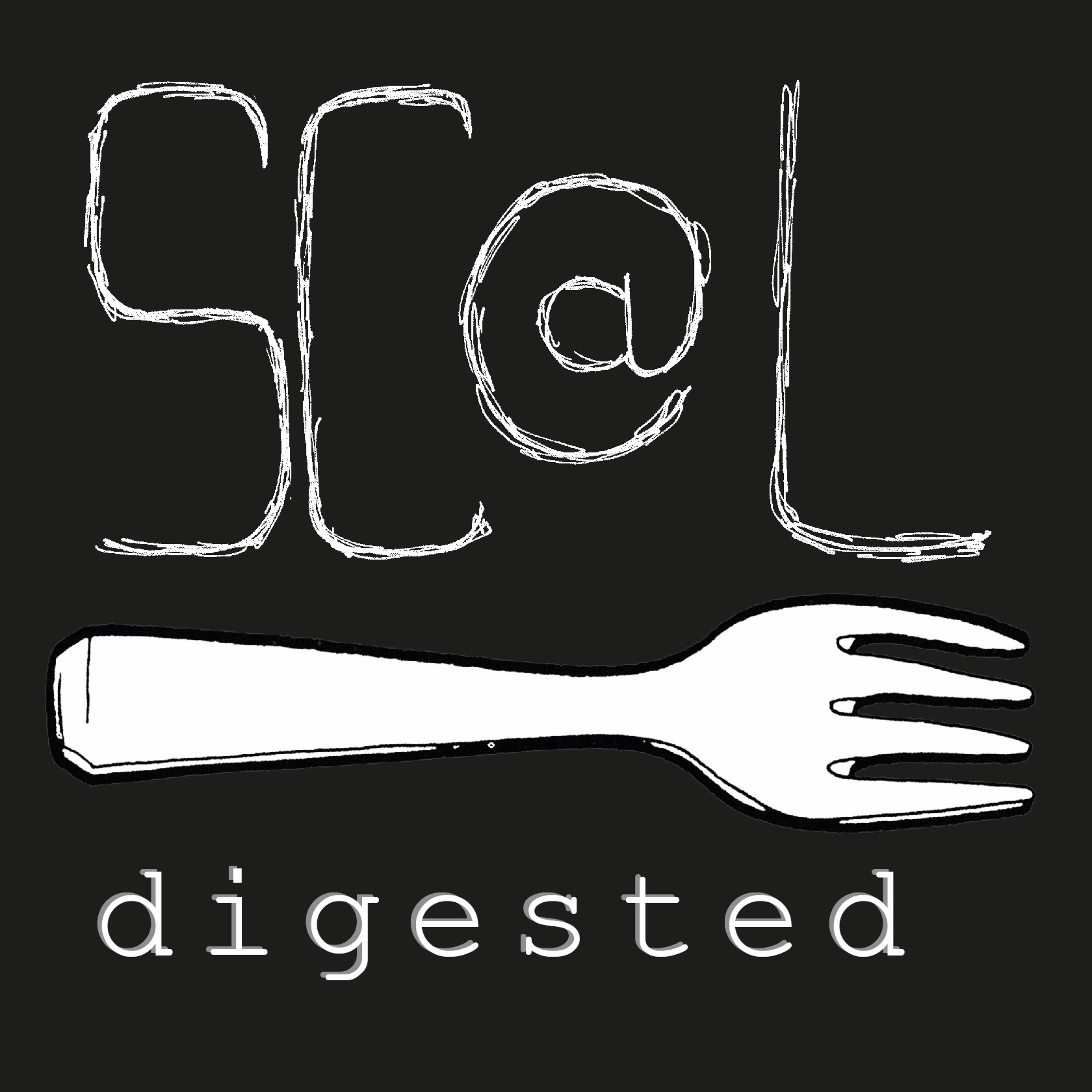
StemCells@Lunch DigestedEpisode 83 - Dr Malte Kunhemund - Single Cell Spatial Mapping with CartanaIn today’s SC@L episode, PhD student Dr Xinyi (Beibei) Du gets excited about single cell transciptomics with Malte Kühnemund, CEO and Co-Founder of Cartana.
They discuss how he transitioned from PhD to developing his single cell spatial mapping technology, how it works, and whether he misses academia now that he’s a biotech CEO!
For more info about Cartana follow this link: https://www.cartana.se
2019-10-1517 min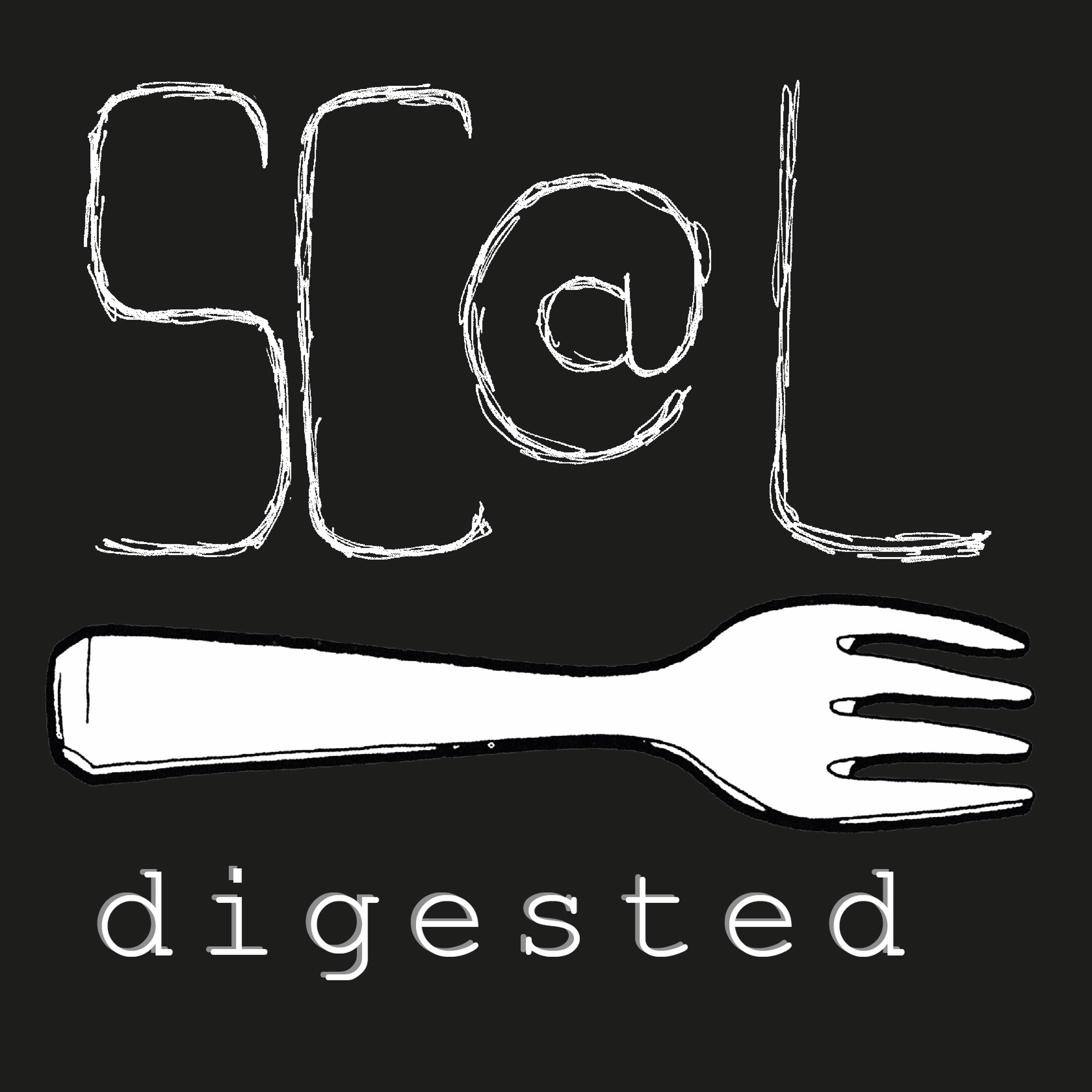
StemCells@Lunch DigestedEpisode 82 - Sergi Junyent - How do stem cells organise themselves?For this podcast episode , PhD student Daria Belhokvostova interviews Sergi Junyent about his current PhD project exploring how stem cells organise themselves during embryonic development, what signals cells exchange in this process, and what his experience of doing a PhD has been like!
2019-09-3010 min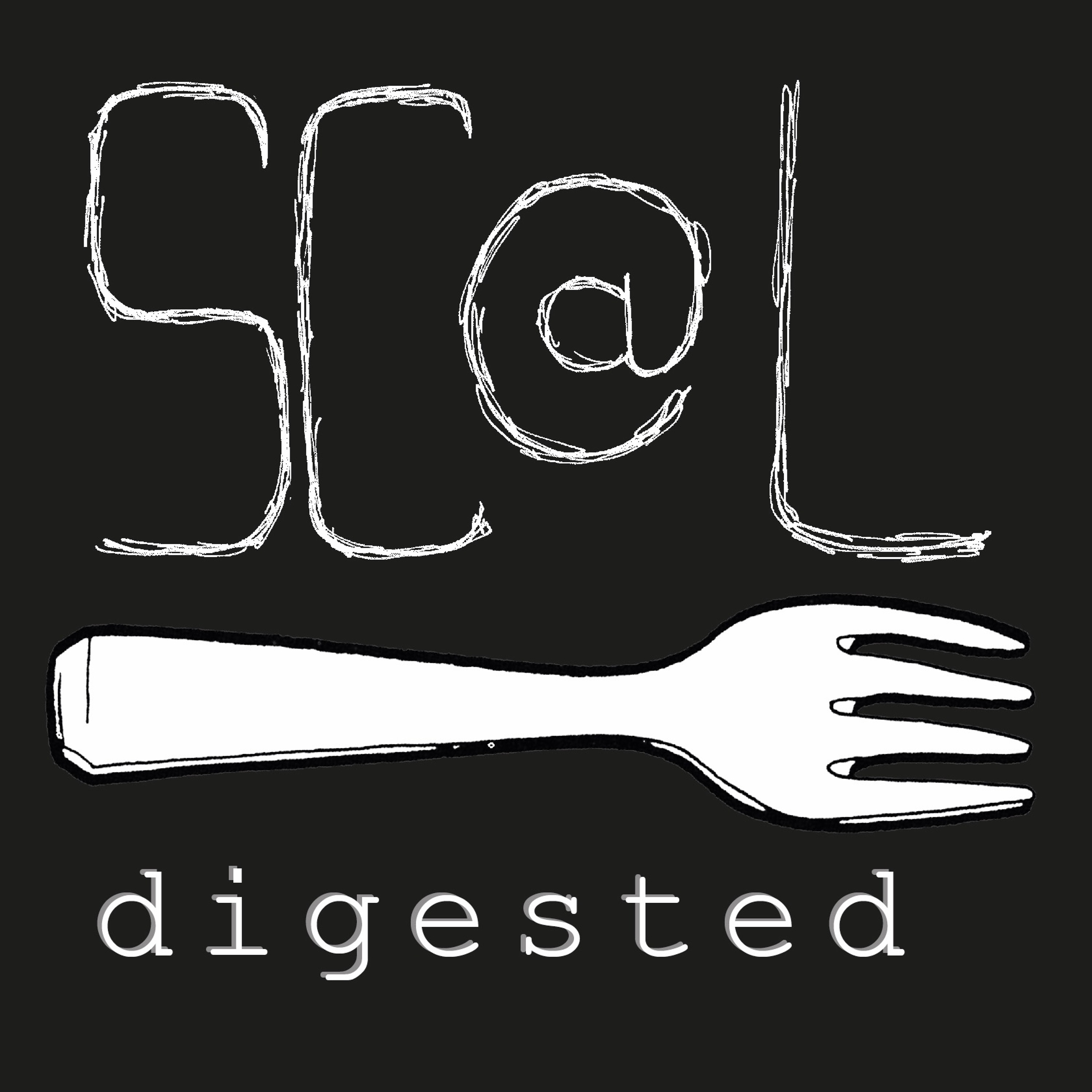
StemCells@Lunch DigestedEpisode 81 - Dr Carrie Ambler - Minds of Their Own: How do cells make choices?For this episode of SC@L digested, PhD student Wladislaw Stroukov Interviews Dr Carrie Ambler from Durham University. They spoke about her work at the university looking at how cells make decisions, and what drugs or chemicals can be used to alter these choices. She also tells us about her spin off company LightOx that does interesting things with light to track and destroy cells.....
For more information about her research follow this link: https://www.dur.ac.uk/biosciences/about/schoolstaff/profile/?id=5554
2019-09-2414 min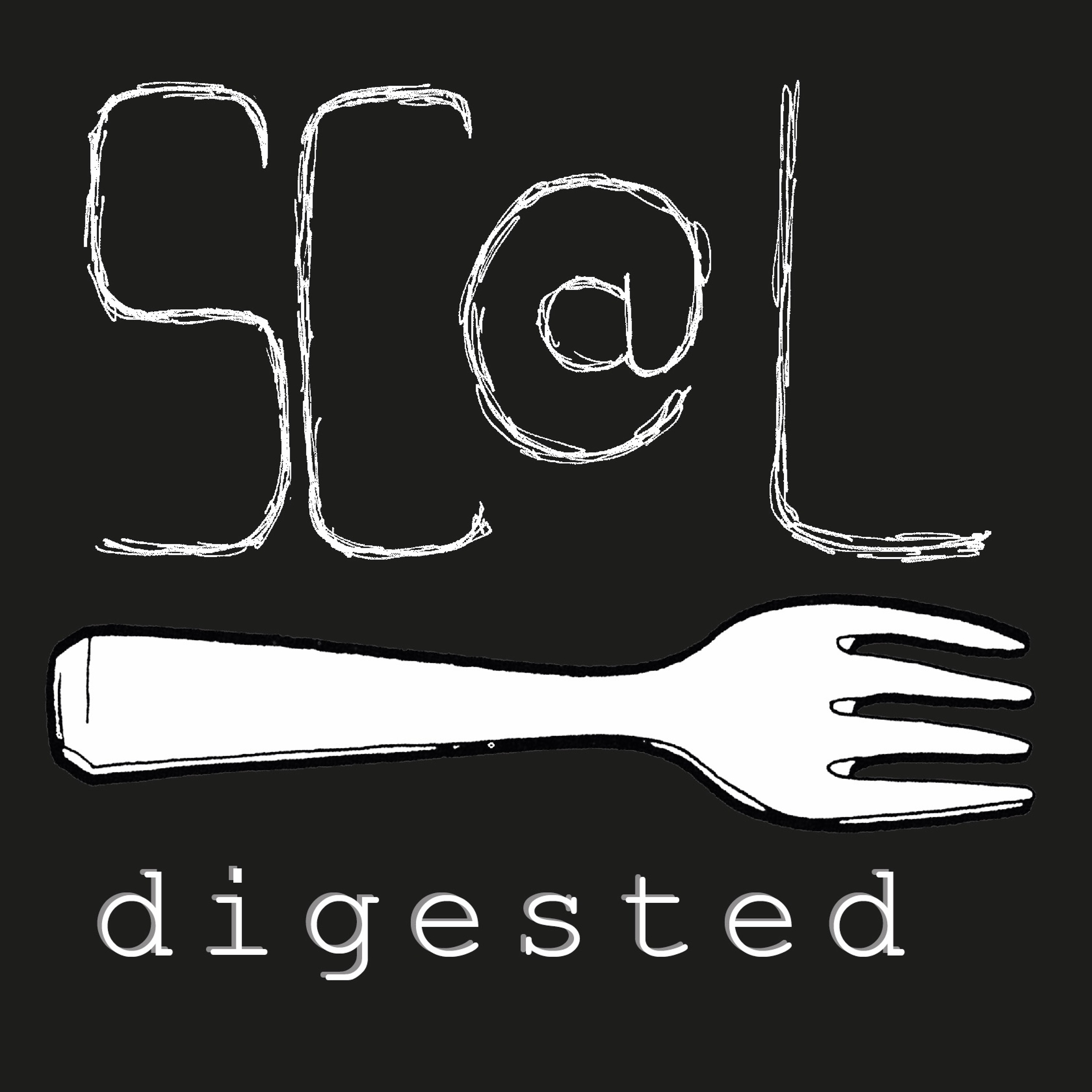
StemCells@Lunch DigestedEpisode 80 - Dr Mike Delahaye - Making stem cell therapies more cost efficient and effectiveFor this week’s episode, Dr Davide Danovi speaks with Dr Mike Delahaye, Lead Technical Scientist from the Cell and Gene Therapy Catapult based at Guy’s Hospital.
Dr Delahay talks about what gene therapy and viral vectors are, his work trying to increase their efficiency, and his experience working at the Catapult the last 6 years….
Find out more about Mike Delahaye and Cell and Gene Therapy Catapult here: https://ct.catapult.org.uk/how-we-work/vacancies/our-people
2019-09-1708 min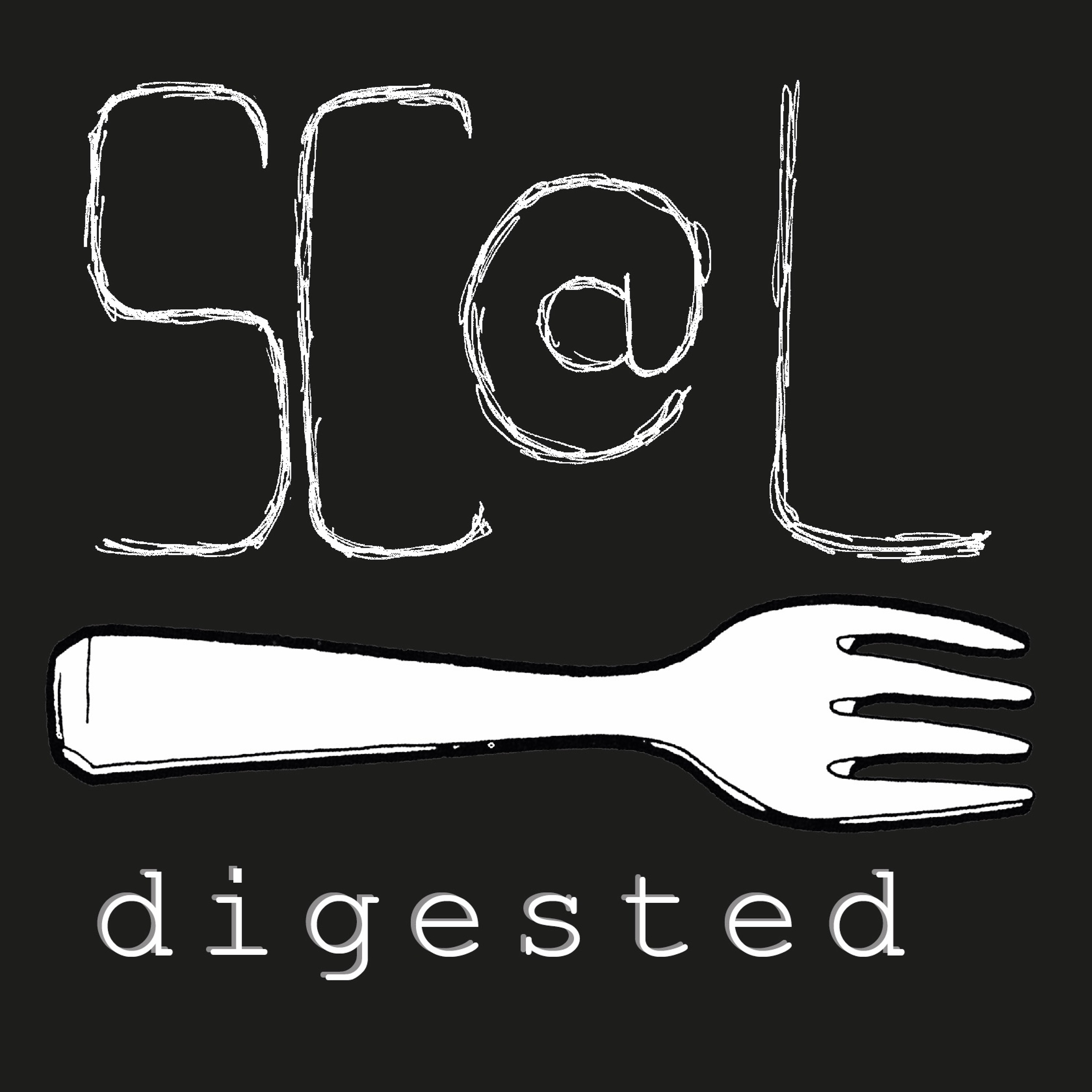
StemCells@Lunch DigestedEpisode 79 - Dr Pervinder Sagoo - Optimising gene therapies for rare diseasesFor this episode of stem cells @ lunch digested, PhD student Vassia Salameti interviews Dr Pervinder Sagoo, Senior Scientist at Orchard Therapeutics - a biopharmaceutical company developing stem cell gene therapies for rare diseases. Dr Sagoo talks about how she got into this role, her career path that took her from academia to commercial science and what she thinks the future of gene therapies will be…
2019-09-1308 min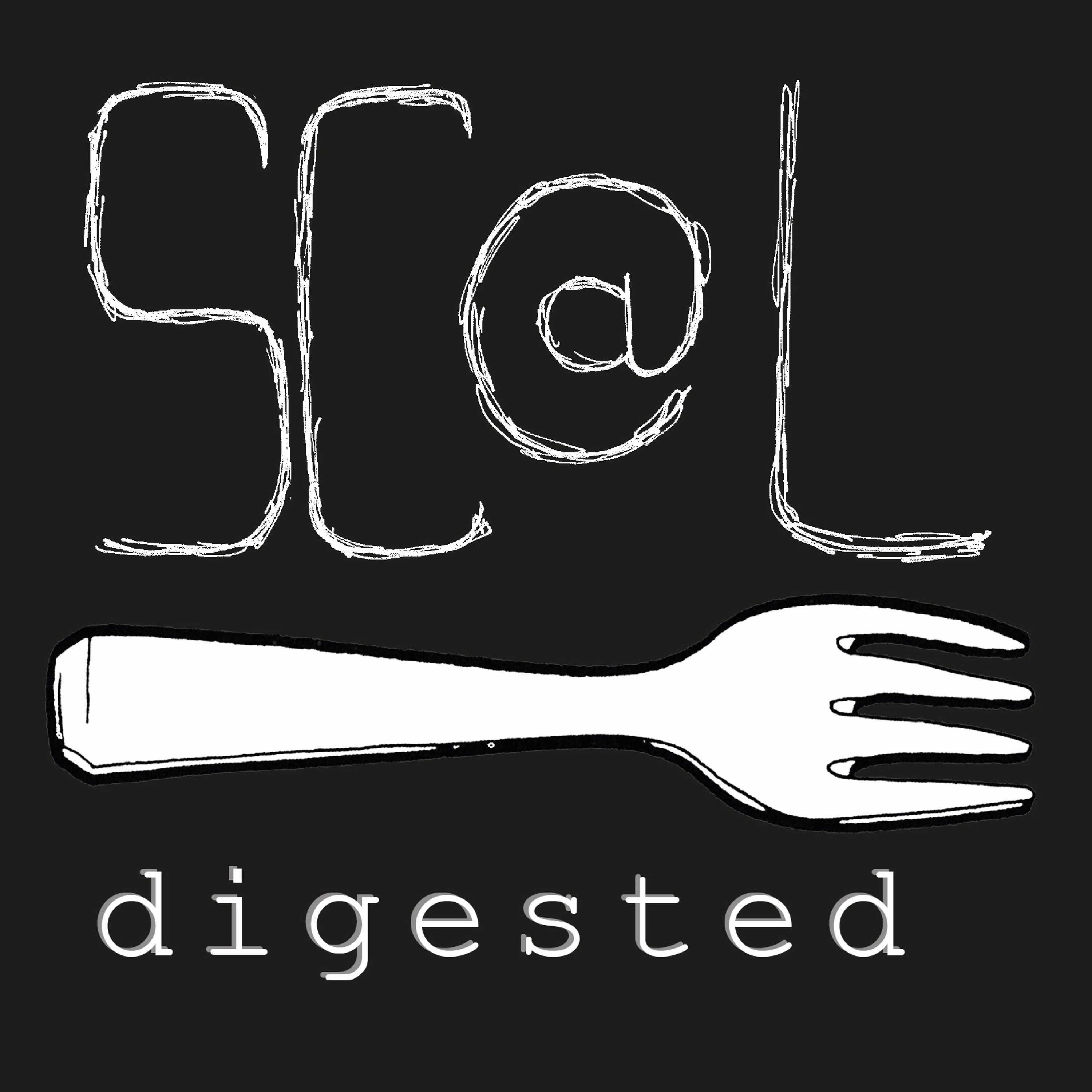
StemCells@Lunch DigestedEpisode 78 - Dr Leandro Ventimiglia - The importance of imaging living cellsIn this week’s episode of stem cells @ lunch digested, PhD Student Georgina Goss interviews Dr Leandro Ventimiglia, a Research Asociate at the KCL department of Infectious Diseases. He discusses his work looking at the mechanisms that control the morphology of the cell nucleus and what conditions arise when there are defects in this organelle, what imaging and microscopy techniques that he is using to visualise this, and what advice would he give to someone starting their career in research...
School of Immunological and Microbial Sciences
@kclimmuno @nikoncentre @nikon
2019-08-2708 min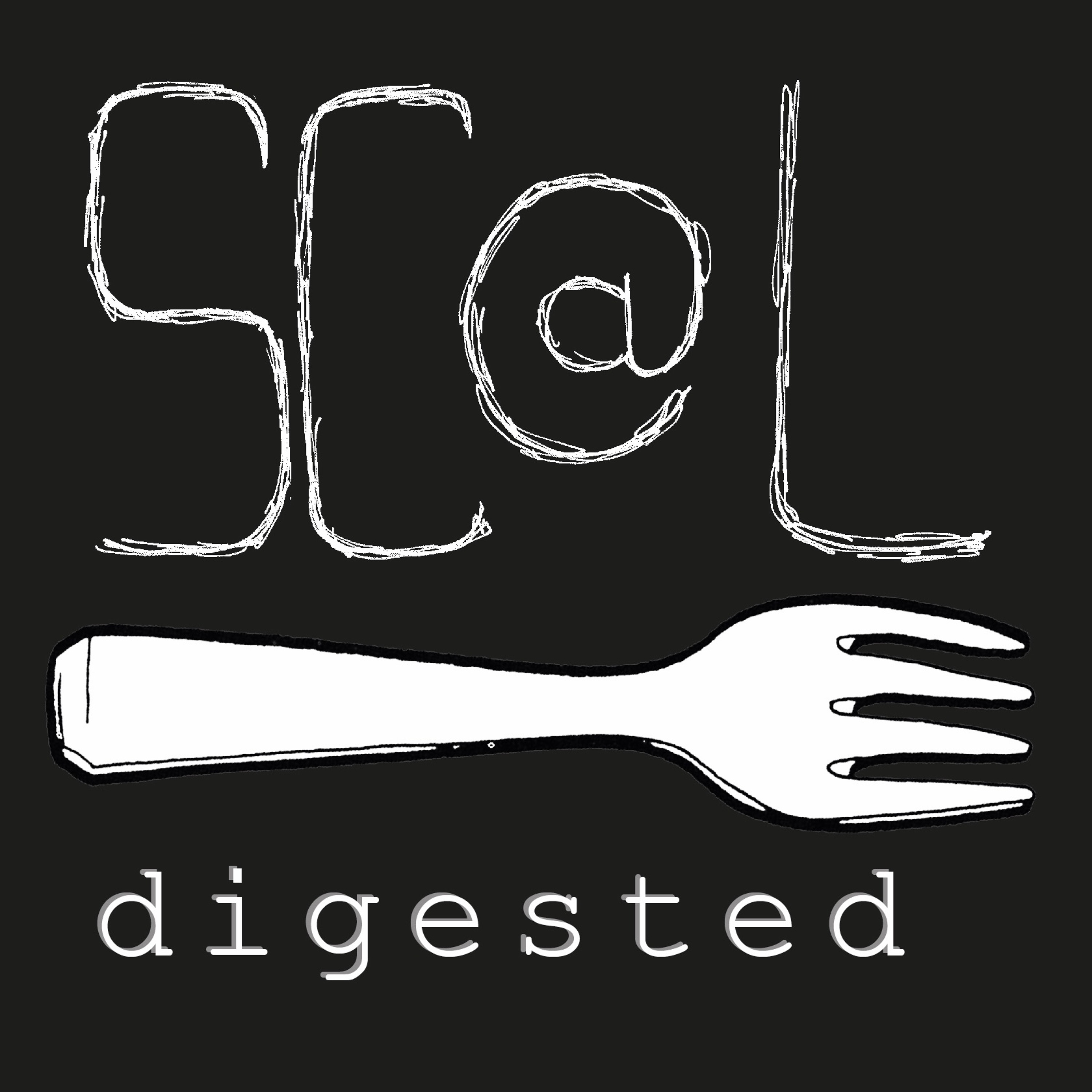
StemCells@Lunch DigestedEpisode 77 - Dr Heiko Wurdak - How do stem cells help to understand brain tumors?Today’s episode of SC@L digested features Dr Heiko Wurdak, Lecturer at the University of Leeds, interviewed by PhD student Ieva Berzanskyte. Ieva asks how stem cells help him to model brain tumors in the lab and how his research could help develop future treatments for brain tumors…
For more information on his research follow this link:https://medicinehealth.leeds.ac.uk/medicine/staff/905/dr-heiko-wurdak
2019-08-2004 min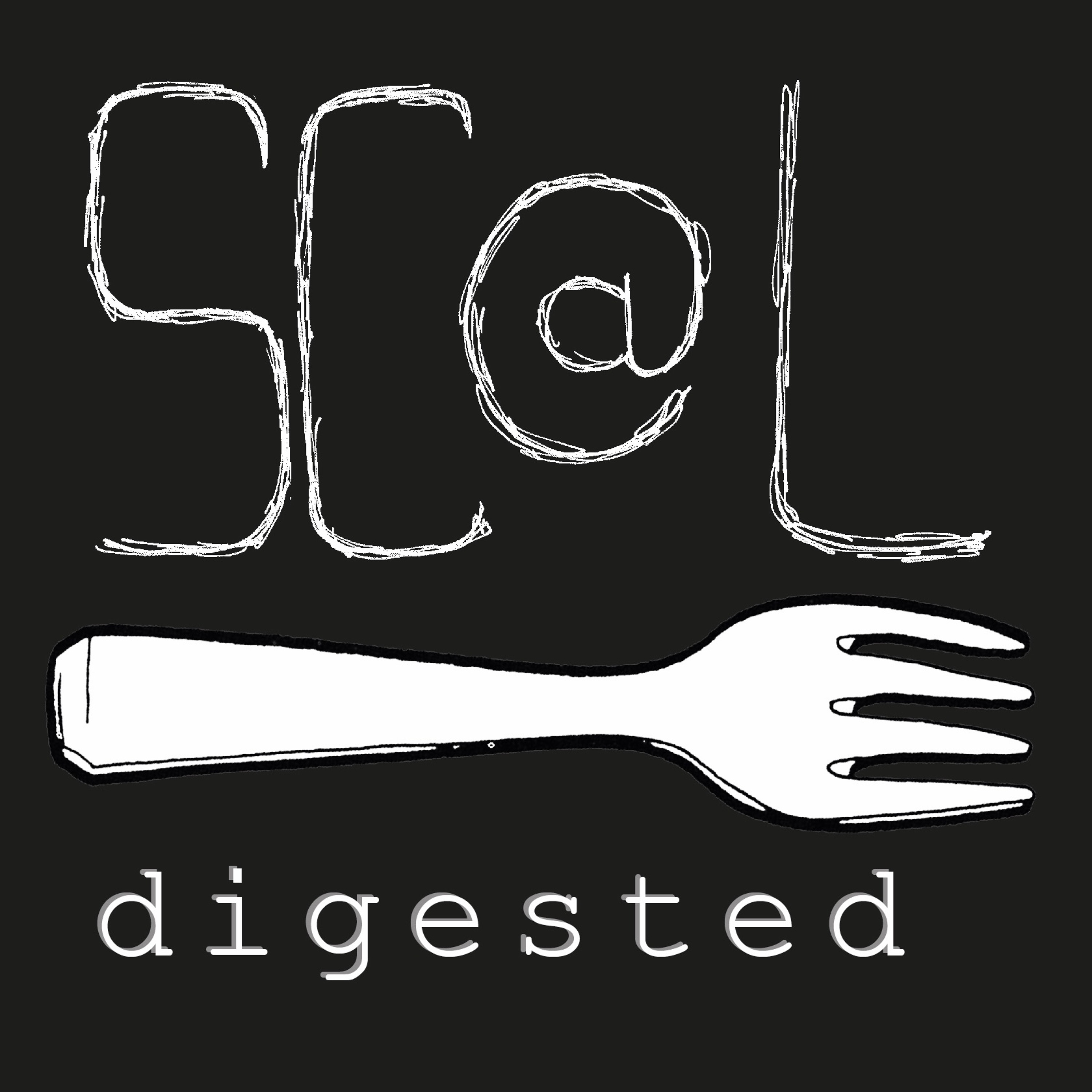
StemCells@Lunch DigestedEpisode 76 - Dr Tamas KorcsmarosToday’s episode of SC@L digested sees Public Engagement Officer Jessica Sells interview Dr Tamas Korcsmaros, Group Leader at both the Earlham & Quadram Insititutes. He talks about how he uses organoids to investigate how the microbiome influences our gut cells and health, the efficacy of superfood probiotics, and his involvement in outreach organisations such as the Hungarian and International Talent Support Programme.
To find out more about Dr Korcsmaros work please follow this link:https://www.earlham.ac.uk/tamas-korcsmaros
2019-08-1320 min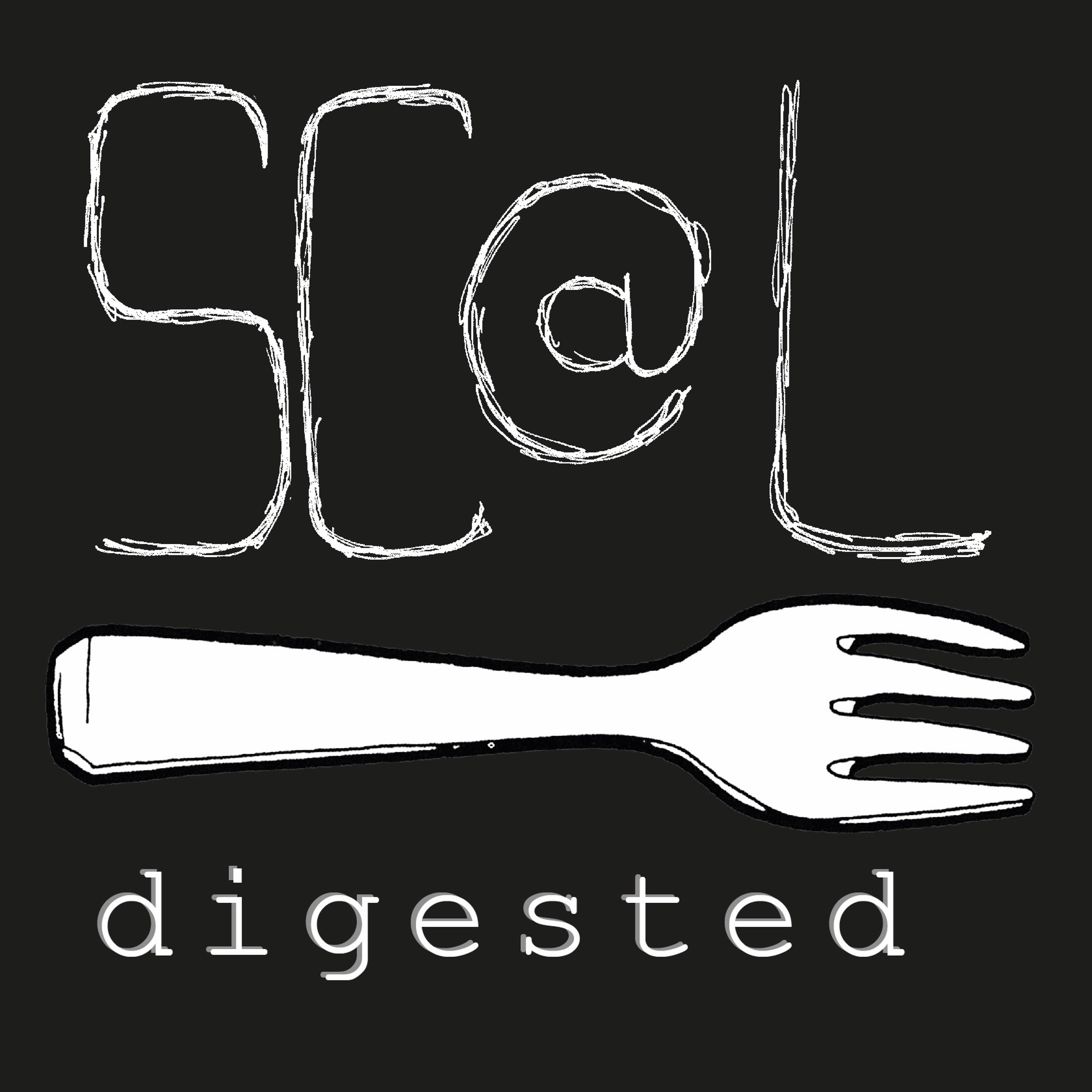
StemCells@Lunch DigestedEpisode 75 - Dr Xinyi (Beibei) Du - Can mapping single cells lead to new acne treatments?In this episode of Stem Cells @ Lunch digested, PhD student Ella Hubber interviews Clinical Research Fellow Dr Xinyi (Beibei) Du. She talks about how her dermatology training led her to start research skin as part of the Human Cell Atlas using single cell RNA sequencing, the importance of involving patients in research, and the transition from working in the clinic to the lab…
2019-07-3113 min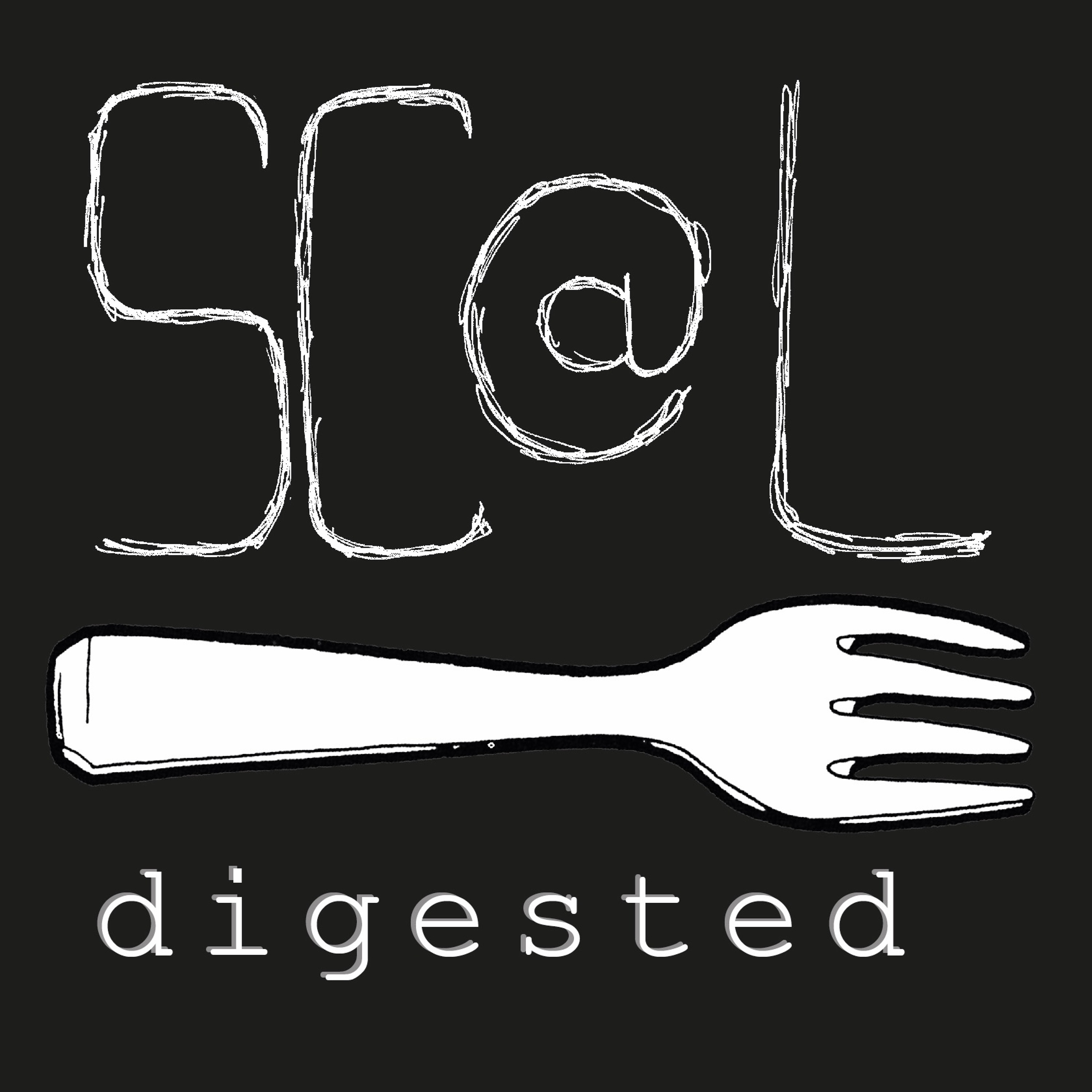
StemCells@Lunch DigestedEpisode 74 - Prof Nico De LeuFor this episode of SC@L digested, PhD student Ana Maria Cujba interviews Professor Nico De Leu from the University Hospital of Brussels. He talks about the challenges of combing clinical work and lab work, and his research on the role of a growth factor (VGFA) on the function of beta cells which produce insulin in the pancreas, and how the growth factor is involved in vascularisation of beta cell transplants for patients with diabetes...
2019-07-2309 min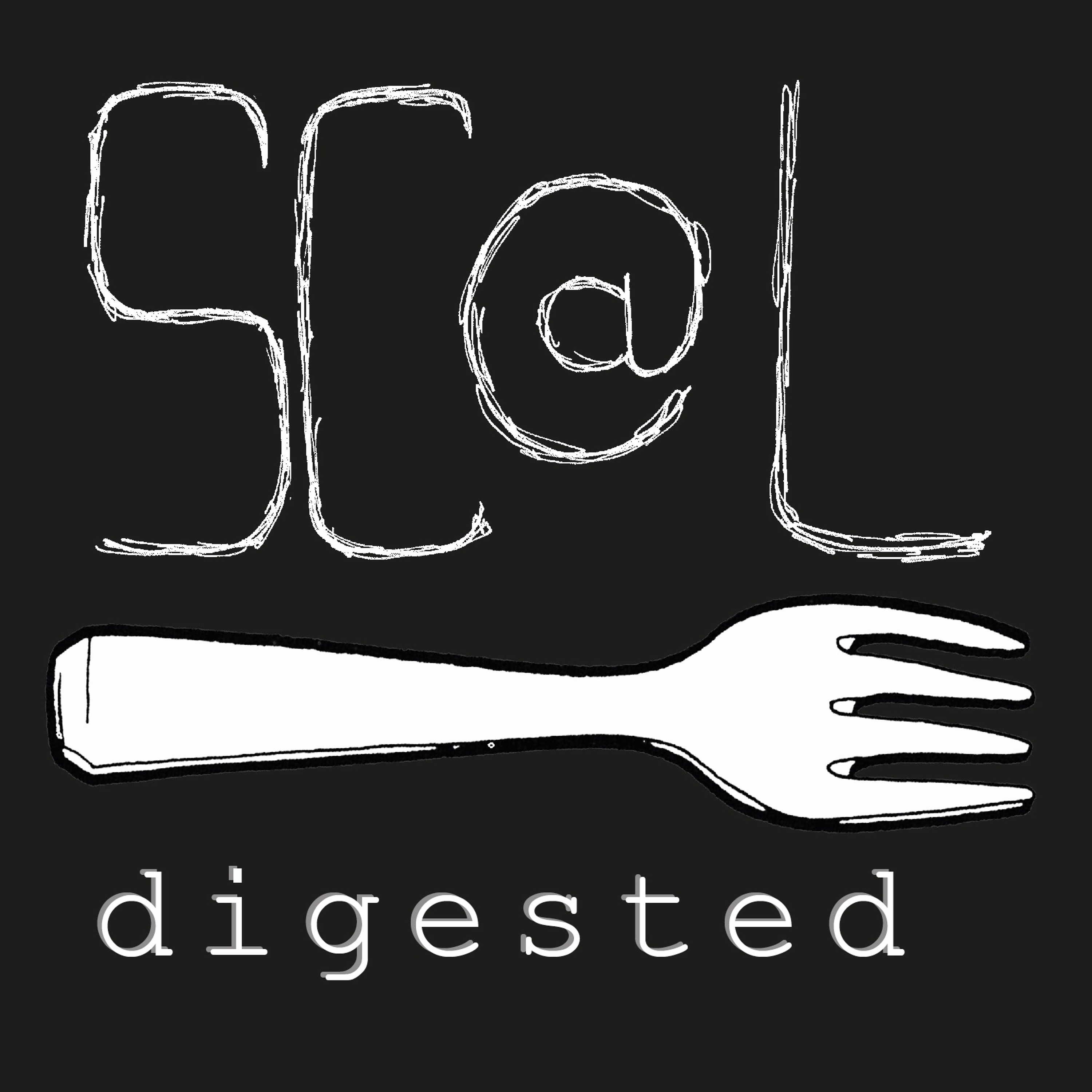
StemCells@Lunch DigestedEpisode 73 - Dr Luca UrbaniThis week’s episode of SC@L digested is all about the liver! CSCRM’s Public Engagement Officer Jessica Sells talks to Dr Luca Urbani about his work using tissue engineering to replicate functioning livers to study liver diseases and regeneration….
For more information of Dr Urbani's work please follow this link: http://www.liver-research.org.uk/ourstaff/luca-urbani.html
2019-07-1607 min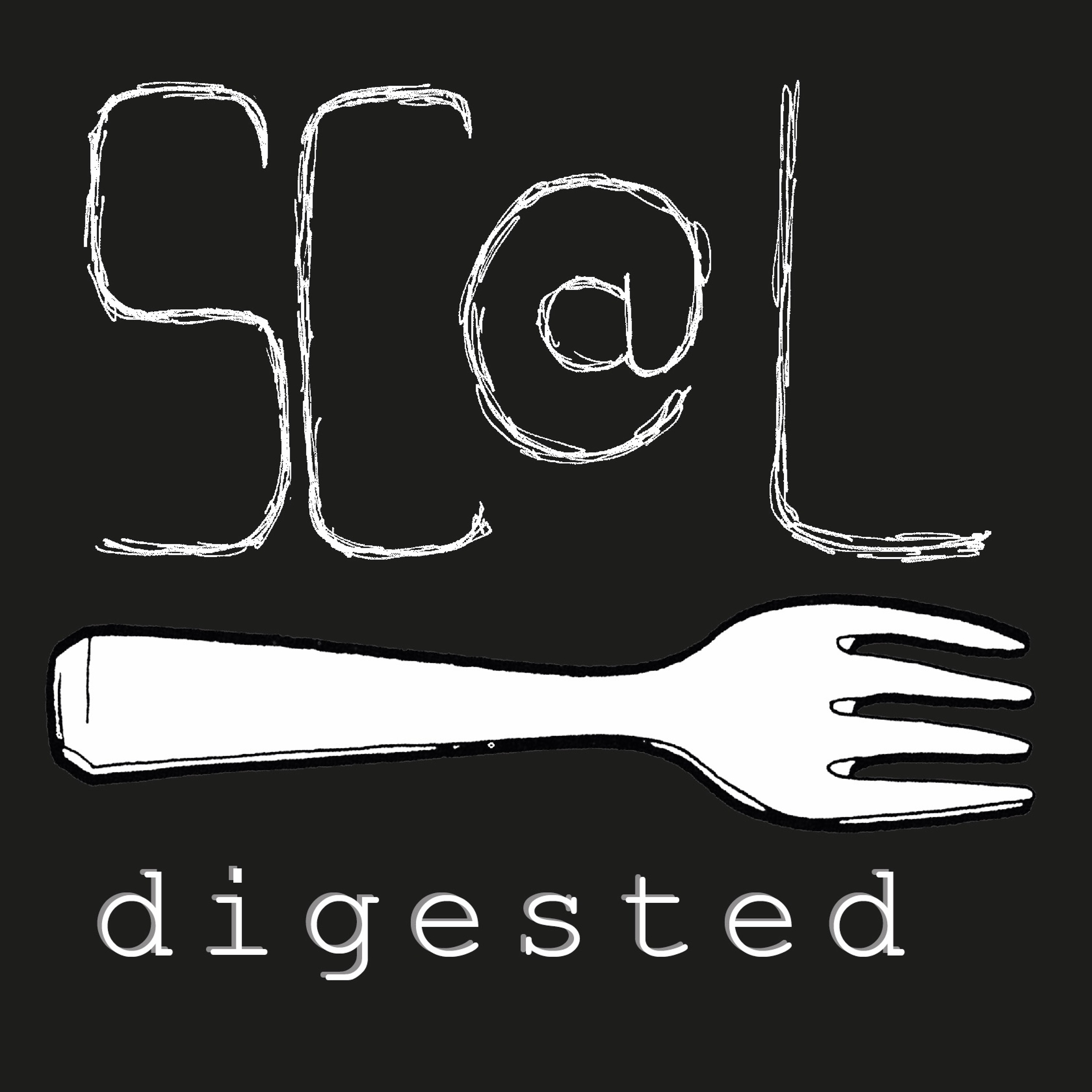
StemCells@Lunch DigestedWellcome Trust PhD 2018 Cohort.In this special episode of Stem Cells @ Lunch Digested, CSCRM Public Engagement Officer Jessica Sells speaks to the Wellcome Trust "Cell Therapies and Regenerative Medicine" 4 year PhD programme 2018 cohort about their experience co-writing a review.
The review titled: "Mechanisms, Hallmarks, and Implications of Stem Cell Quiescence" was published in Stem Cell Reports, and will be featured in the special June edition of the publication to tie in with the International Society for Stem Cell Research 2019 conference.
The interview features Wladislaw Stroukov, Jana Obajdin, Prudence Lui, Thea Willis and Federica Riccio. Unfortunately, fellow cohort member Inchul Cho was unable to attend.
...
2019-06-1714 min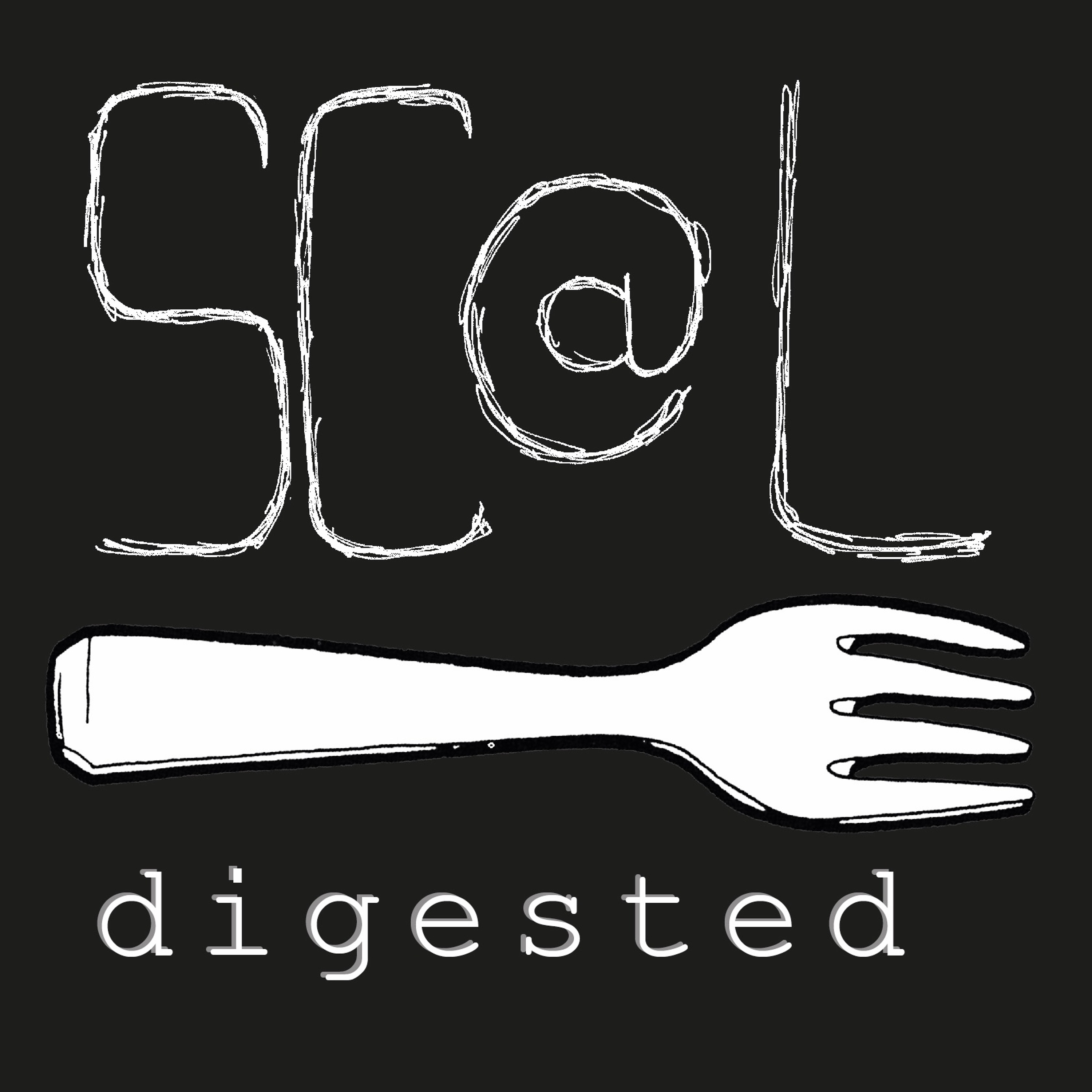
StemCells@Lunch DigestedEpisode 72 - Dr Kevin ChalutHow do stem cells decide to make copies of themselves or become something different? Does mechanical signalling influence how stem cells make decisions? How is the timing of these irreversible changes happen from a physics perspective? Hear Dr Kevin Chalut from the Cambridge Stem Cell Institute discuss his work in this field with PhD student Gabby Clarke.
To find out more about his research follow this link: https://www.stemcells.cam.ac.uk/research/pis/chalut
2019-05-3116 min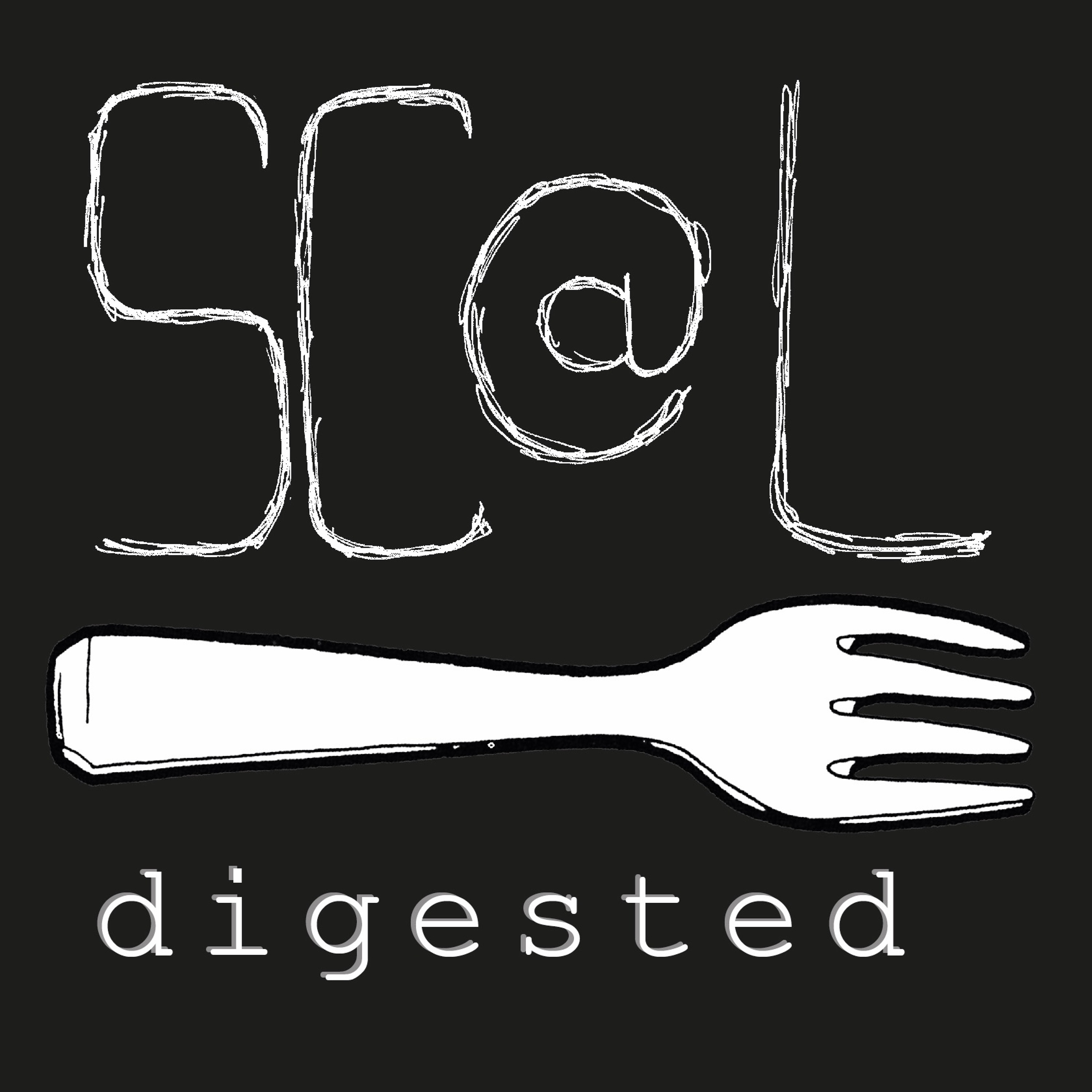
StemCells@Lunch DigestedEpisode 71 - Professor Trevor GrahamFor this episode of SC@L digested, PhD student Inês Tomás interviews Dr Trevor Graham from the Barts Cancer Institute about his career path, fusing mathematics and biology, difficulties in modelling cancer, and the hunt for the cure….
for more information about his research follow this link:https://www.bci.qmul.ac.uk/staff/item/trevor-graham
2019-05-1407 min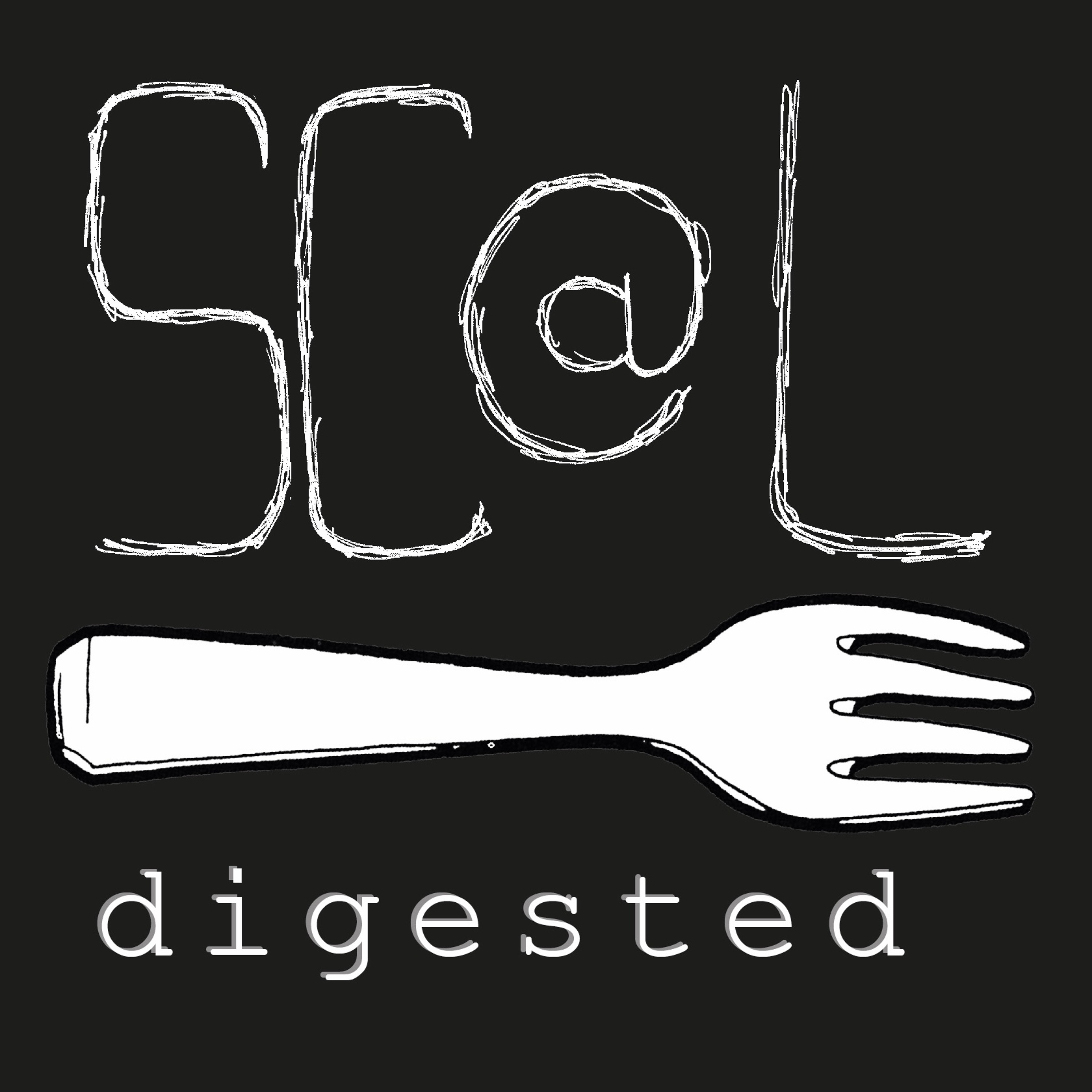
StemCells@Lunch DigestedEpisode 70 - Dr Kate MiroshnikovaIn the latest episode of SC@L digested, PhD student Sergi Junyent interviews Dr Kate Miroshnikova from the Wikstrom Lab at the University of Helsinki. She talks about how she got into bioengineering, her PhD diagnosing cancer by the biophysical properties of cells, and her current work on how physical forces moderate stem cell differentiation...
2019-04-0910 min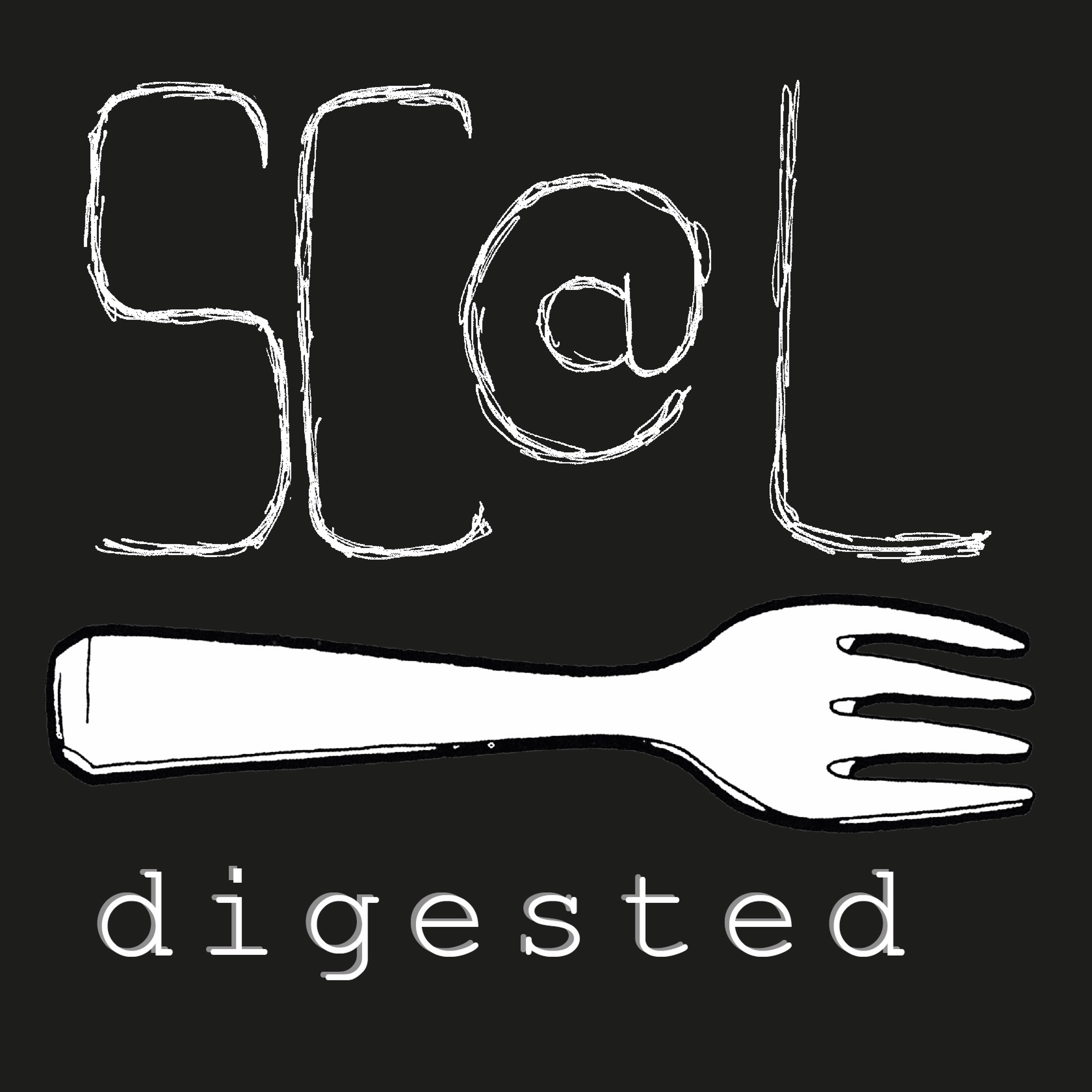
StemCells@Lunch DigestedEpisode 69 - Dr Vasanta SubramanianIn today’s SC@L digested episode, PhD student Steph Hynes interviews Dr Vasanta Subramanian from the University of Bath, who talks about her career path and her work on the role of the protein TALPID3 in the development of cilia and rare diseases called ciliopathies, and how targeting this protein could lead to potential therapies for these conditions....
For more information about her research follow this link: researchportal.bath.ac.uk/en/persons/v…-subramanian
2019-04-0207 min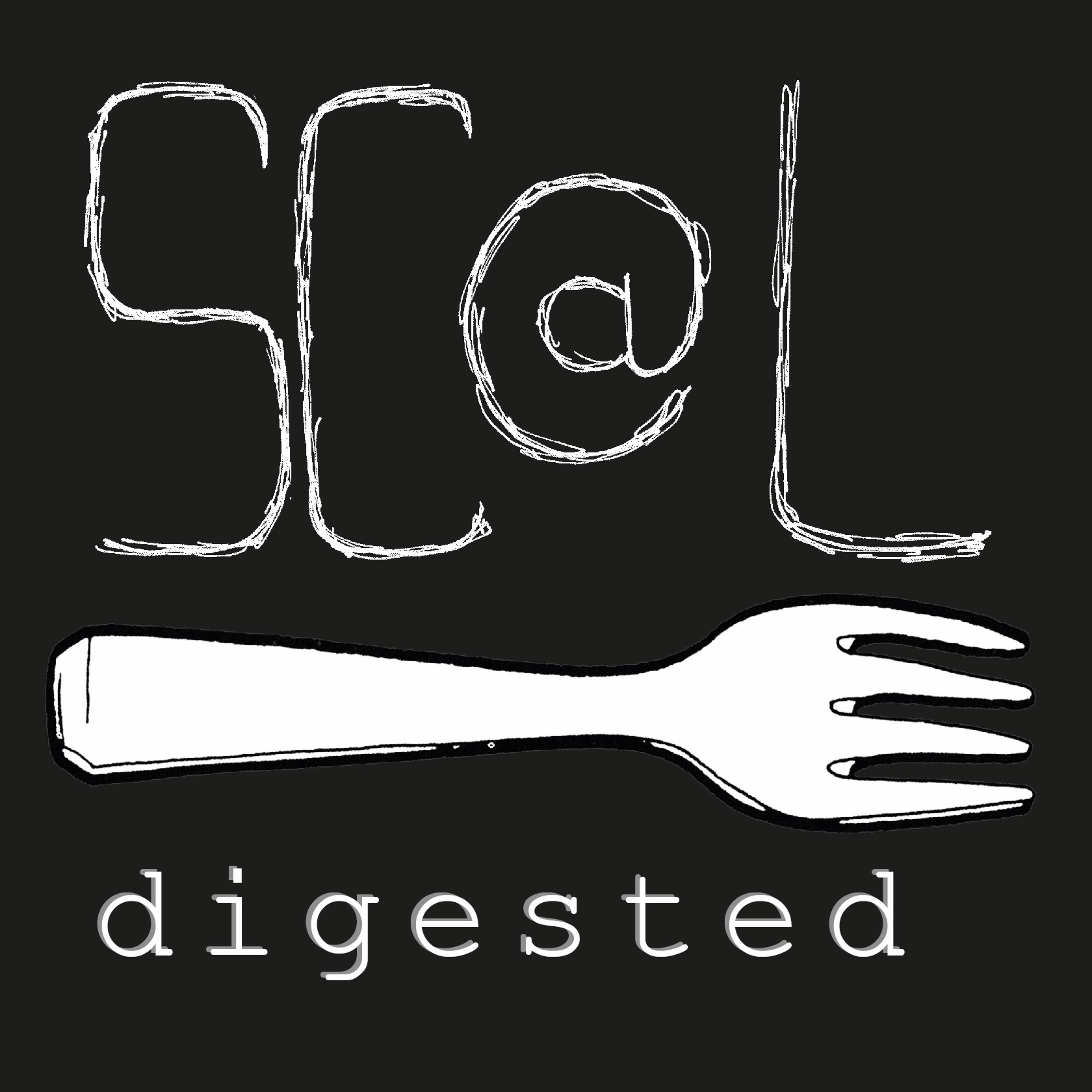
StemCells@Lunch DigestedEpisode 68 - Dr Anatoly ZayatsIn this episode of SC@L digested PhD student Xinyi Du interviews Dr Anatoly Zayats from the London Nanotechnology Centre, who tells us about his interesting and international career path, what nano technology is & where you come across it in every day life, & how to apply it to healthcare and data processing...
For more information about his research follow this link: https://www.kcl.ac.uk/nms/depts/physics/people/academicstaff/zayats
2019-03-2614 min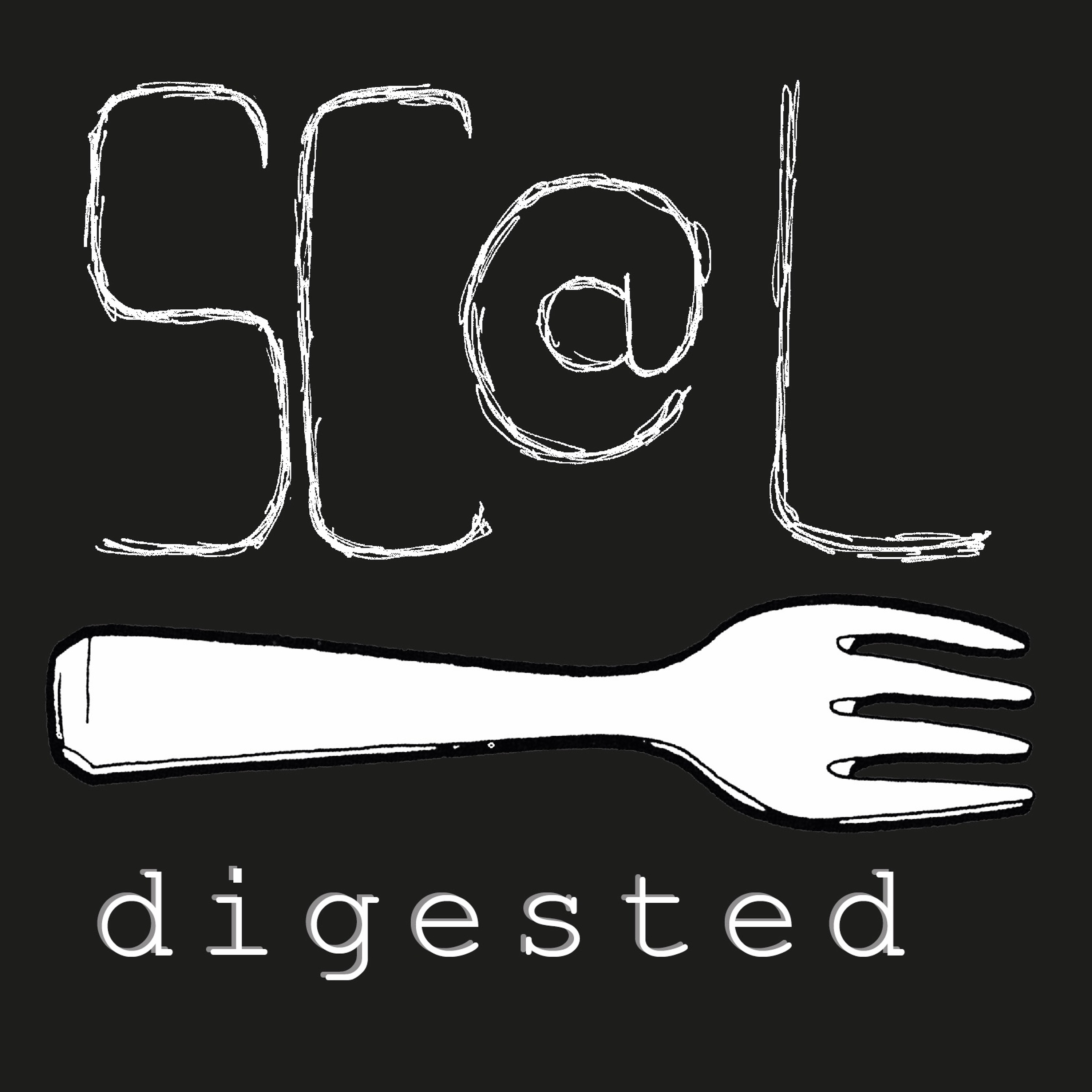
StemCells@Lunch DigestedEpisode 67 - Dr Clarisse GanierFor today’s SC@L digested podcast episode, PhD student Daria Belokhvostova interviews Dr Clarisse Ganier, a post doctoral researcher who recently joined the Centre for Stem Cells & Regenerative Medicine. She talks about her PhD project developing potential therapies for the rare skin disease Recessive Dystrophic Epidermolyis Bullosa (RDEB), also known at butterfly skin, and her also her current work for the Human Cell Atlas project.
2019-03-1909 min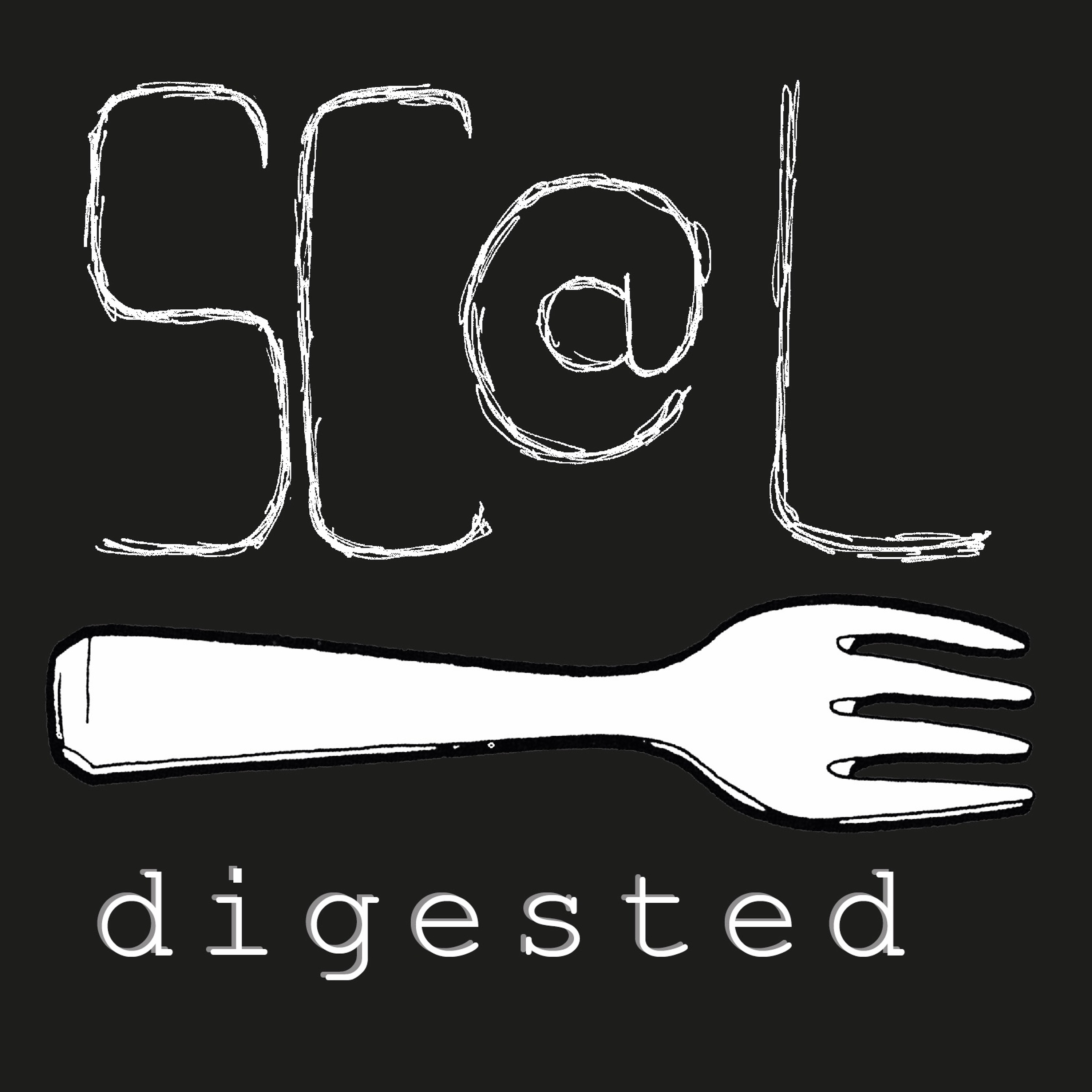
StemCells@Lunch DigestedEpisode 66 - Dr Rebecca BarlowWe have a special episode of SC@L digested for International Women's Day!
Dr Rebecca Barlow, Strategy and Planning Manager at the Medical Research Council came and spoke to Jessica Sells about her career path and about setting up Women’s Networks, what they are and why they are important to have in the workplace.
2019-03-0812 min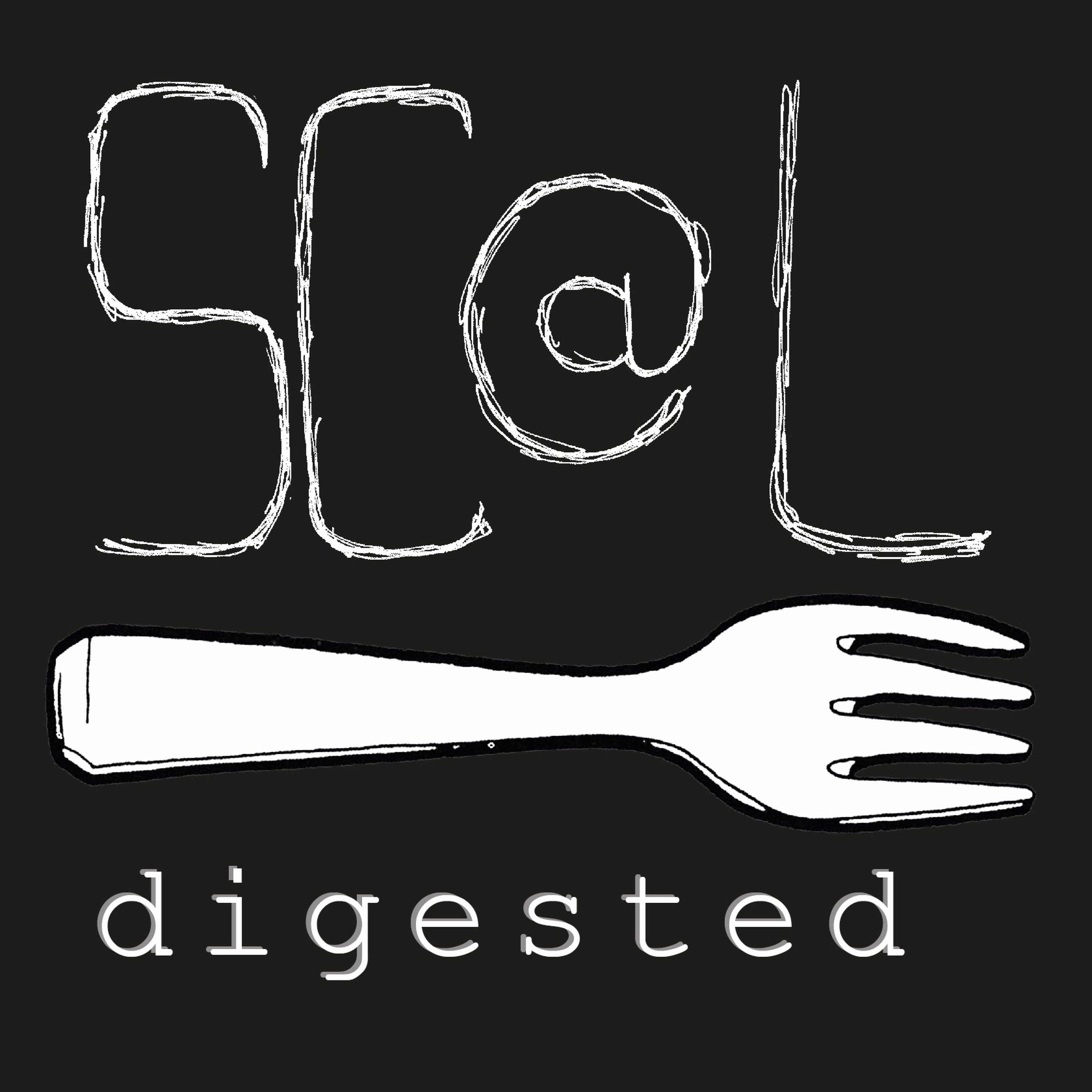
StemCells@Lunch DigestedEpisode 65 - Professor Sami BarmadaThis week's episode sees Dr Davide Danovi interview Professor Sami Barmada from the University of Michigan about his research into amyotrophic lateral sclerosis and frontotemporal dementia, and how stripping science back to basics can lead to big discoveries!
For more information about his work please follow this link: https://medicine.umich.edu/dept/neurology/sami-barmada-md-phd
2019-03-0406 min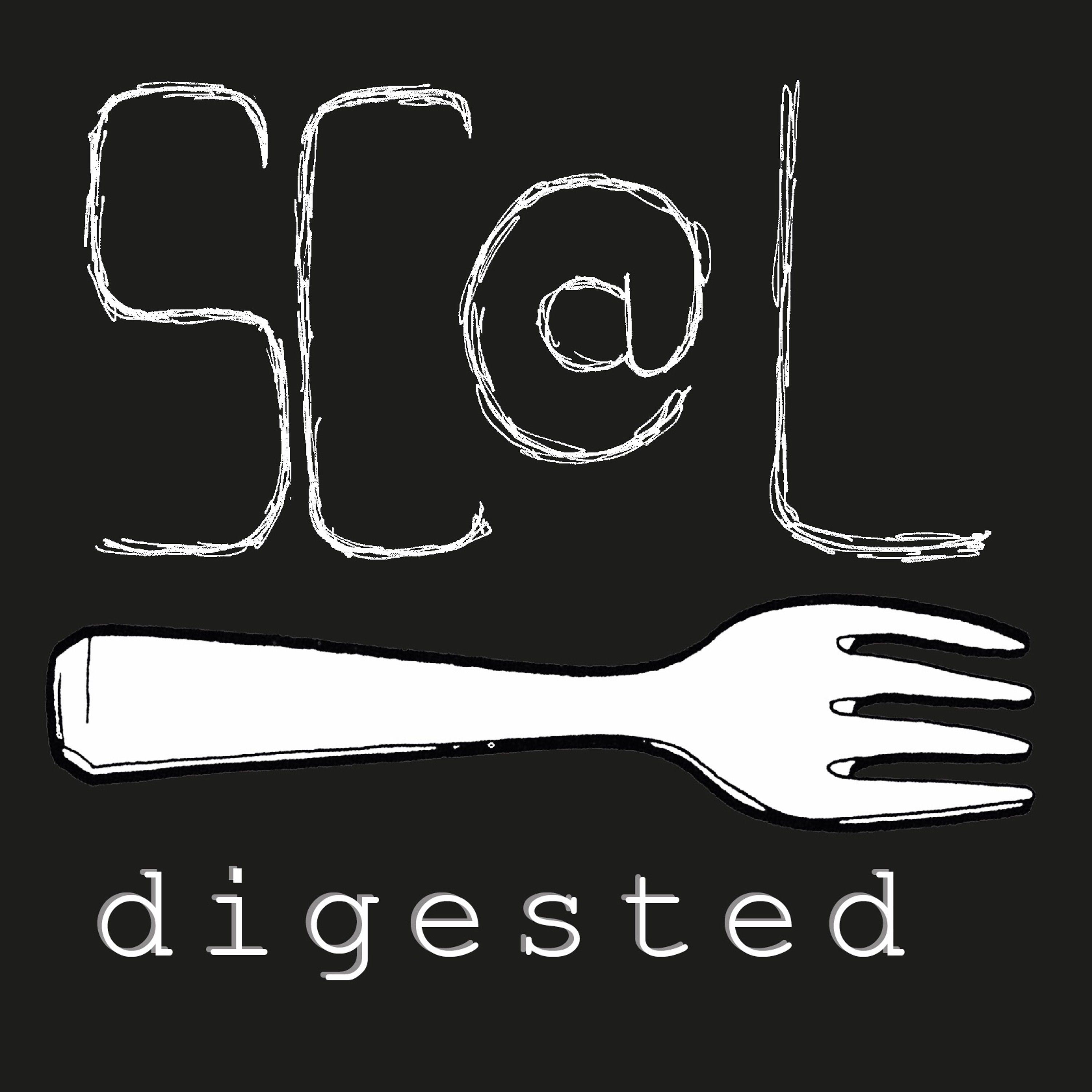
StemCells@Lunch DigestedEpisode 64 - Dr Guillaume BlinWelcome to this week’s episode of stem cells at lunch digested. Today, PhD student Sergi Junyent interviews Dr Guillame Blin about his career history, growing cells on matrixes of various stiffness to see how cells differentiate and why he moved to Edinburgh to pursue his research on how embryos develop and organise their cells
For more information about his research follow this link: http://www.crm.ed.ac.uk/people/guillaume-blin
2019-02-2611 min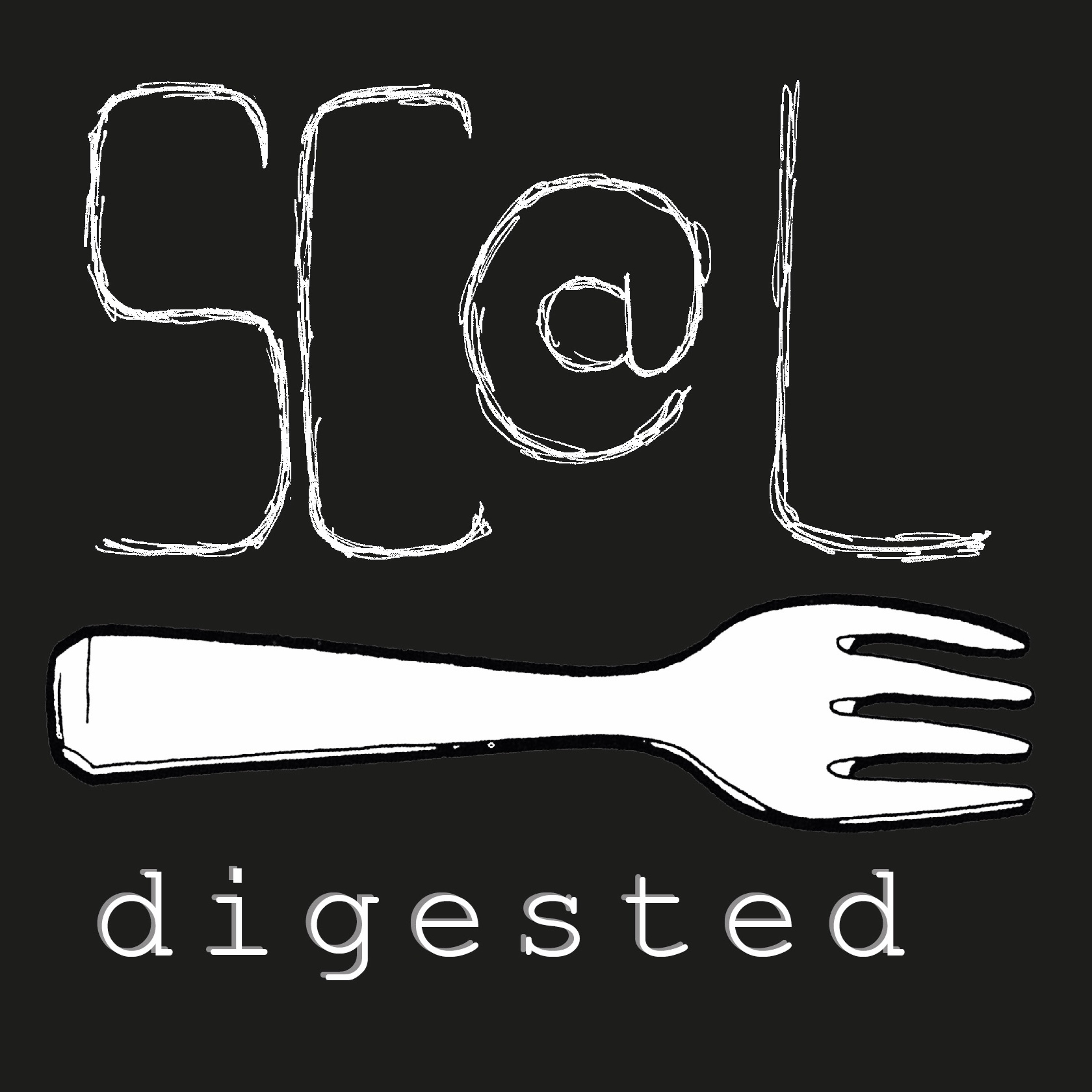
StemCells@Lunch DigestedEpisode 63 - Dr Markus DiefenbacherFor this episode of SC@L digested, Jessica Sells speaks to Dr Markus Diefenbacher, a Principle Investigator from University of Würzburg.
He talks about his career path in genetics, using patient data to model diseases, and the possibility of translating his work into potential treatments....
For more information about his work follow this link:https://www.uni-wuerzburg.de/grk2243/people/principal-investigators/markus-diefenbacher/
2019-02-0406 min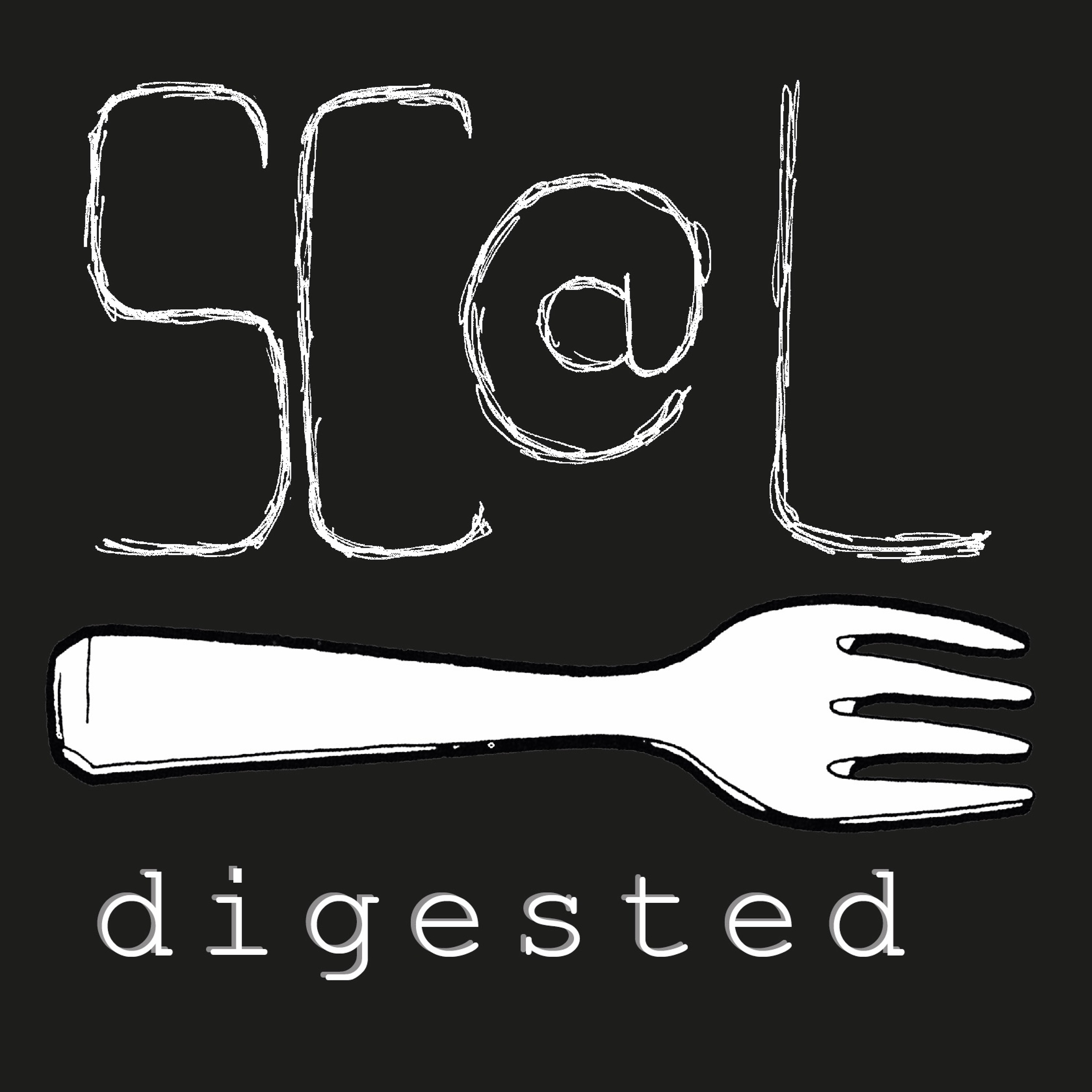
StemCells@Lunch DigestedEpisode 62 - Professor Oron Catts And Dr Ionat ZurrThis Week’s SC@L digested is a little bit different, featuring world renowned bio-artists and tissue engineering Research Fellows Oron Catts and Ionat Zurr. They talk about their fascinating journey of how and why they came into the world of bioart, their experience of working with scientists and learning their techniques, being the first people to grow and eat lab grown meat, and their latest installation for the upcoming Science Gallery London Spare parts season, supported by CSCRM researchers…
2019-01-2918 min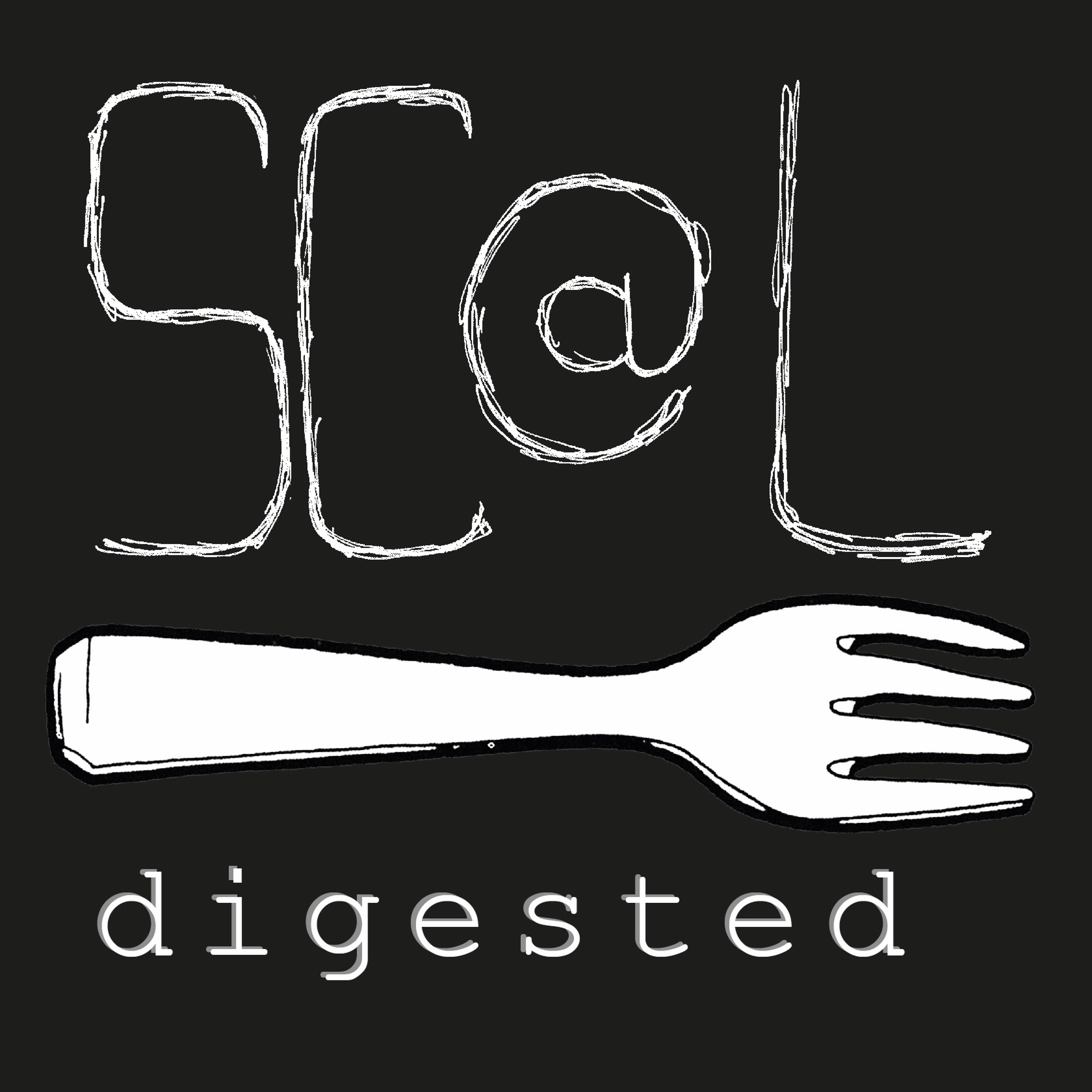
StemCells@Lunch DigestedEpisode 61 - Dr Adam PennycuickFor our latest SC@L digested episode, Jessica Sells interviews respiratory Clinician and PhD student Adam Pennycuick about his diverse career path leading to his research into the early detection of lunch cancer, analysing 20 years worth of data from pre cancerous patients, and how outcomes of this research could potentially impact the public in future. He also talks about his most recent paper that just came out in Nature yesterday, follow this link to see it yourself: https://go.nature.com/2FRVi43
2019-01-2210 min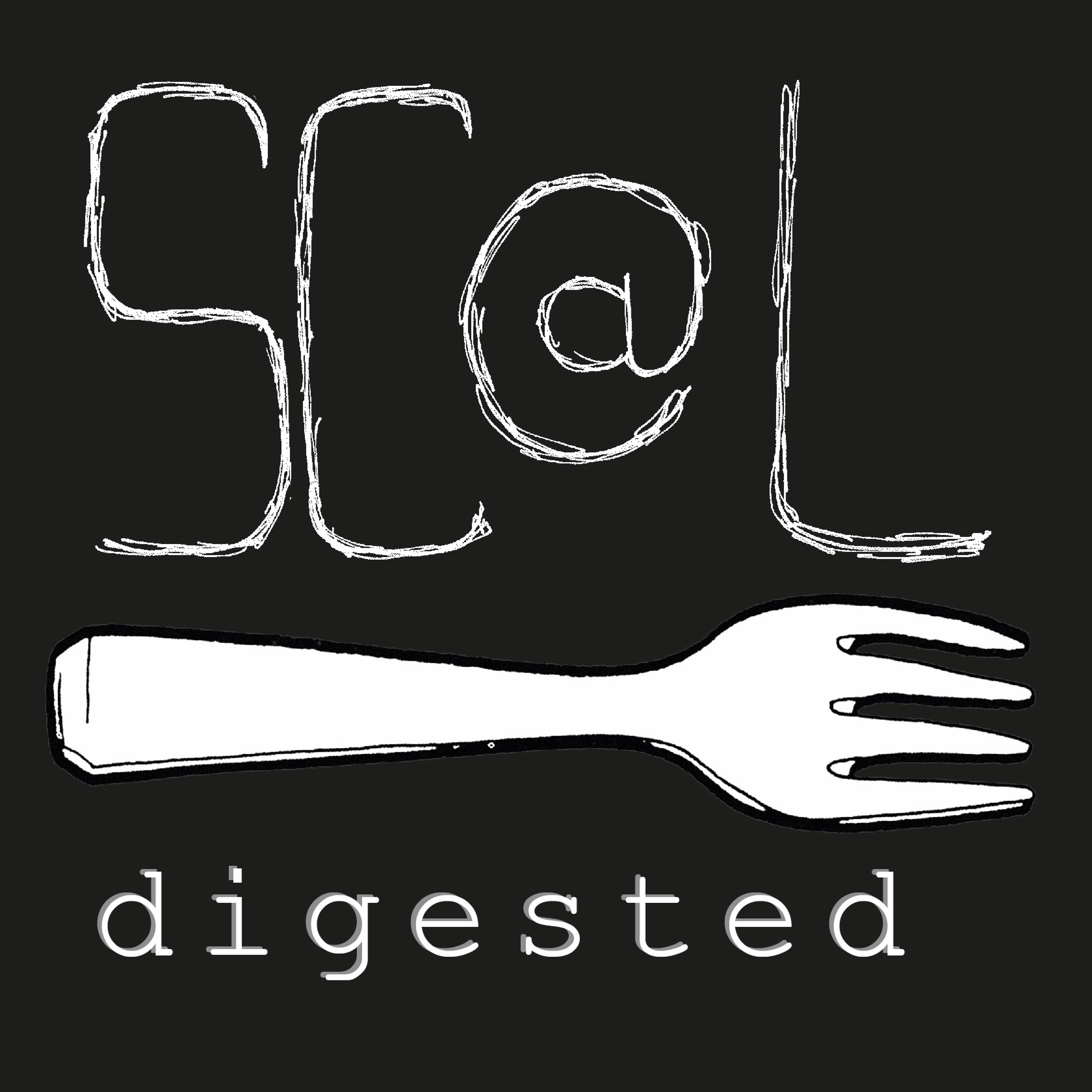
StemCells@Lunch DigestedEpisode 60 - Dr Sandrine ThuretIn this episode, Jessica Sells interviews KCL Principle Investigator and Lecturer Dr Sandrine Thuret about her international study and career path, investigating topics ranging from cereal coatings to hippocampal neurogenesis and lecturing her favourite subjects. She tells us why it is important to study how the brain makes new neurons, what the hot debate is within the field and whether attitudes towards women in science have changed much over the 12 years she has been running her own lab….
For more information about Dr Thuret's research follow this link: https://www.kcl.ac.uk/ioppn/depts/bcn/Our-research/Cells-behaviour/thuret-adult-neurogenesis/about.as
2019-01-1520 min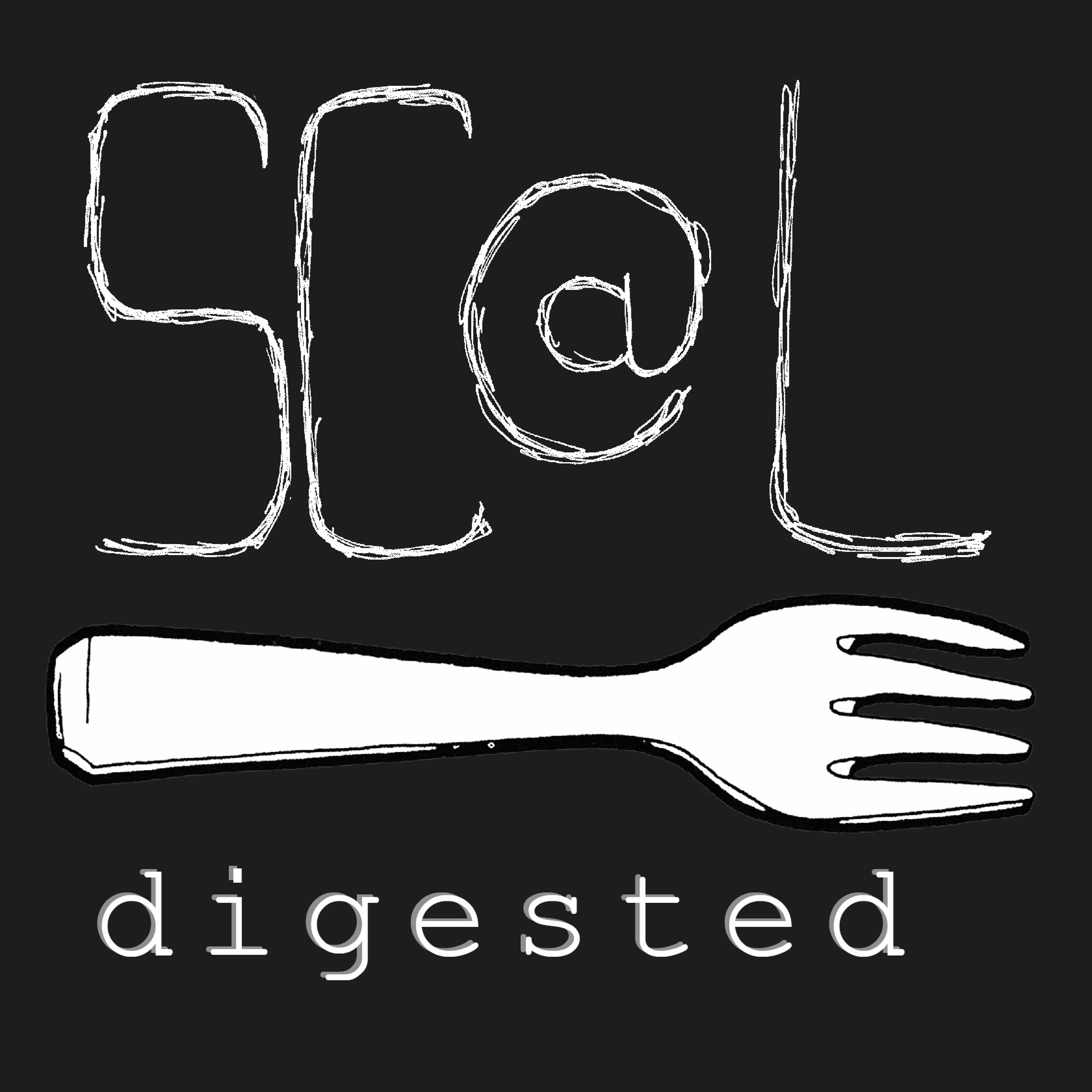
StemCells@Lunch DigestedEpisode 59 - Dr Siim PauklinThis week’s episode sees PhD student Alice Vickers interview Dr Siim Pauklin from the Botnar Research Centre at Oxford University. He talks about about his research investigating cancer stem cells which can give rise to tumors, the importance of understanding them and their function and whether these cells are a potential target for cancer treatments....
For more information about Dr Pauklin's work follow this link: https://www.ndorms.ox.ac.uk/team/siim-pauklin
2018-12-1806 min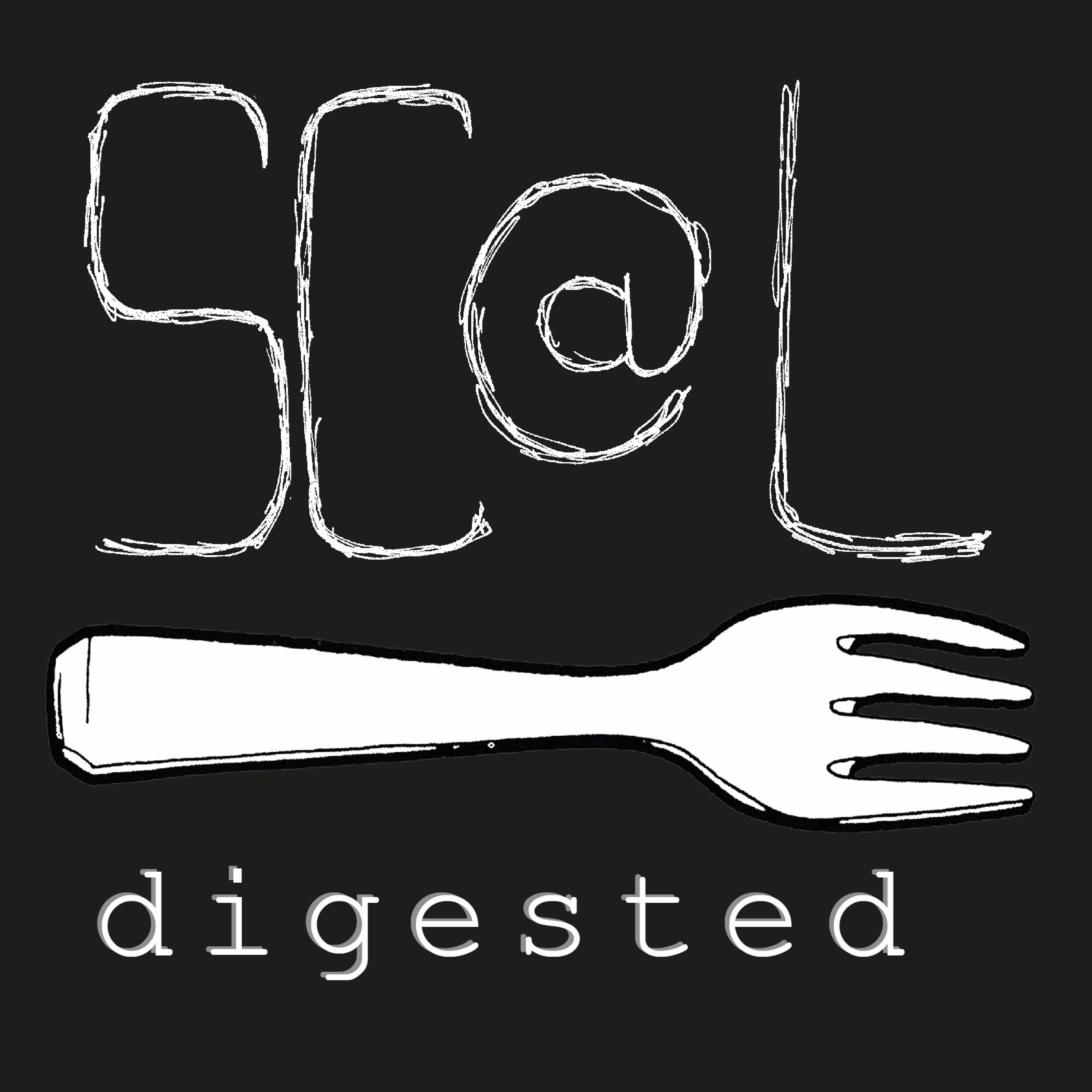
StemCells@Lunch DigestedEpisode 58 - Dr Chris LorenzIn today’s podcast episode, CSCRM Public Engagement Officer Jessica Sells interviews Dr Chris Lorenz, Lecturer and Principle Investigator in the KCL Biological Physics & Soft Matter Group. He tells about his career path, his role using computer simulations to understand properties of materials, what hydrogels are and how they can be used in combination with stem cells….
2018-12-1009 min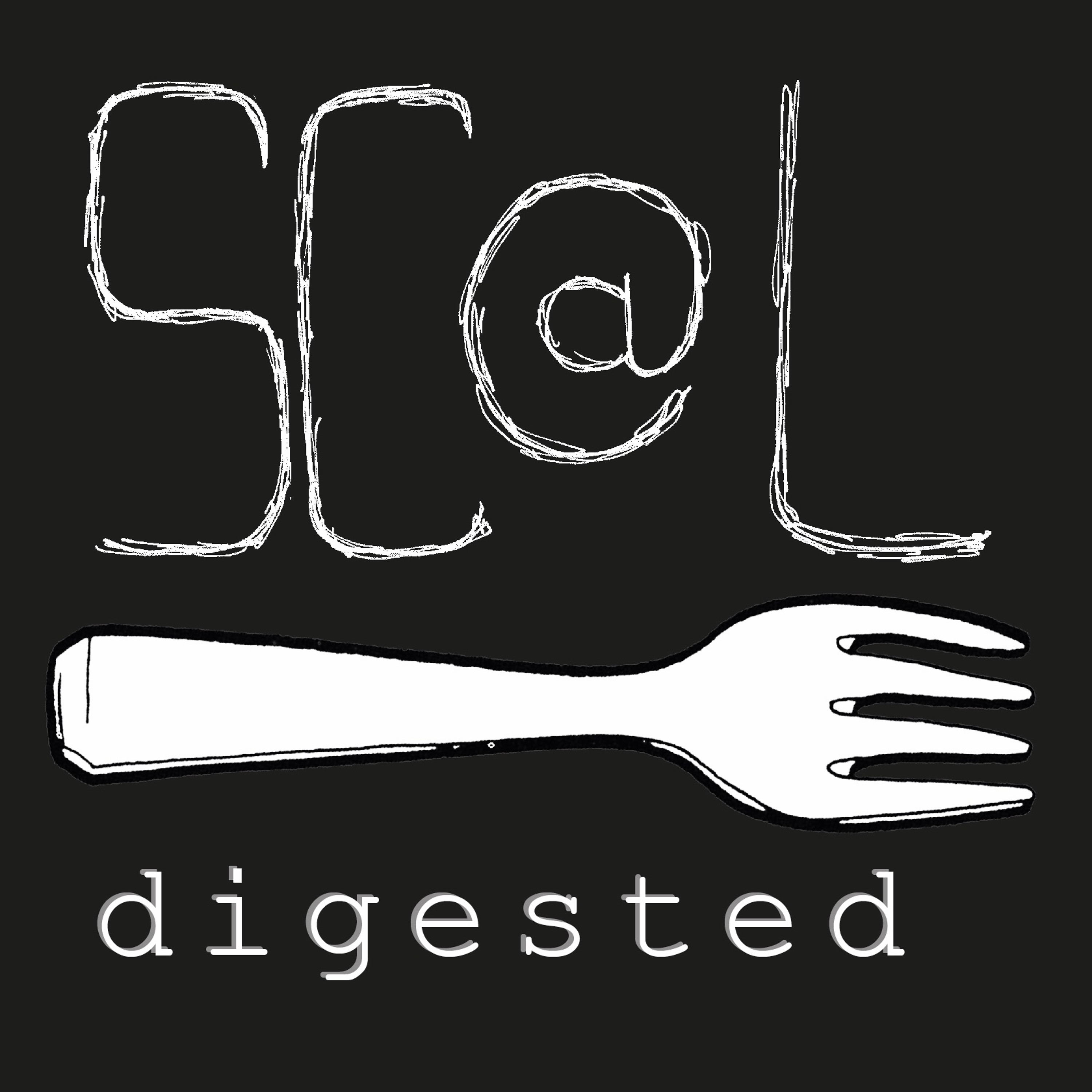
StemCells@Lunch DigestedEpisode 57 - Professor Maddy ParsonsThis week's episode sees CSCRM PhD student Geraldine Jowett interview Professor Maddy Parsons about her roles at King's (including Professor of Cell Biology and Scientific Director of the Nikon Imaging Centre)and her research into how cells stick to their environment and how that is involved in skin blistering diseases and cancer. Geraldine and Maddy also talk about the art of microscopy.....
For more information about Professor Parsons see this link: https://kclpure.kcl.ac.uk/portal/en/persons/madeline-parsons(cccc6360-8192-45ae-b192-0133f7b69299).html
2018-12-0408 min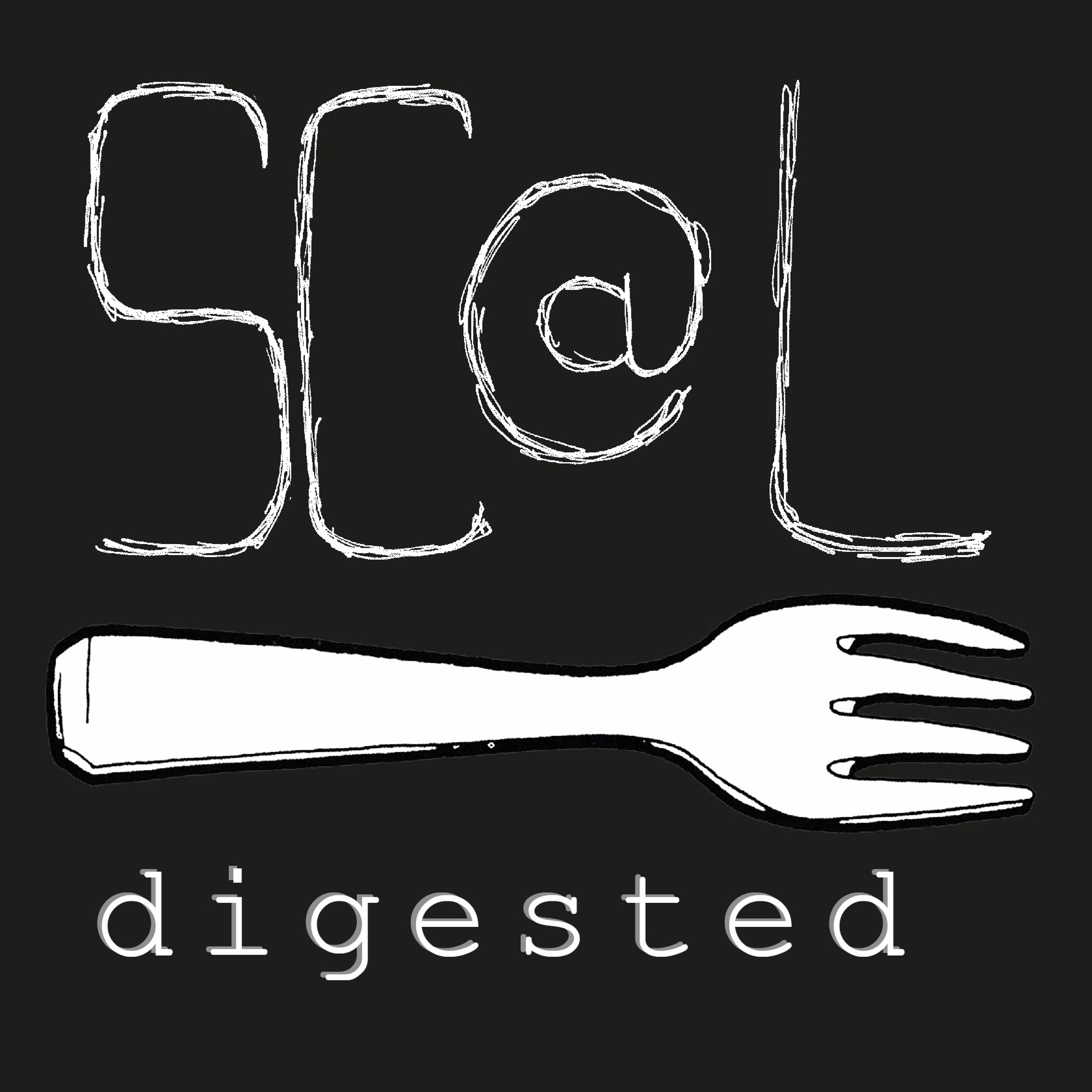
StemCells@Lunch DigestedEpisode 56 - Dr Eileen GentlemanIn today’s Stem Cells @ Lunch Digested, CSCRM PhD student Sebastiaan Zijl interviews Dr Eileen Gentleman. Eileen talks about her research combining materials with stem cells to grow 3D tissue to replace damaged or diseased tissues in patients.
For more information about Dr Gentleman's work please see this link: https://kclpure.kcl.ac.uk/portal/eileen.gentleman.html
2018-11-2708 min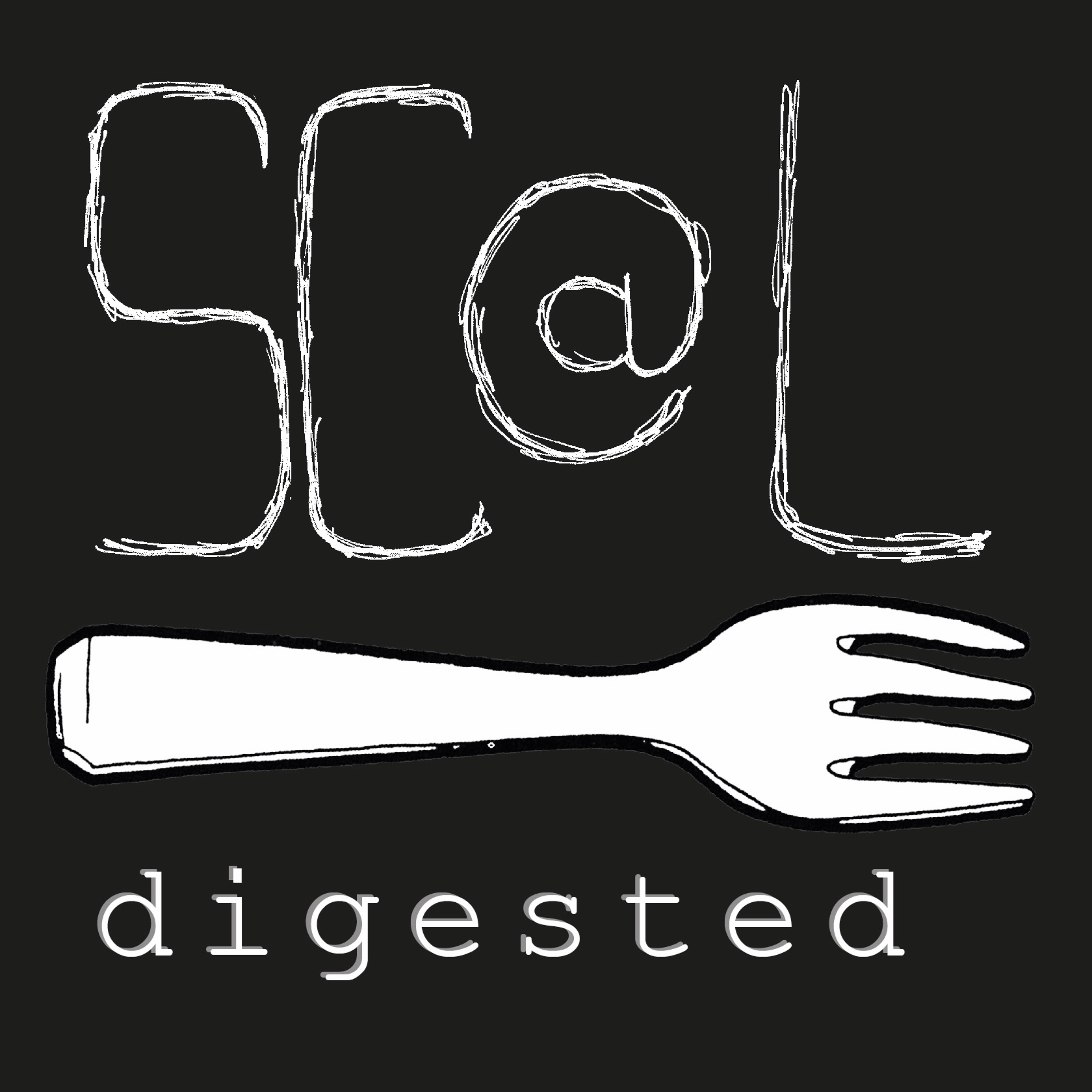
StemCells@Lunch DigestedEpisode 55 - Dr Nazia MehrbanThis week, Dr Inês Sequeira interviews Dr Nazia Mehrban about her career path spanning forensic science and criminology, to the development of biomaterials. She discusses how the smart materials she is developing will help to replace missing or diseased tissues for patients, and what her future plans are….
For more information about Dr Mehrban's work following this link: https://iris.ucl.ac.uk/iris/browse/profile?upi=NMEHR68
2018-11-2110 min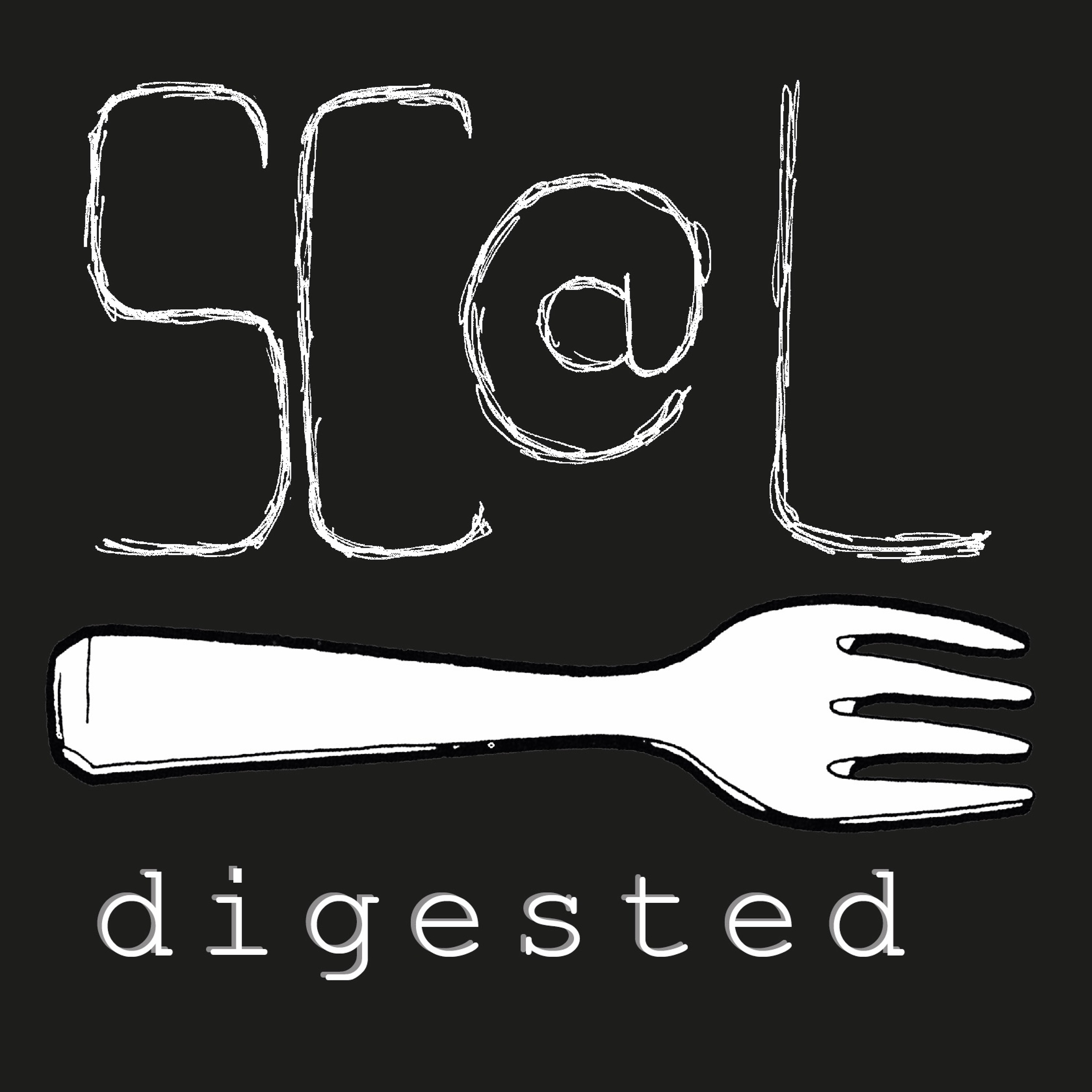
StemCells@Lunch DigestedEpisode 54 - Mr Sam BlackfordIn Stem Cells @ Lunch Digested this week, PhD student Sergi Junyent interviews fellow CSCRM PhD student Sam Blackford. Sam talks about his experience studying in science so far, why he chose to work as a research assistant prior to taking on a PhD, and his research project exploring the possibility of using stem cells to treat liver diseases, and taking this to clinical trials.
Sam completed his undergraduate degree at the University of Sussex in Neuroscience, and a masters degree at Nottingham University. From there he took on a Research Assistant post at UCL Institute of Ophthalmology before starting his...
2018-11-0609 min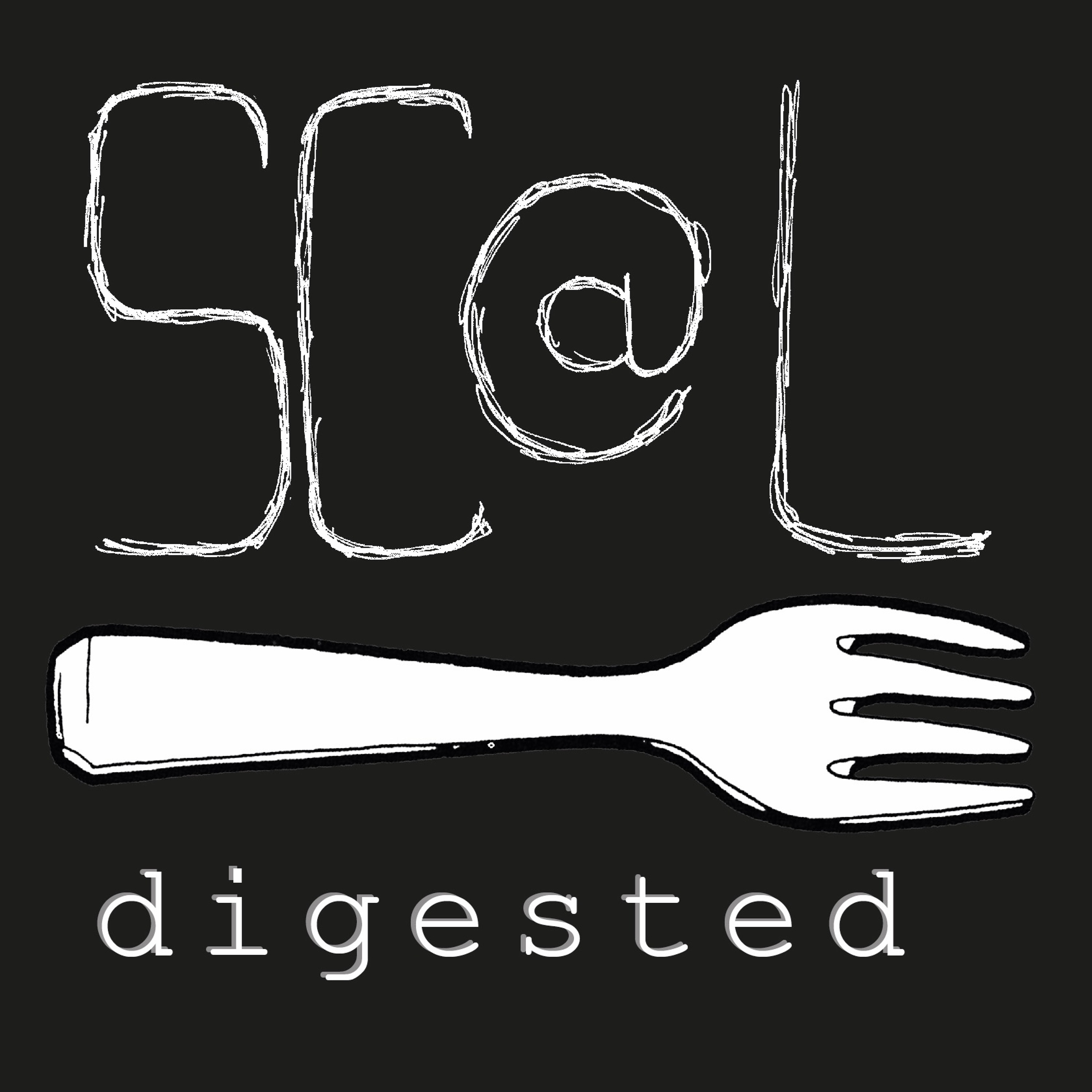
StemCells@Lunch DigestedEpisode 53 - Dr Naomi MorisThis stem cells at lunch digested episode sees CSCRM PhD student Steph Hynes interview Dr Naomi Moris about her work studying embryo development using embryonic stem cells and the magical process of how cells make decisions!
Dr Moris studied Biological Science as an undergraduate, and found herself particularly interested in developmental biology and epigenetics. After some time spent researching at Cancer Research UK London, she to Cambridge to do a PhD between the departments of Genetics and Haematology. She is currently a Postdoctoral Research Associate in the Department of Genetics, with Alfonso Martinez-Arias’ group.
For more information about her research cl...
2018-10-3003 min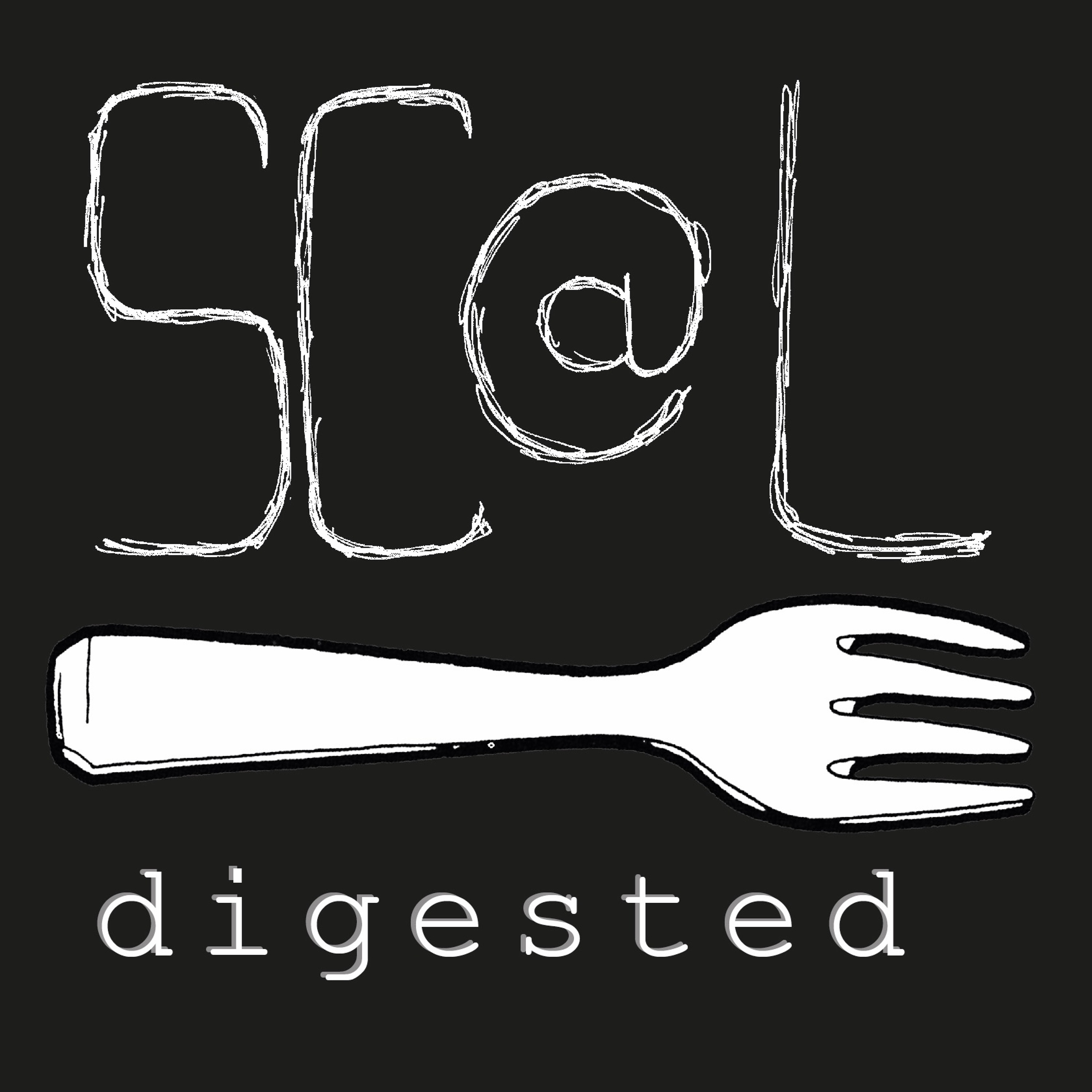
StemCells@Lunch DigestedEpisode 52 - Dr Katelyn SpillaneEpisode 52 - Dr Katelyn Spillane by StemCells@Lunch Digested
2018-10-2310 min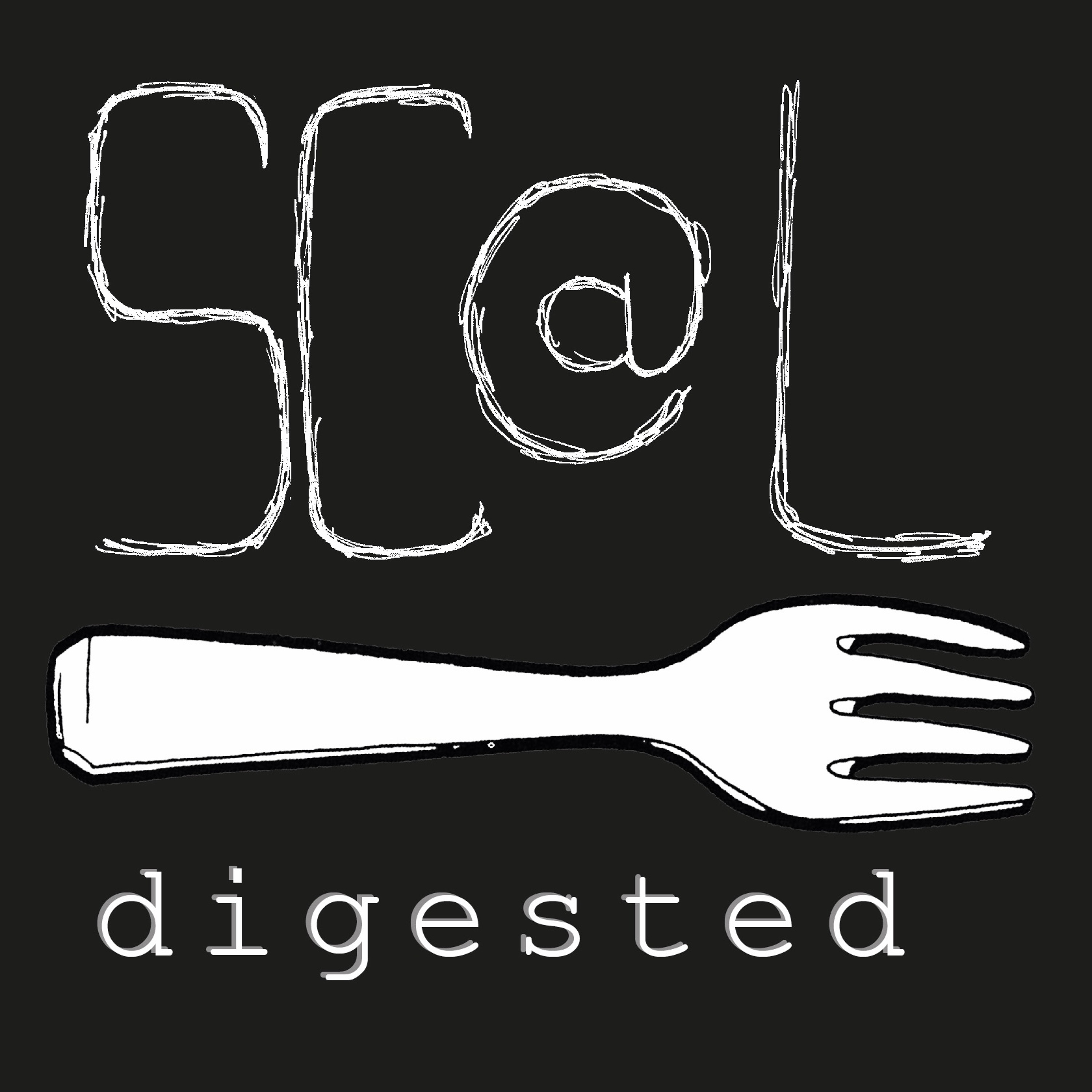
StemCells@Lunch DigestedEpisode 51 - Dr Agathe ChaineThis week’s podcast episode, Dr Ines Sequeira interviews Dr Agathe Chaine from the MRC Laboratory for Molecular Cell Biology based at UCL. We hear about her research history, working with “soft cells”, asymmetric division during the development of embryos, and the different types of techniques are being used in her lab…
Dr Chaine was awarded her PhD from the CIRB Collége de France where she stayed on to do a Post Doctoral position researching the biophysical properties of embryonic mitosis.
She is now a Post-Doctoral Fellow at the MRC Laboratory for Molecular and Cell Biology based at UCL, where she...
2018-10-1607 min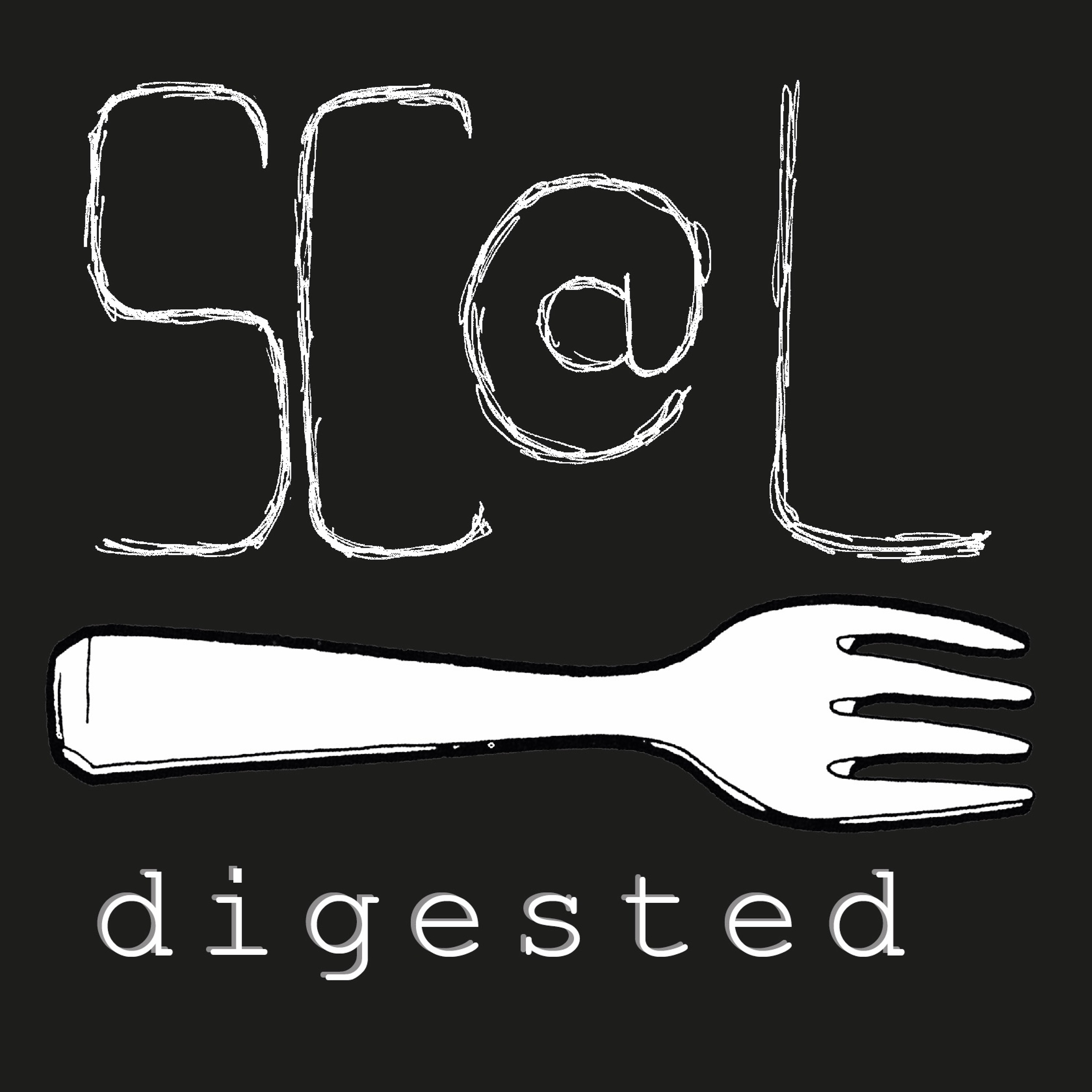
StemCells@Lunch DigestedEpisode 50 - Dr Miguel Bernabe - RubioToday’s episode, CSCRM PhD student Daria Belokhvostova interviews EMBO Post Doctoral Fellow Dr Miguel Bernabe Rubio about his research background, what cilium are and why they are important in cell functions like cell division and how cells make decisions...
Dr Rubio is an EMBO Post Doctoral fellow. He was awarded his PhD from the Universidad Autonoma in Madrid, Spain. His research focuses on the molecular mechanisms of dedifferentiation in epidermal cells. For more information about him see the below link:
http://www.wattlab.org/miguel-bernabé-rubio.html
2018-10-0906 min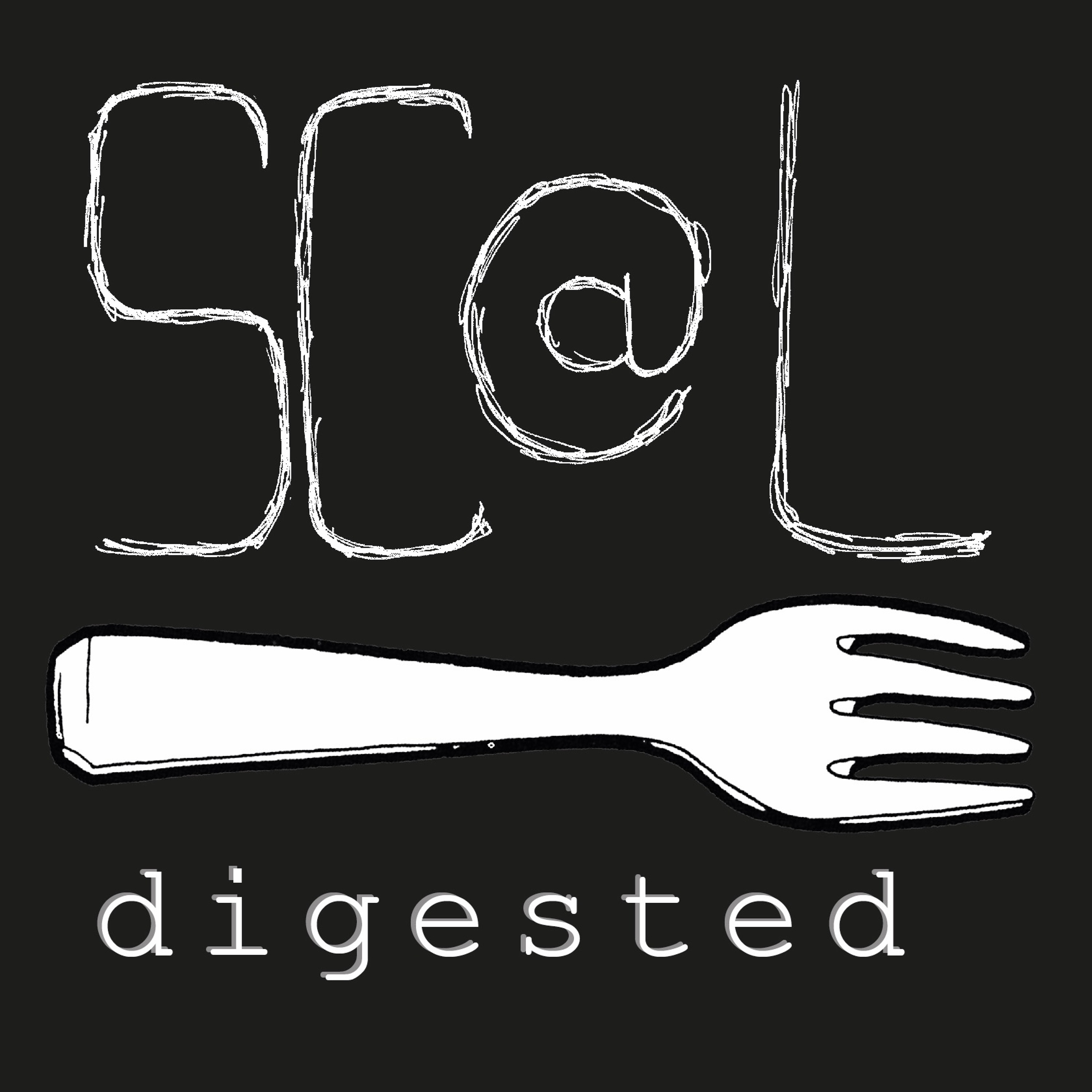
StemCells@Lunch DigestedEpisode 49 - Dr Viji DraviamThis week Dr Viji Draviam talks to us about why she studies cell division, what chromosomal stability is, why is it so important to understand this and some tips for starting your own lab!
Following a PhD from Trinity College, University of Cambridge (with Prof. Pines, Gurdon Institute, Cambridge, UK, 1998-2001), and Post-doctoral research at the Massachusetts Institute of Technology and Harvard Medical School (with Prof. Sorger, Cambridge, USA; 2002-07), Viji started her own research group as a Cancer Research UK Career Development Fellow at the Department of Genetics, University of Cambridge (2008-15).
Viji’s group moved to the School of...
2018-10-0207 min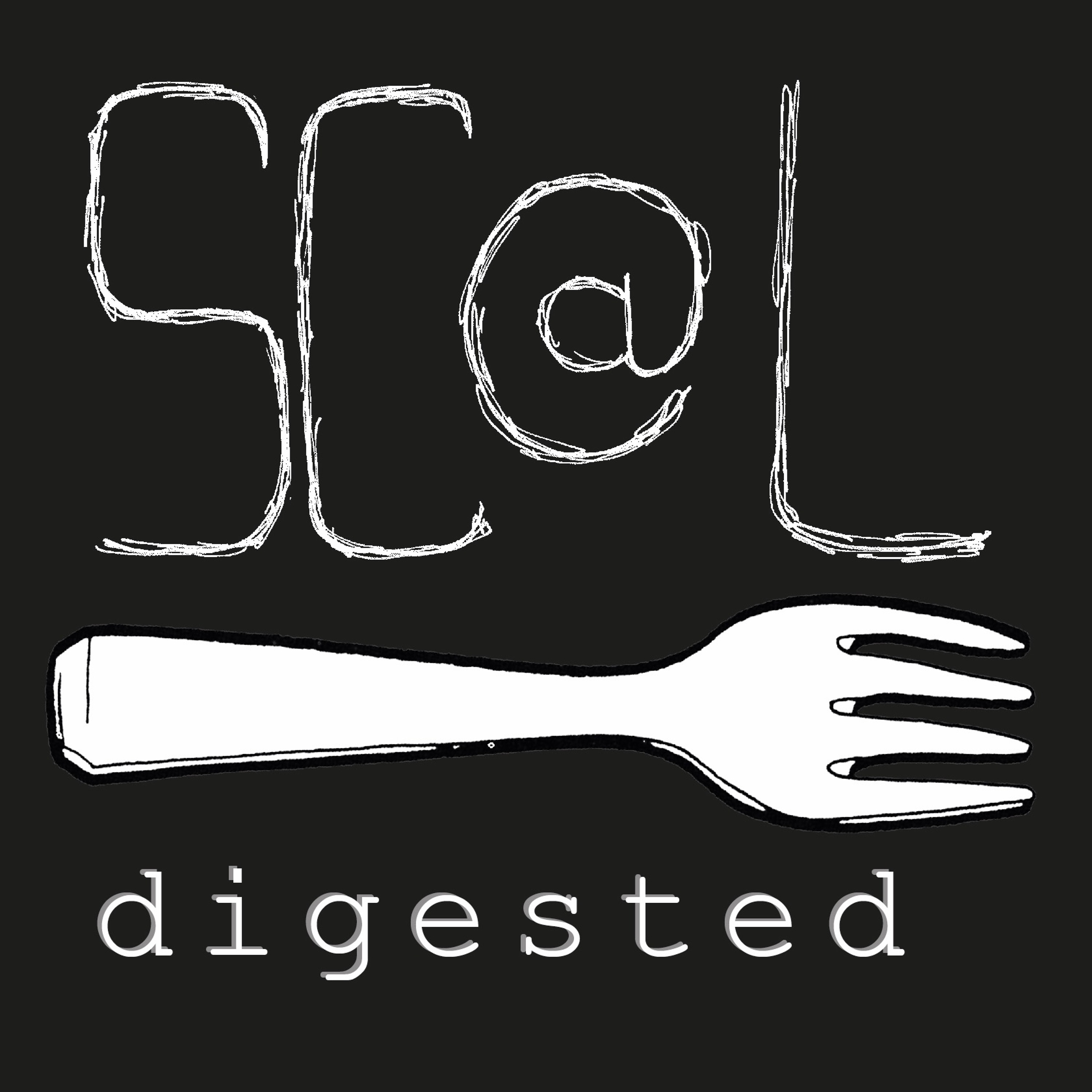
StemCells@Lunch DigestedEpisode 48 - Dr Kai KretzschmarWelcome back to Stem Cells @ Lunch Digested! This week PhD student Emily Read interviews Dr Kai Kretzschmar about his career path, current research projects, what genetic lineage tracing is, and why he loves doing science!
Dr Kretzschmar is a Post-Doctoral Fellow at the Hubrecht Institute in the Netherlands. His work focuses on understanding the gut microenvironment which may influence bowel cancer, and locating the presence of stem cells in the heart.
For more information about his work follow this link: http://kaikretzschmar.strikingly.com
2018-09-2509 min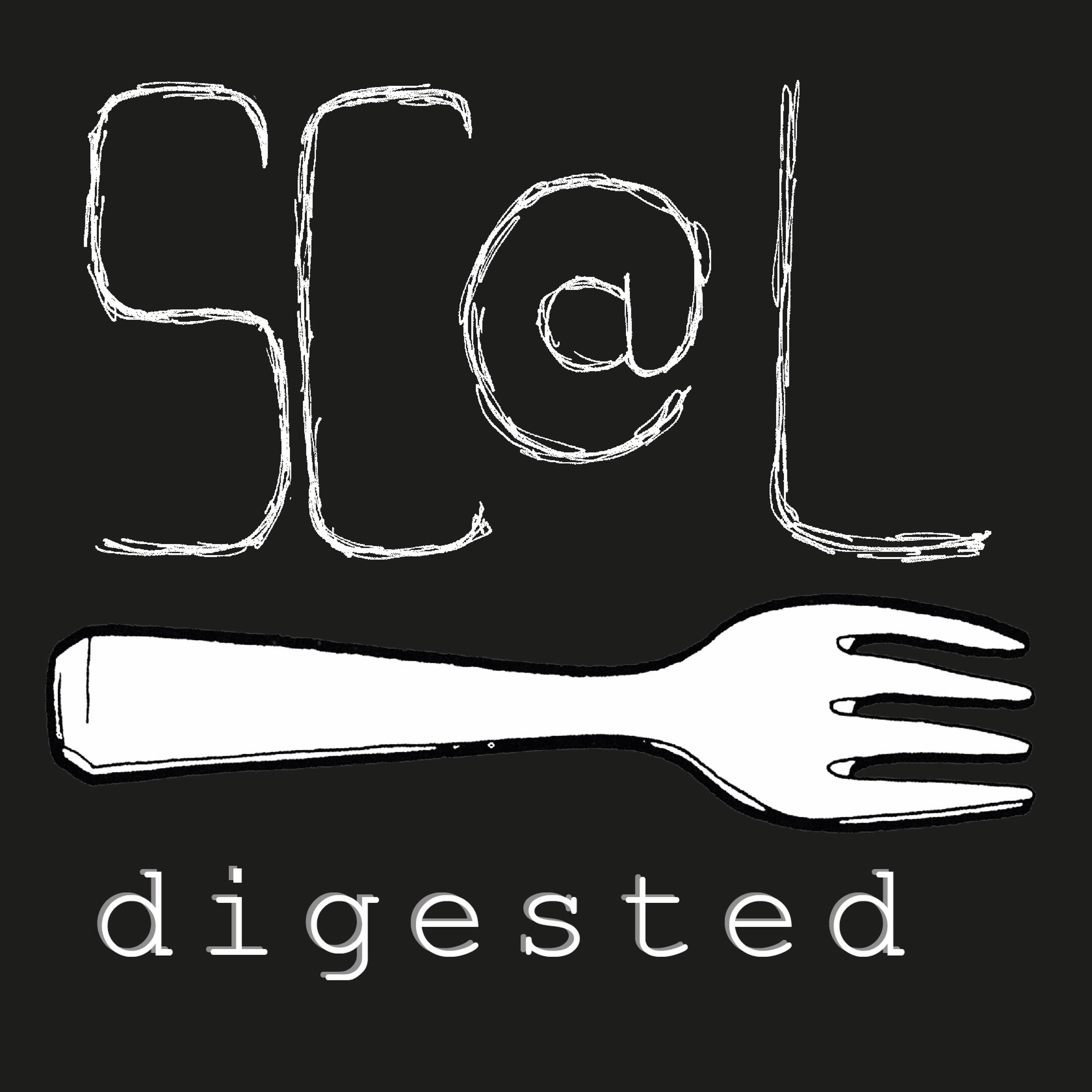
StemCells@Lunch DigestedEpisode 47 - Dr Michela MazzonThis week, Dr Davide Danovi interviews Dr Michela Mazzon from the Medical Research Council Laboratory for Molecular Cell Biology about her work developing antiviral drugs, what inspired her to start working with viruses, and her hopes for her research....
Click here for more information about her work: http://www.ucl.ac.uk/lmcb/users/michela-mazzon
2018-08-0704 min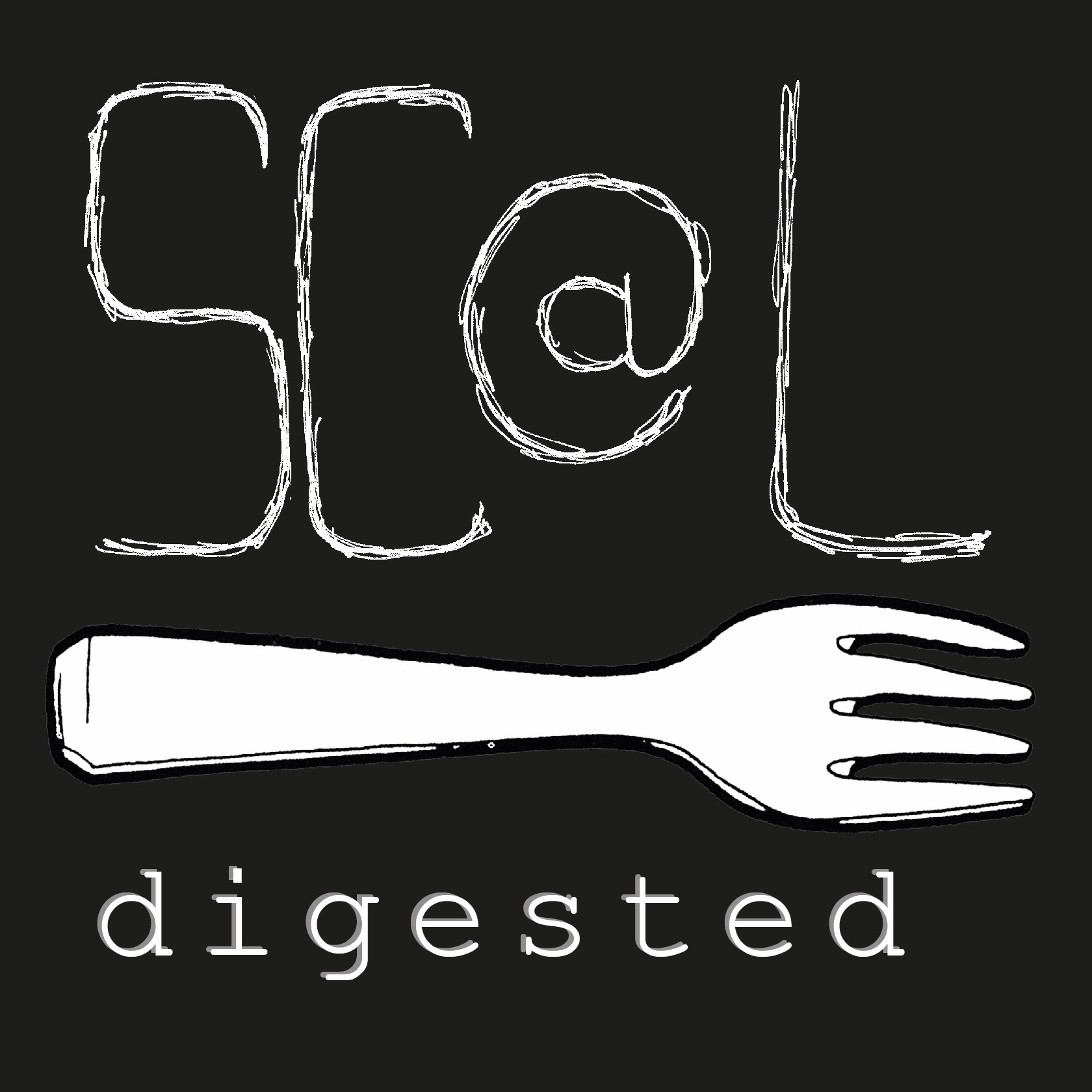
StemCells@Lunch DigestedEpisode 46 - Wellcome Trust PhD Cohort Review WritingToday’s episode of stem cells at lunch we are joined by 5 out of the 6 students of the Wellcome Trust PhD 2016 cohort based here at the CSCRM. They discuss their experience of co-writing a review for the International Journal of Developmental Biology looking at the latest developments in skin research. Hear about the review itself, and the highlights and challenges of the process…
Read the review for yourself here: http://www.ijdb.ehu.es/web/paper/170341fw/homeostasis-regeneration-and-tumour-formation-in-the-mammalian-epidermis
For more information about the Wellcome Trust PhD Programme click the link: https://www.kcl.ac.uk/lsm/research/divisions/gmm/departments/stem...
2018-08-0207 min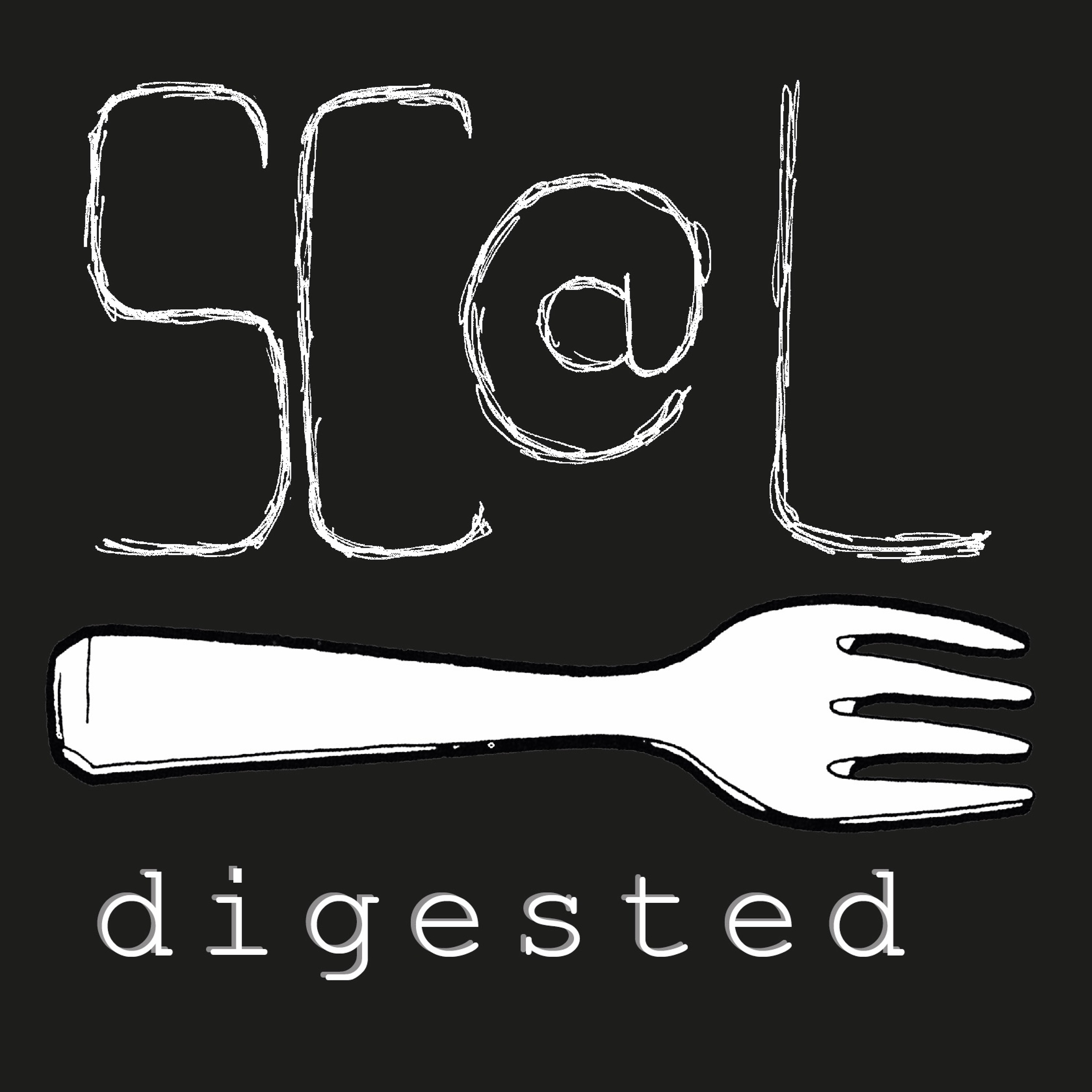
StemCells@Lunch DigestedEpisode 45 - Sarah GuerraThis week, the Director of Diversity and Inclusion at King's College London, Sarah Guerra, joins us to talk about her career path, what diversity and inclusion is and why it's so important, and what kind of strategies her and her team implementing to encourage change at King's.
For more information about the work that Sarah and her team do, follow this link: https://www.kcl.ac.uk/hr/diversity/news%20&%20events/team.aspx
2018-07-1006 min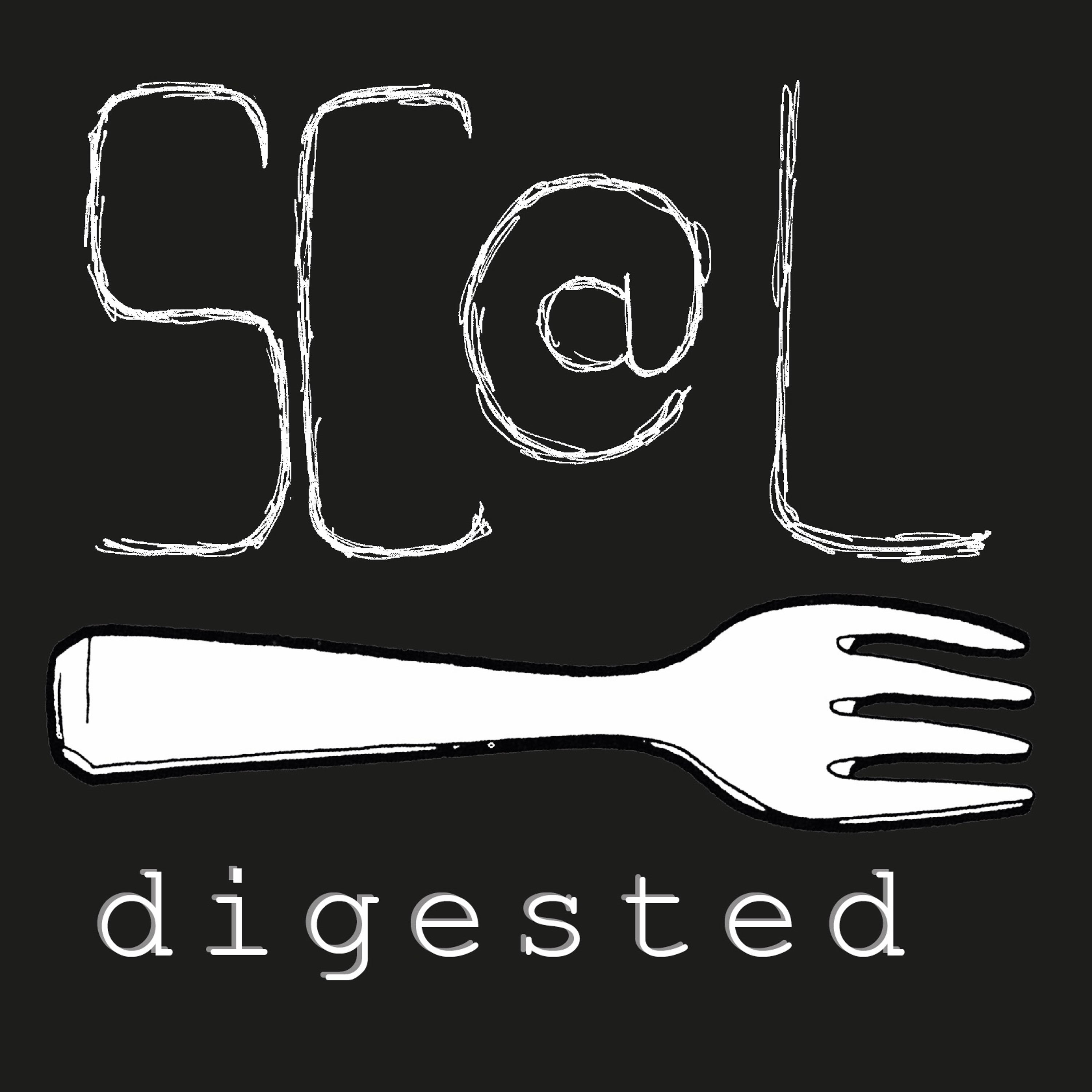
StemCells@Lunch DigestedEpisode 44 - Dr Jennifer RohnJoining us for today's episode is Dr Jennifer Rohn, Principle Investigator at the Centre for Nephrology in the division of Medicine at UCL.
She tells us about, her very interesting and varied career path, her current quest in unnderstanding how the bacteria interact with host cells in urinary tract infections, novel antibiotic delivery methods and moral challenges within healthcare….
Dr Rohn runs a research group studying the subversive behaviour of the bacteria involved in chronic urinary tract infection. She also teaches undergraduates, is a novelist and spends her free time doing public engagement and science communication work.
For more info ab...
2018-06-2606 min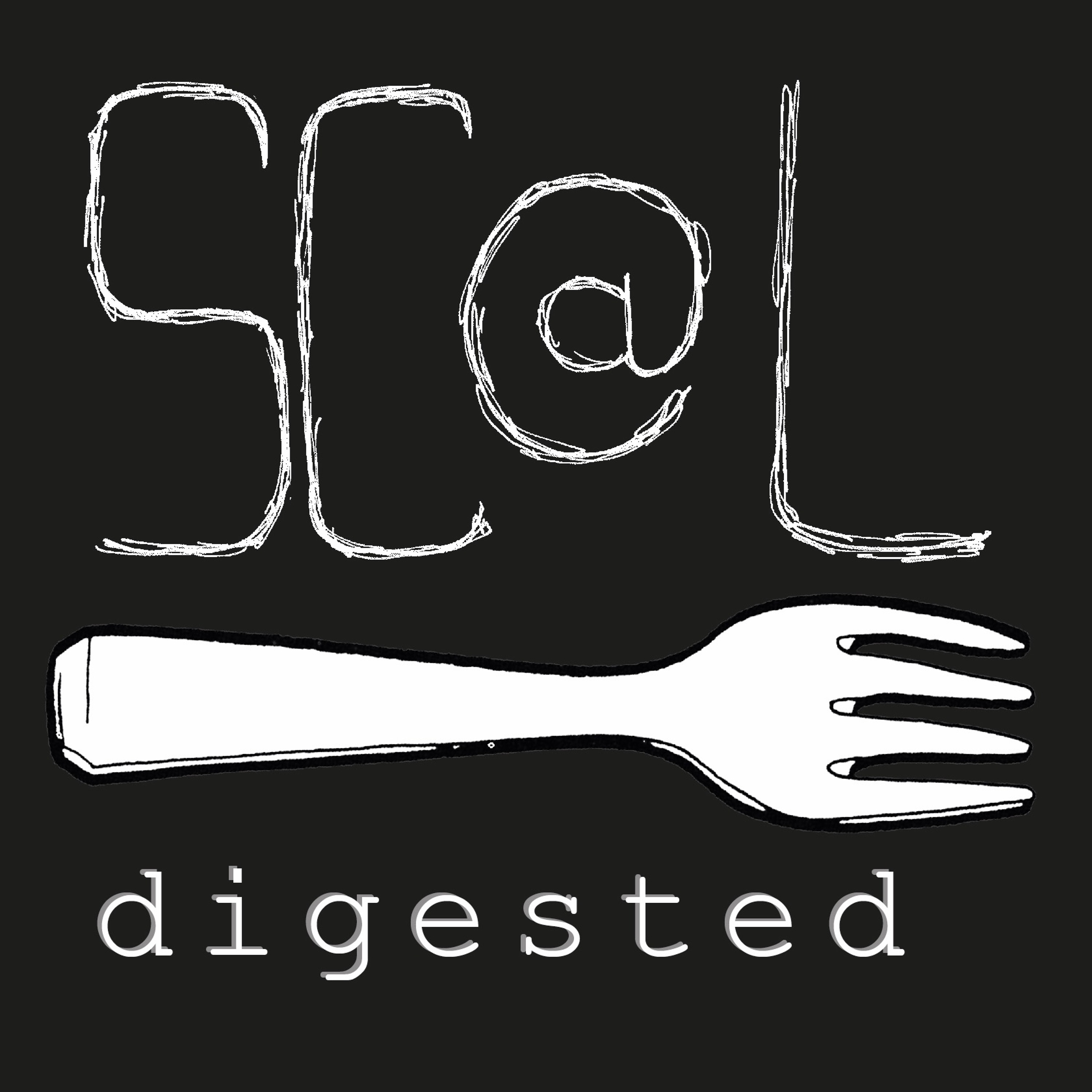
StemCells@Lunch DigestedEpisode 43 - Professor Cleo BishopToday's episode features Professor Cleo Bishop from The Blizzard Institute at Queen Mary University University of London. She talks to us about her career path, why it is important to learn about how cells age, and how outcomes from her high throughput facility will affect the public…
Cleo is a Senior Lecturer and Director for Graduate Studies at the Blizard Institute at Queen Mary University of London. Her research focuses are senescence, aging and cancer. She has also established a high-throughput screening facility at the Institute. For more information about her work please follow this link: https://www.qmul.ac.uk...
2018-06-1905 min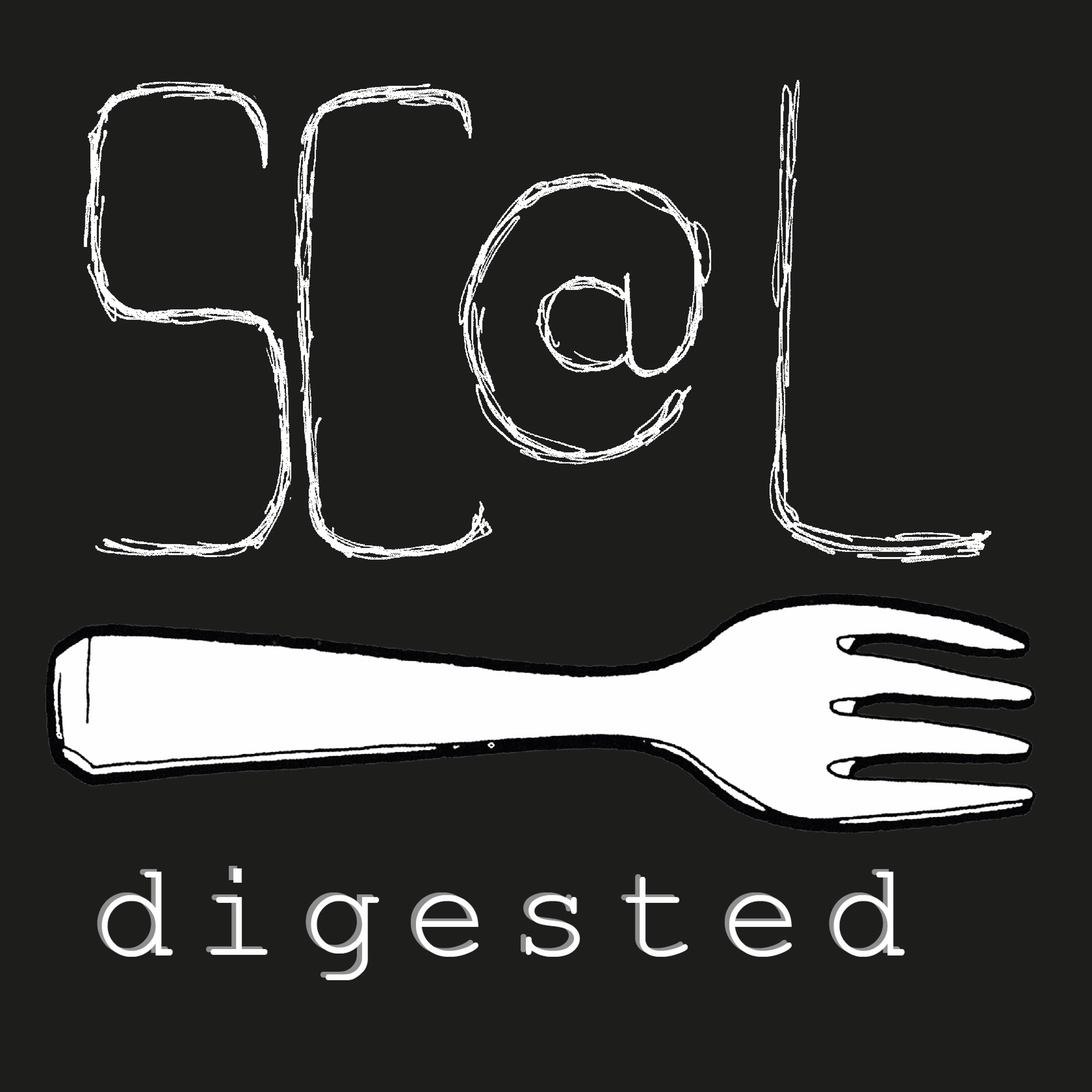
StemCells@Lunch DigestedEpisode 42 - Professor Paola ScaffidiIn this week's episode Professor Paola Scaffidi from the Francis Crick Institute talks to us about how epigenetic factors influence cancer stem cells in cancer development, what cancer stem cells are, and what gets her up in the morning!
Professor Scaffidi is an established Group Leader at the Francis Crick Institute since 2015. Her group use genome-wide mapping approaches and state-of-the-art cell biological methods in combination with advanced light microscopy techniques and in vivo approaches to characterise functionally important epigenetic traits of Cancer Stem Cells, with the ultimate goal of identifying novel therapeutic targets.
For more information follow the link: https...
2018-06-1204 min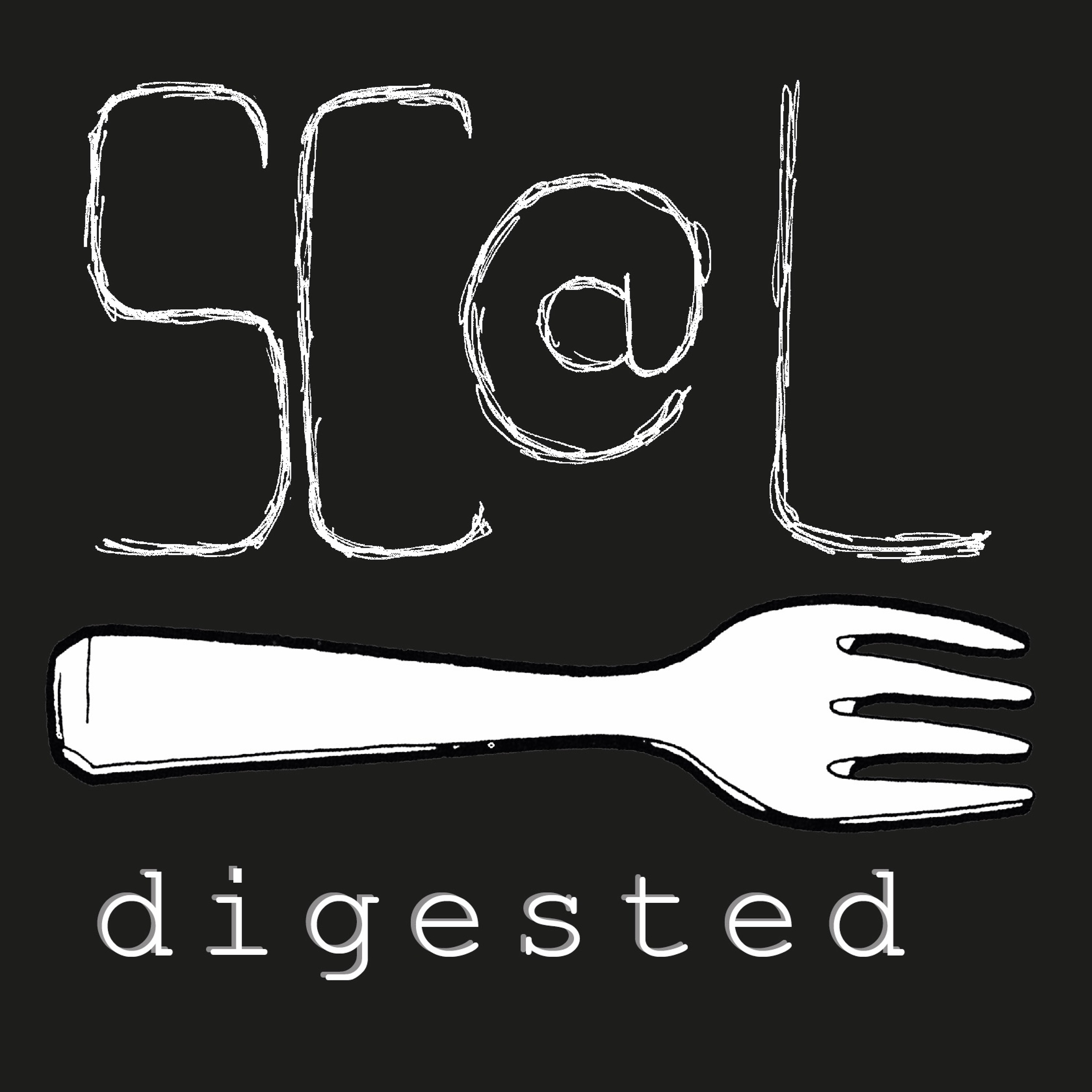
StemCells@Lunch DigestedEpisode 41 - Professor Nasir RajpootToday's Stem Cells @ Lunch Digested podcast episode features Professor Nasir Rajpoot from Warwick University. He talks about what computational pathology is, how it can be used for cancer diagnosis and his collaborative project with the Alan Turing Institute.
Nasir Rajpoot is Professor in Computational Pathology at the Department of Computer Science, University of Warwick.
His research interests include Computational Pathology, Image Analytics, Applied Machine Learning, Cancer Biomarkers. Click the link for more information about him and his work: https://warwick.ac.uk/fac/sci/dcs/people/nasir_rajpoot/
2018-05-2907 min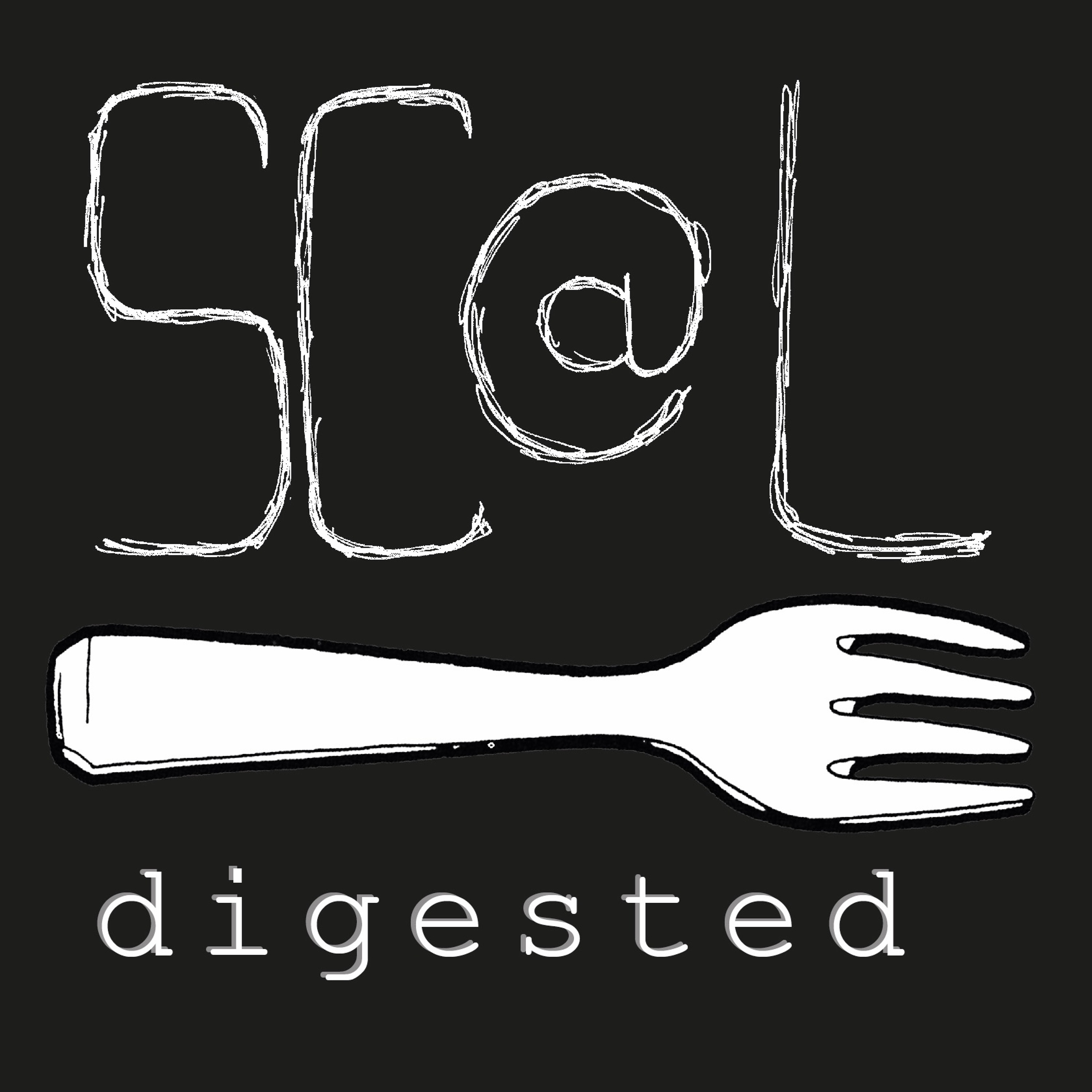
StemCells@Lunch DigestedEpisode 40 - Dr Caroline HillIn this week's stem cells @ lunch digested episode, PhD student Ana-Maria Cujba speaks to Dr Caroline Hill from the Francis Crick Institute about her research into cell signalling and using fish as models to study signalling during embryonic development.
Dr Caroline Hill is an established Group Leader at the Francis Crick Institute. She was awarded her PhD from Cambridge University, was elected to EMBO in 2002 and to the Academia Europaea in 2013. In 2015, she was elected a Fellow of the European Academy of Cancer Sciences. For more information about her work please follow the link... https://www.crick.ac.uk/research...
2018-05-1505 min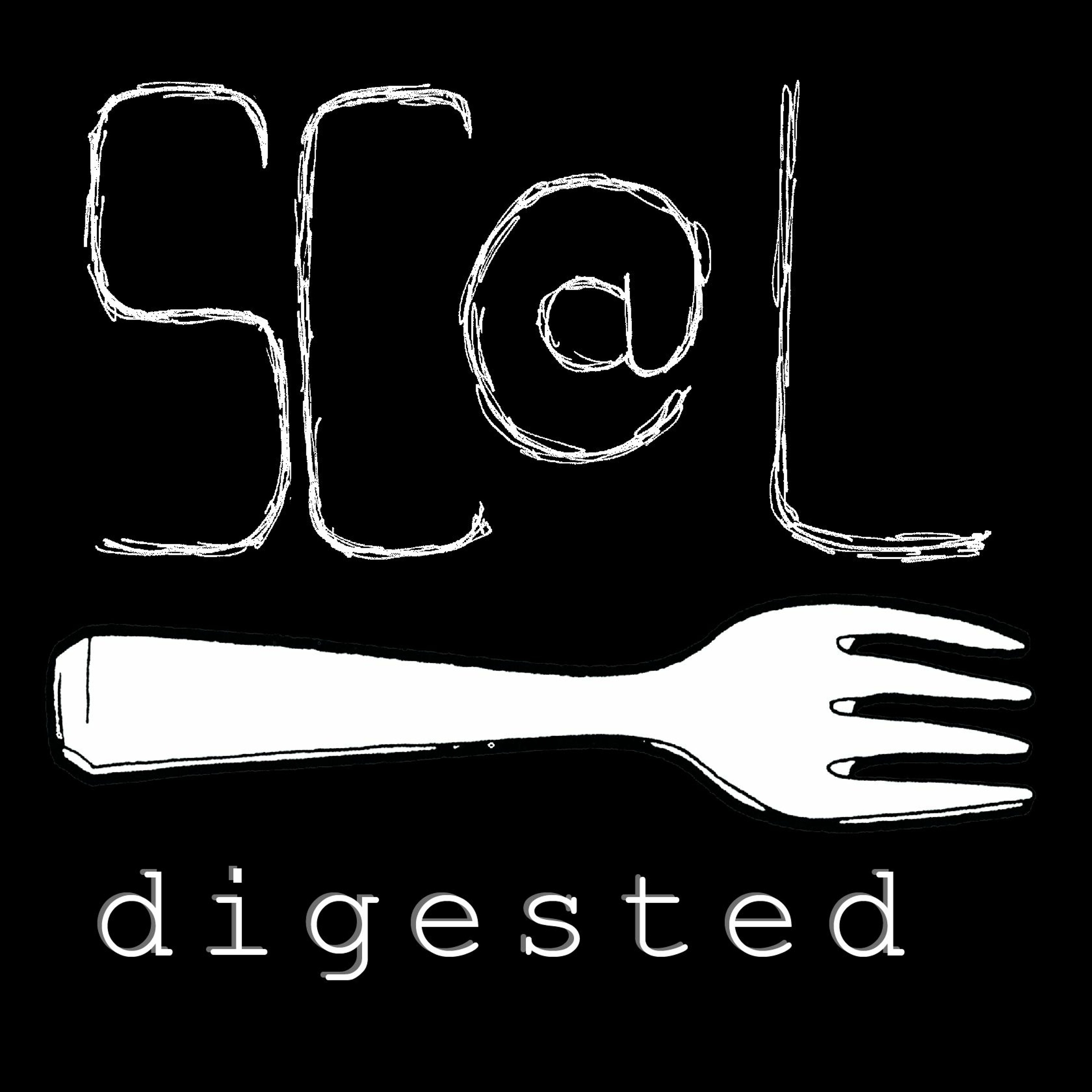
StemCells@Lunch DigestedEpisode 39 - Dr Megha Prakash BangaloreIn this episode we interview Dr Megha Prakash Bangalore about her work on lipid metabolism in stem cells...
Megha obtained her PhD in Developmental Biology and Embryology from Manipal University in Bangalore and is now a Research Associate at Imperial College London.
For more info follow the link: www.linkedin.com/in/megha-prakash…galore-64723016/
2018-05-0803 min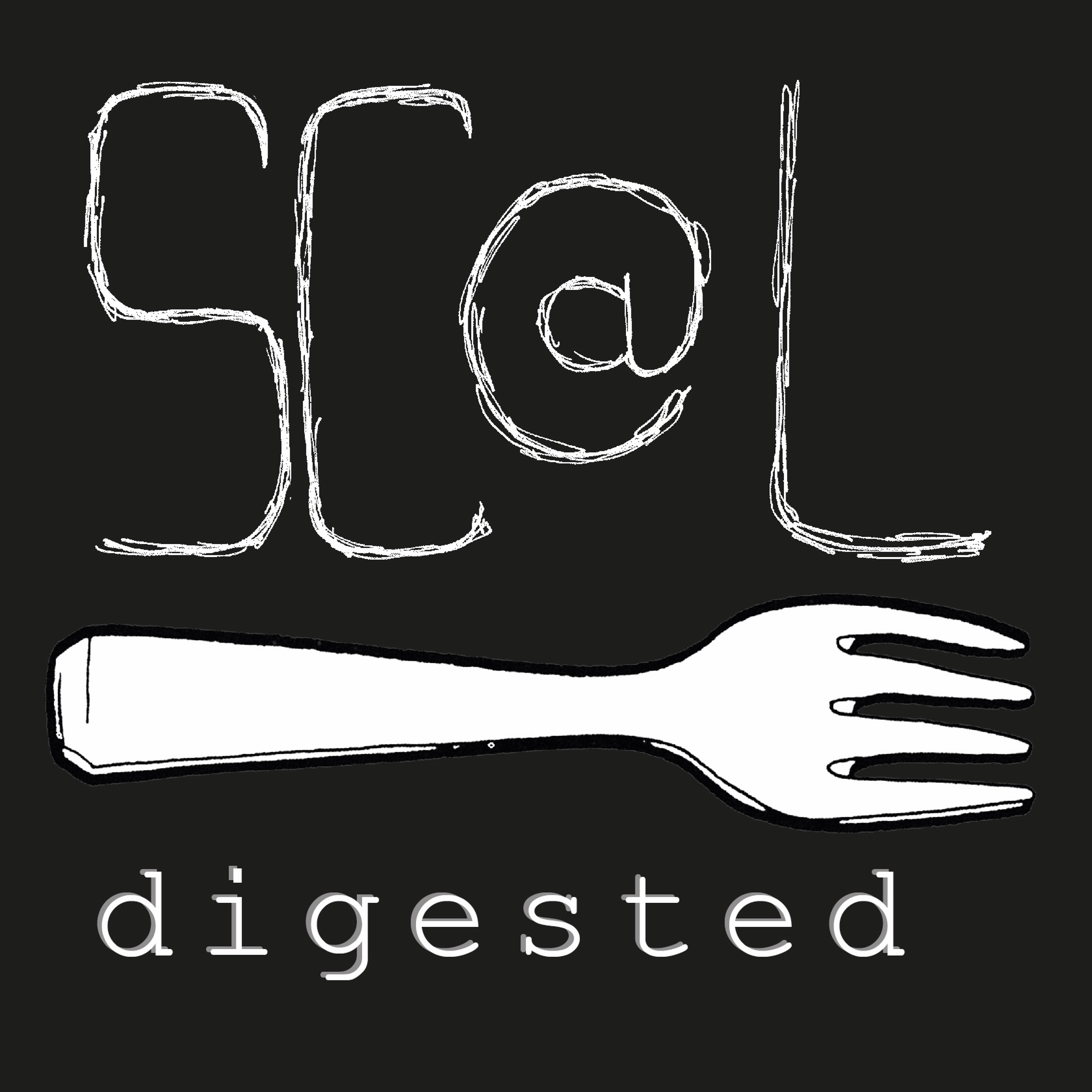
StemCells@Lunch DigestedEpisode 38 - Dr Robert HyndsIn today's episode we are joined by Dr Rob Hynds. He talks about his background of studying human lung cancers, the challenges of developing therapies, working in a multidisciplinary setting and training for the Belfast Marathon!
Rob completed his PhD in epithelial stem cell biology in the Lungs For Living Research Centre in 2016 and is now a Sir Henry Wellcome Postdoctoral Fellow working on Prof. Charles Swanton's lung TRACERx clinical study in collaboration with Dr. Sergio Quezada's group. Rob's work aims to develop patient-derived cancer models and develop immune-based therapies for lung cancer.
For more information about Dr Hynds please...
2018-04-1706 min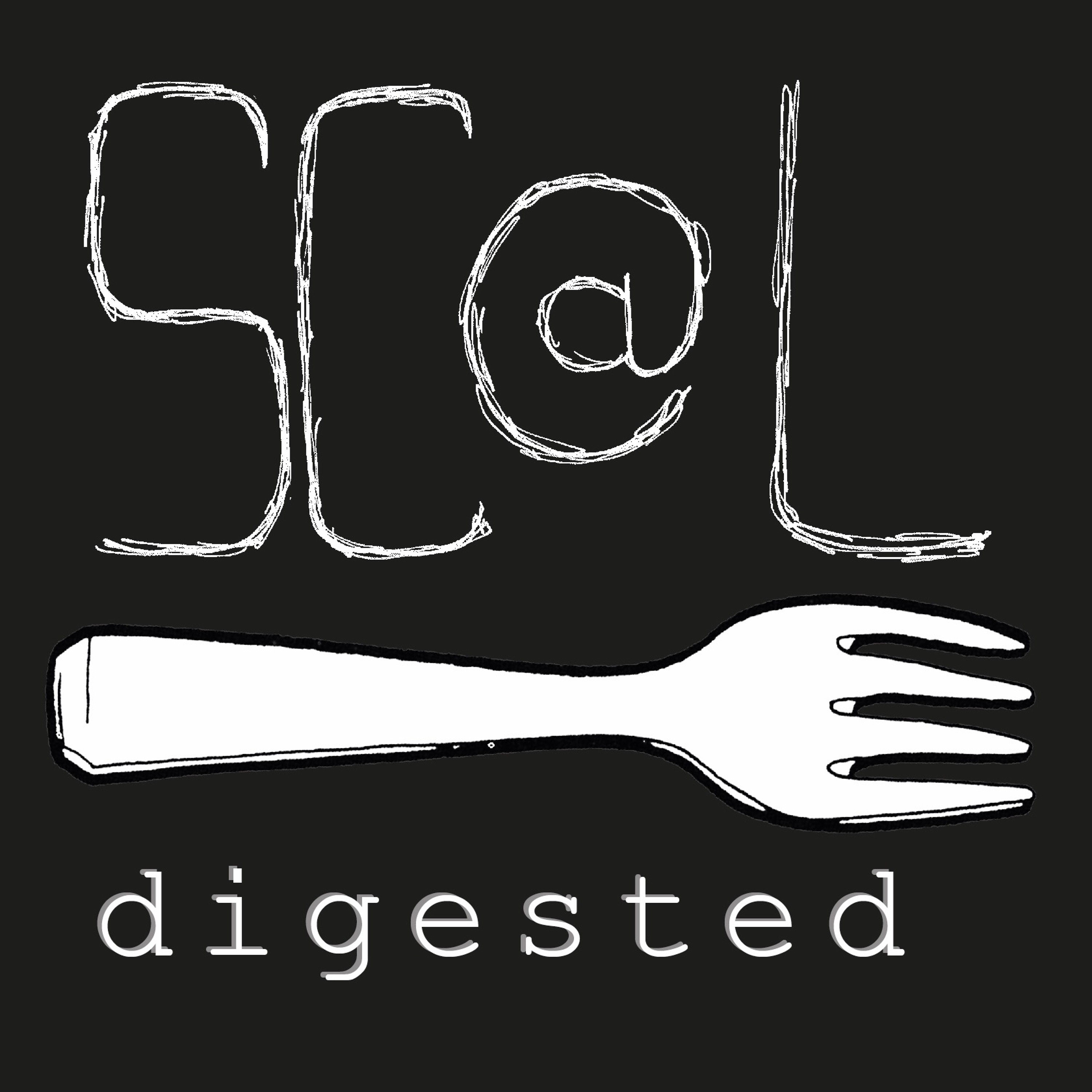
StemCells@Lunch DigestedEpisode 37 - Dr Shukry HabibIn this episode of Stem Cells at Lunch Digested we hear from Dr Shukry Habib about his research focuses at the Centre for Stem Cells and Regenerative Medicine and how he came to work here.
Shukry Habib pursued his undergraduate and Master degrees in Israel at the Technion and Tel-Aviv university, respectively. He obtained his Dr.rer. nat from Ludwig Maximilian University (LMU) of Munich, Germany and carried out postdoctoral research at Stanford University, California, USA. He is currently a Senior Research Fellow at the Centre for Stem Cells and Regenerative Medicine and was recently awarded a Sir Henry Dale...
2018-04-1004 min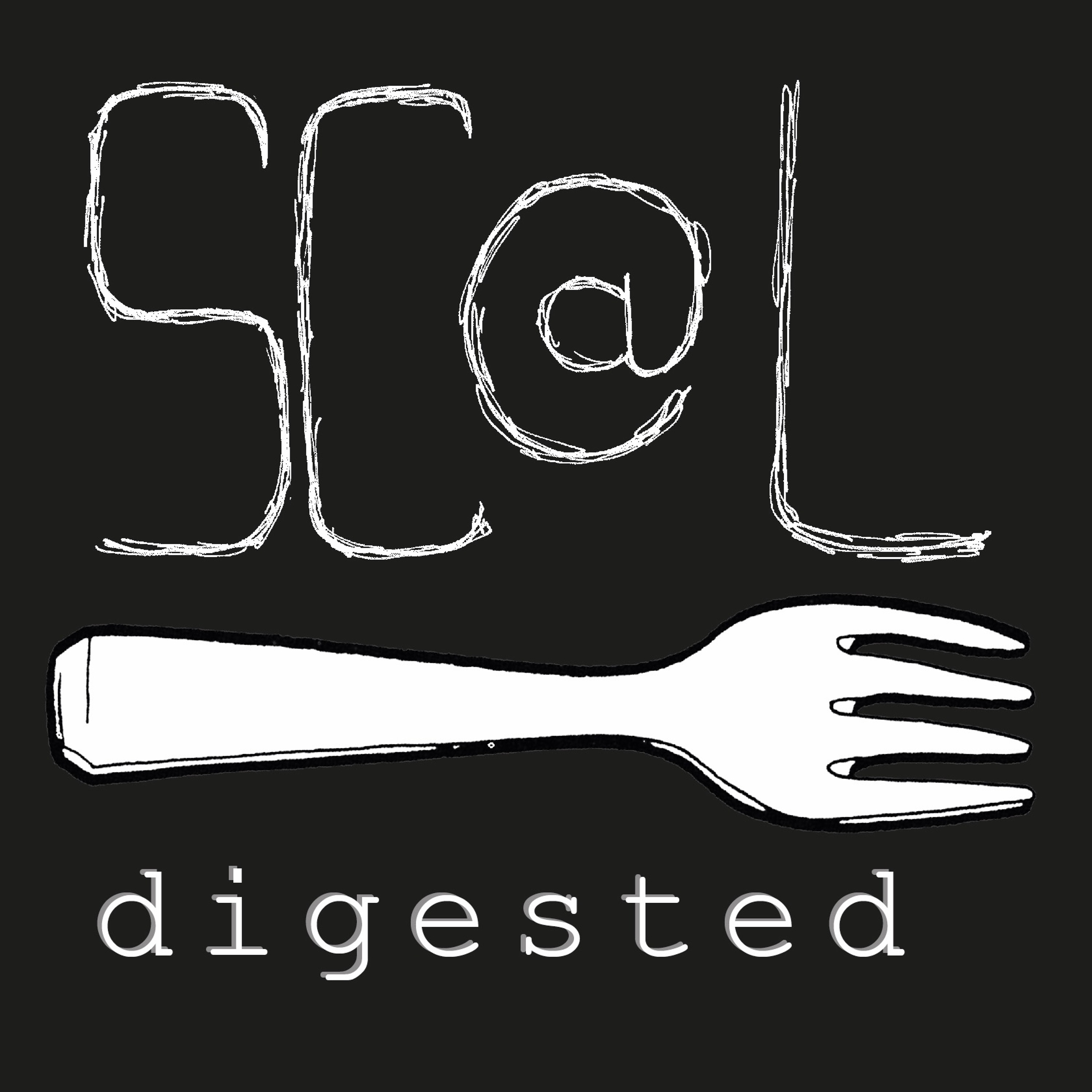
StemCells@Lunch DigestedEpisode 36 - Dr Andrea SerioIn this episode of StemCells@Lunch digested Dr Andrea Serio talks about how he and his team use bioengineering to understand neurodegeneration.
Dr Serio was appointed a lectureship at King's College London in September 2017, and joined the division of Tissue Engineering and Biophotonics, where he has now established an independent group focused on neural circuit engineering (NCE).
For more information please see the Serio lab website: www.seriolab.com
2018-04-0406 min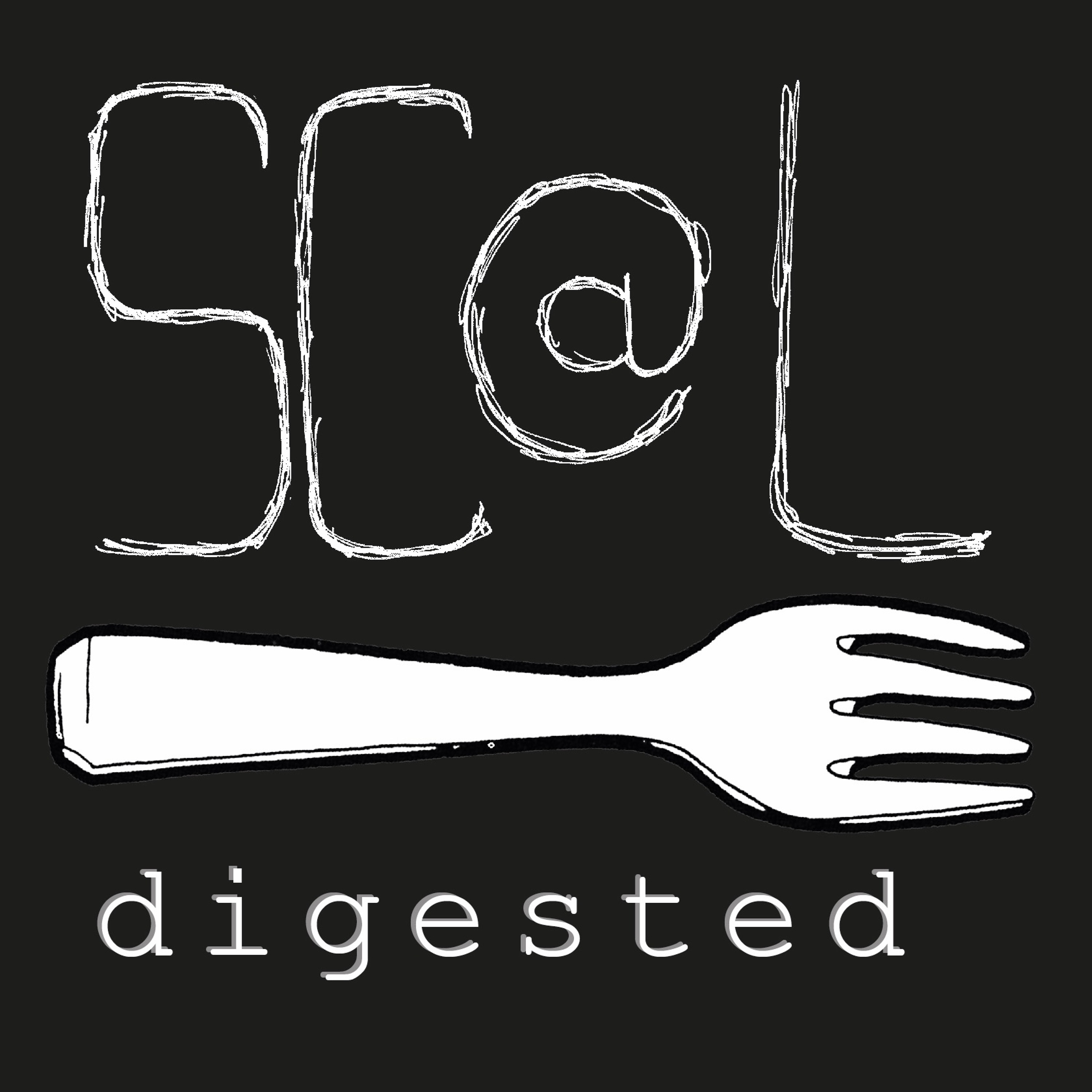
StemCells@Lunch DigestedEpisode 35 - Bishop Lee RayfieldDr Lee Rayfield was educated at the University of Southampton, where he gained a Bachelor of Science (BSc) honours degree in Biology in 1978. He then studied for his Doctor of Philosophy (PhD) degree from St Mary's Hospital Medical School (Paddington, Greater London), being awarded his doctorate in 1981, after which he remained as a post-doctoral researcher until 1984. His final medical post was as a lecturer in immunology at UMDS. In 1991 he began studying for the ministry, and became the Bishop of Swindon, the sole suffragan bishop of the Diocese of Bristol, in 2005.
2018-03-2708 min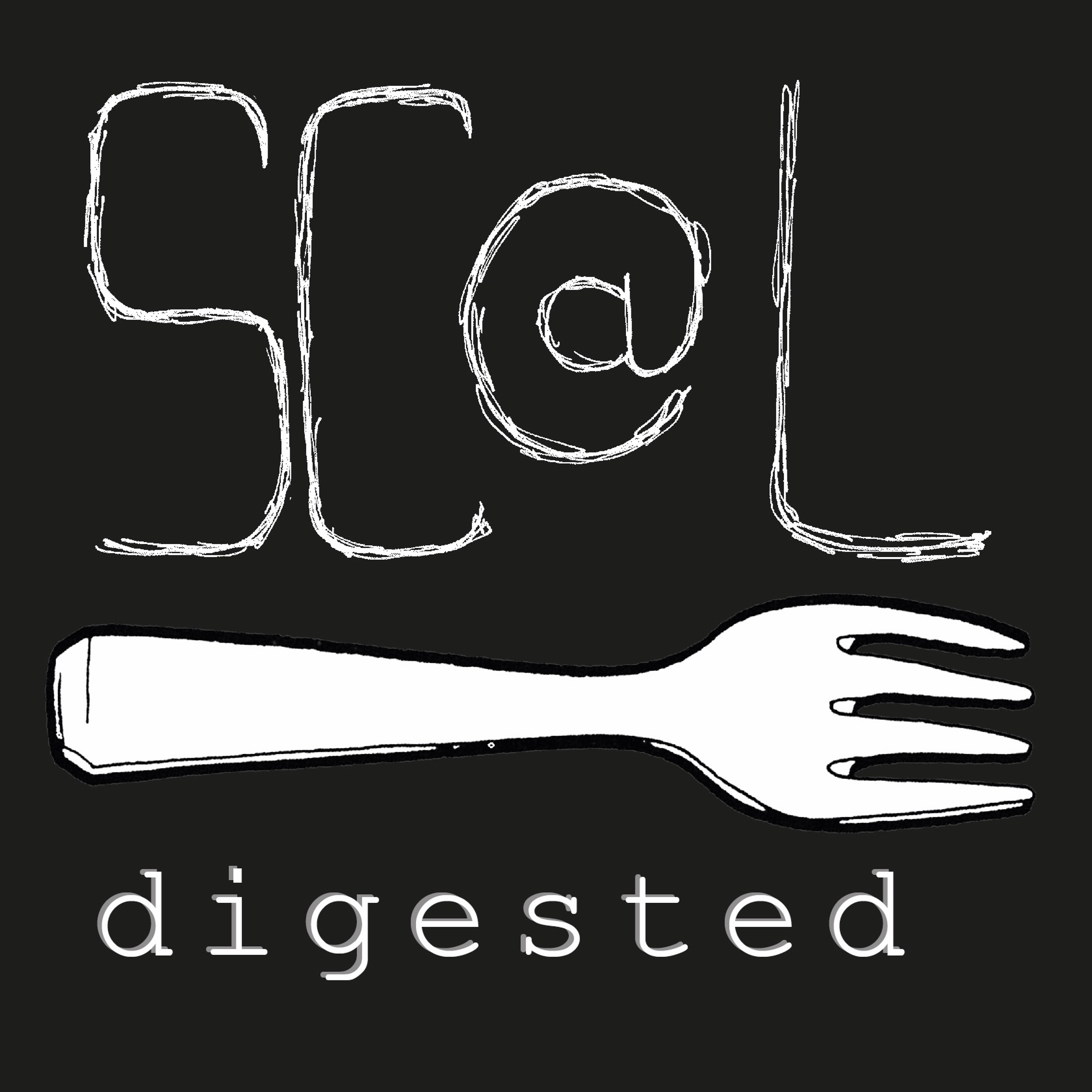
StemCells@Lunch DigestedEpisode 34 - Dr Robert KnightDr Robert Knight studied for a PhD in Molecular Evolution at the University of Reading before changing directions and pursuing postdoctoral research in the field of musculoskeletal development at the University of California, Irvine and the University of Sheffield. He moved to King’s College London as a BBSRC David Phillips Fellow in 2007 and his group is focused on the signals that direct the complex behaviour of progenitor cells during development of the vertebrate head. His current focus is to determine how progenitor cells are controlled during tissue regeneration and identify the factors that control them, using in vivo imaging an...
2018-03-2003 min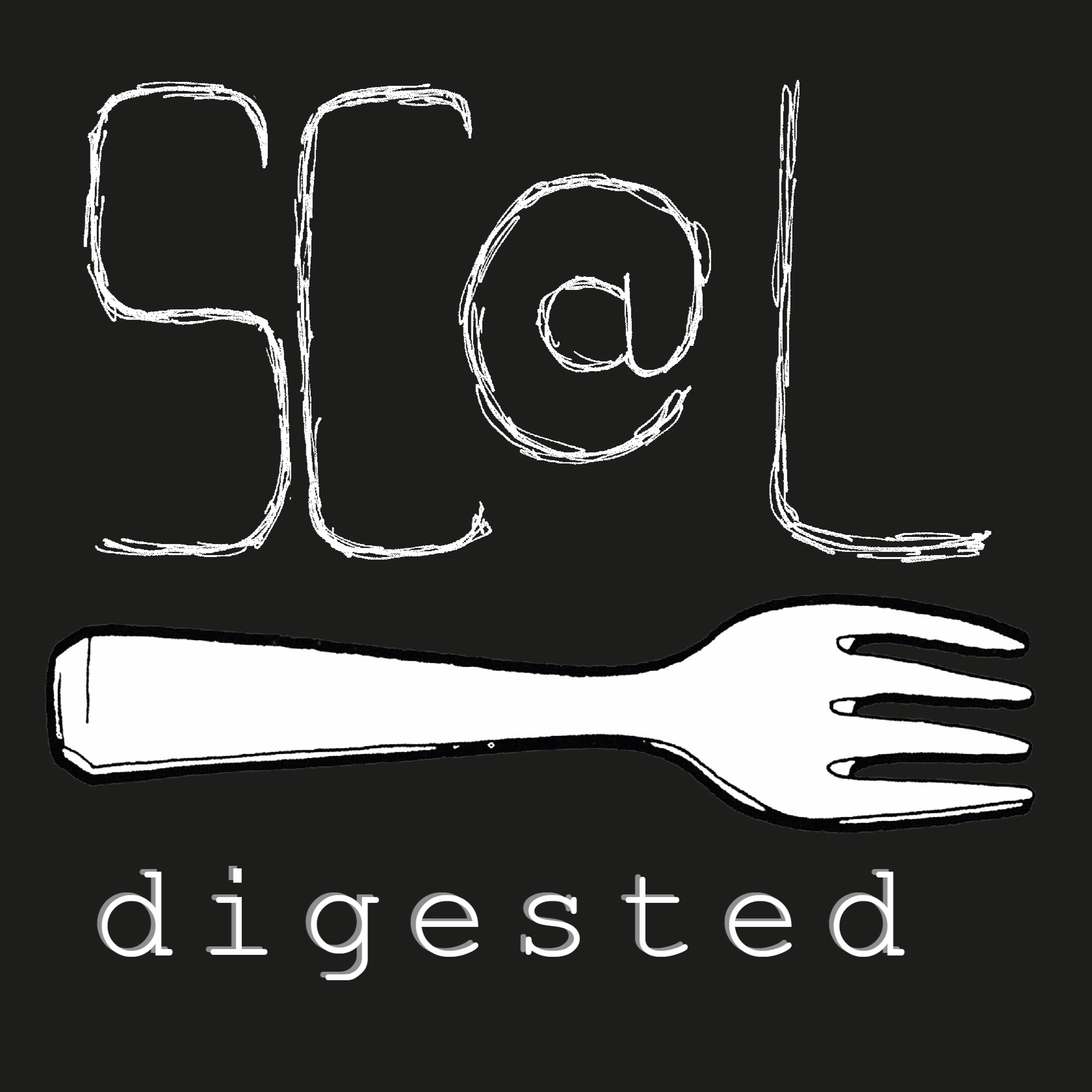
StemCells@Lunch DigestedEpisode 33 - Dr Mathis RiehleDr Mathis Riehle is a Senior Researcher at the Glasgow University Centre for Cell Engineering investigating the molecular mechanisms of how cells interact with surfaces using devices made by micro- and nanofabrication with a specific chemical, topographic or mechanical surface design. For more information about his work please follow the link... https://www.uofgcce.org/staff
2018-03-1305 min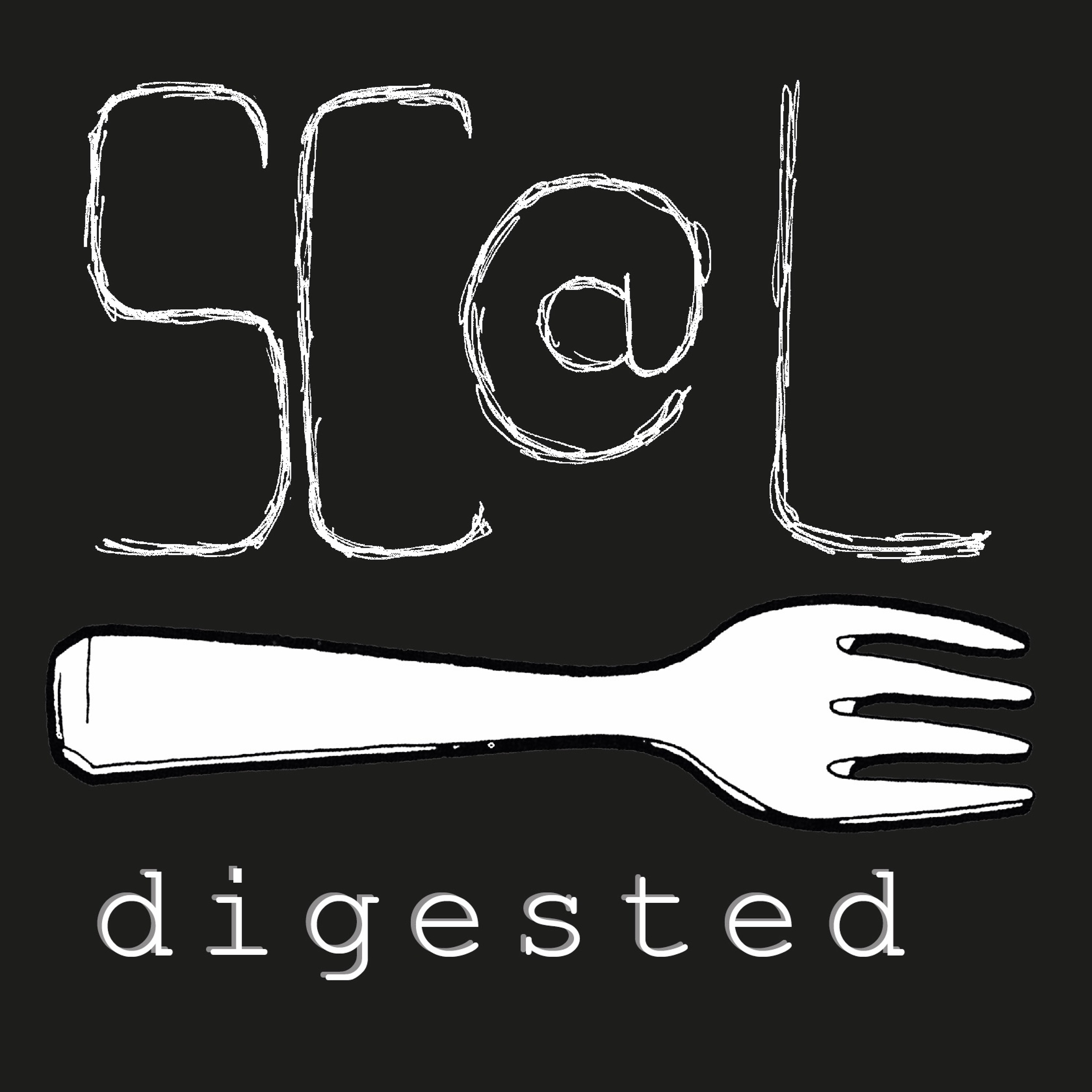
StemCells@Lunch DigestedEpisode 32 - Dr Stephen PatrickDr Stephen Patrick is a cell biologist with a focus on molecular imaging. He completed his B.Sc. in Cell Biology at the University of Durham in 2009 and completed his PhD at the University of Cambridge in 2013, working on the development of novel genetic reporters for MRI, SPECT, and Bioluminescence imaging. Stephen is now a research associate at the Centre for Advanced Biomedical Imaging (CABI) at UCL, working on developing in vivo cell tracking techniques for use in stem cells. If you would like to know more visit his webpage https://www.ukrmp.org.uk/hubs/safety/our-research-team/dr-stephen-patrick-university-college-london/
2018-02-0508 min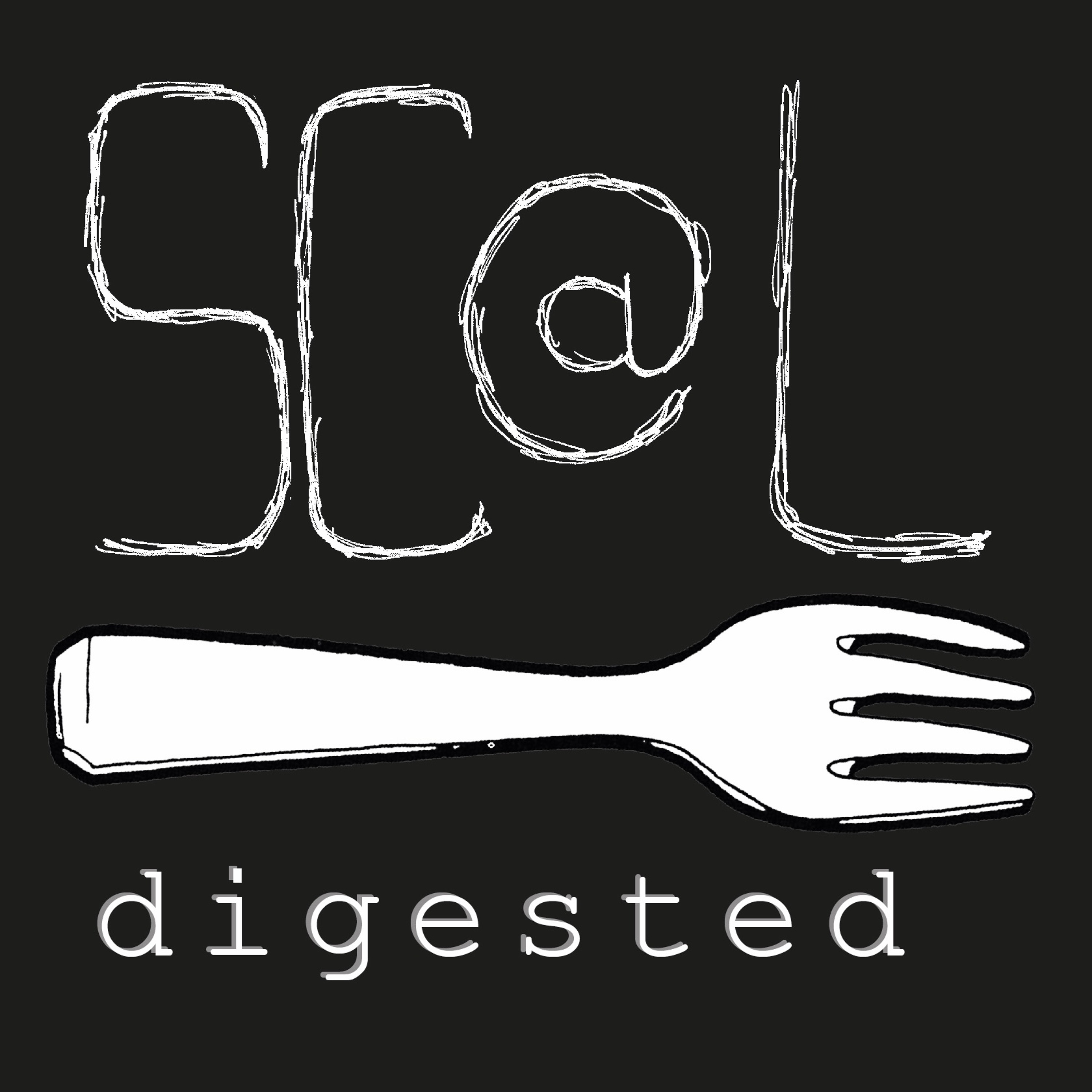
StemCells@Lunch DigestedEpisode 31 - Dr Ophir KleinThe Klein lab is interested in understanding how organs form in the embryo and how they renew and regenerate in the adult. Their research is centered on understanding how development and regeneration normally occur in the hope of one day treating diseases that result from abnormalities in these processes. If you want to find out more about Ophir and the lab please follow the link to http://klein.ucsf.edu/welcome-klein-lab
Speak to you next week!
2018-01-2903 min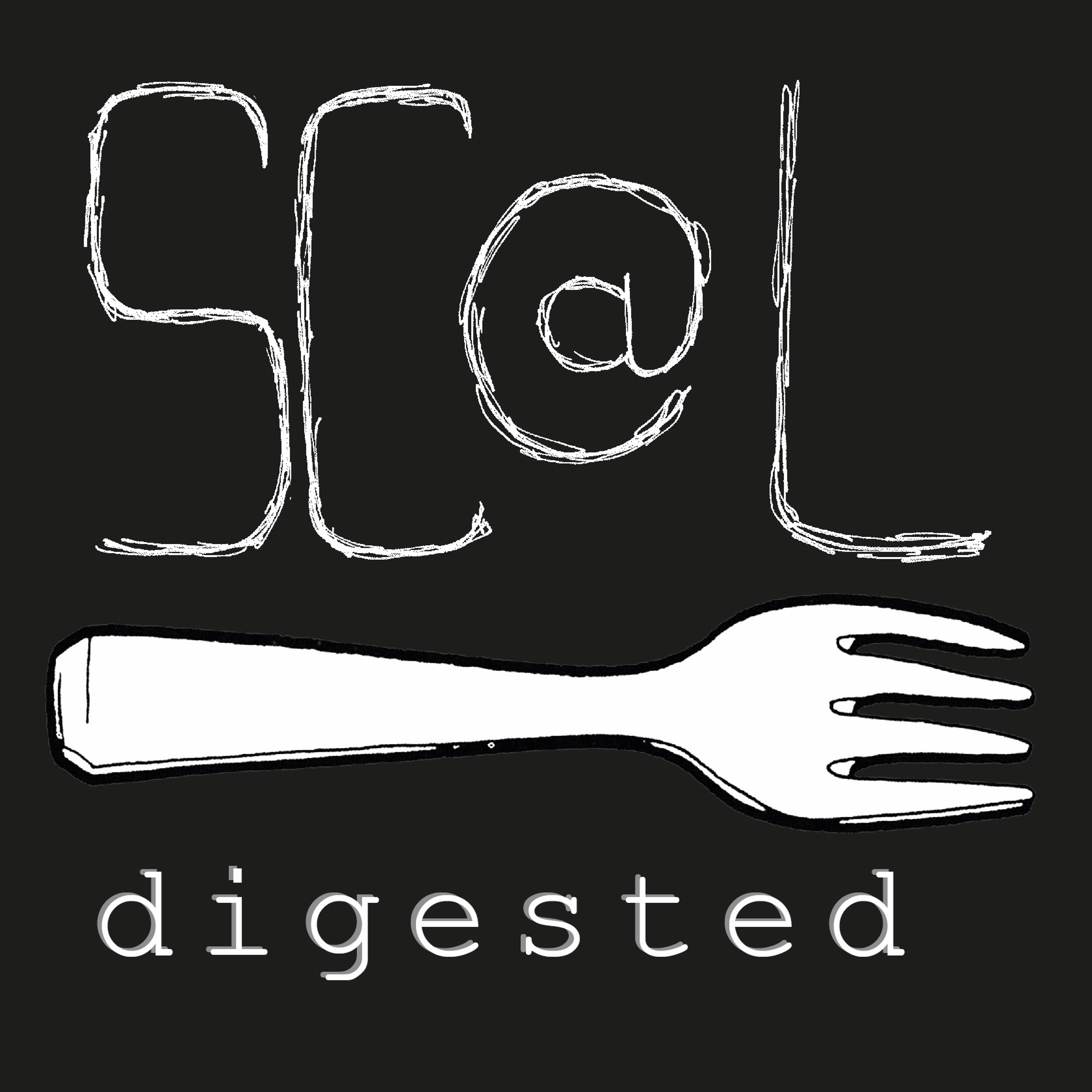
StemCells@Lunch DigestedEpisode 30 - Dr Helena KilpinenHelena is interested in the functional effects of genetic variation in human induced pluripotent stem cells (iPSC). Her research combines computational and experimental methods in iPSC-based models to understand the cellular mechanisms that lead to rare human diseases.
Helena is a human geneticist who leads a research group at the UCL Great Ormond Street Institute of Child Health. She is a MRC eMedLab career development fellow (www.emedlab.ac.uk) and holds an appointment also at the Wellcome Trust Sanger Institute. Helena received her PhD from the University of Helsinki, where she studied the genetic mechanisms underlying autism spectrum disorders...
2018-01-2404 min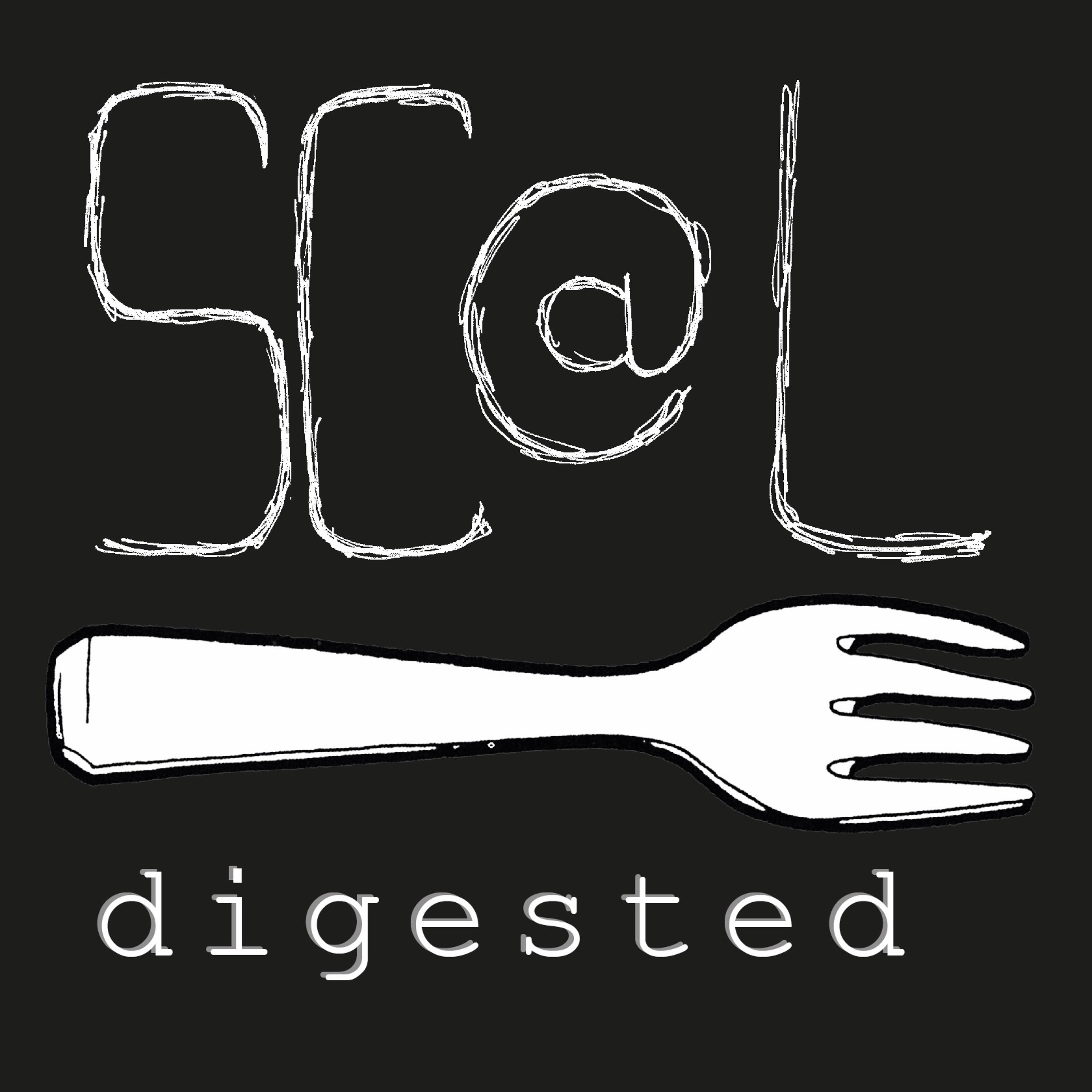
StemCells@Lunch DigestedEpisode 29 - Dr Rosalind HannenDr Rosalind Hannen, our today's interviewee at Stem Cells @lunch digested, is a postdoctoral researcher at the Blizard Institute in Queen Mary University of London. For any questions email us at stemcellsatlunch@kcl.ac.uk
2018-01-1506 min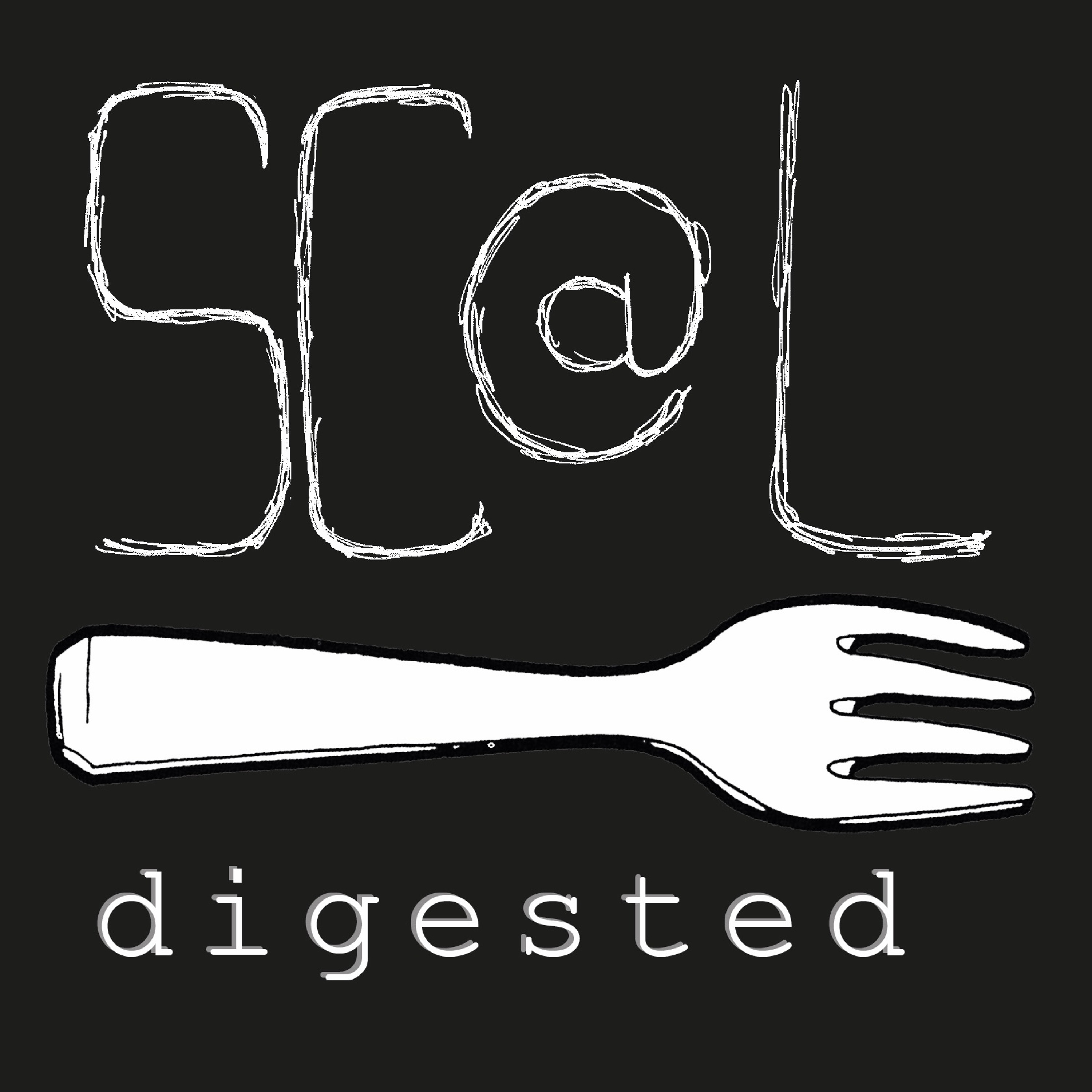
StemCells@Lunch DigestedEpisode 28 - Dr Yan Yan Shery HuangDr Shery Huang's group 'Biointerface', is driven by translational bioengineering research, focusing on 3D bioprinting/ biomicrofabrication, and developing biomimetic organ-on-chips for high throughput drug testing. If you would like to know more visit her webpage:http://www.eng.cam.ac.uk/profiles/yysh2
Happy New Year from all of us at Stem Cells @lunch digested! If you have any questions just email: stemcellsatlunch@kcl.ac.uk
2018-01-0904 min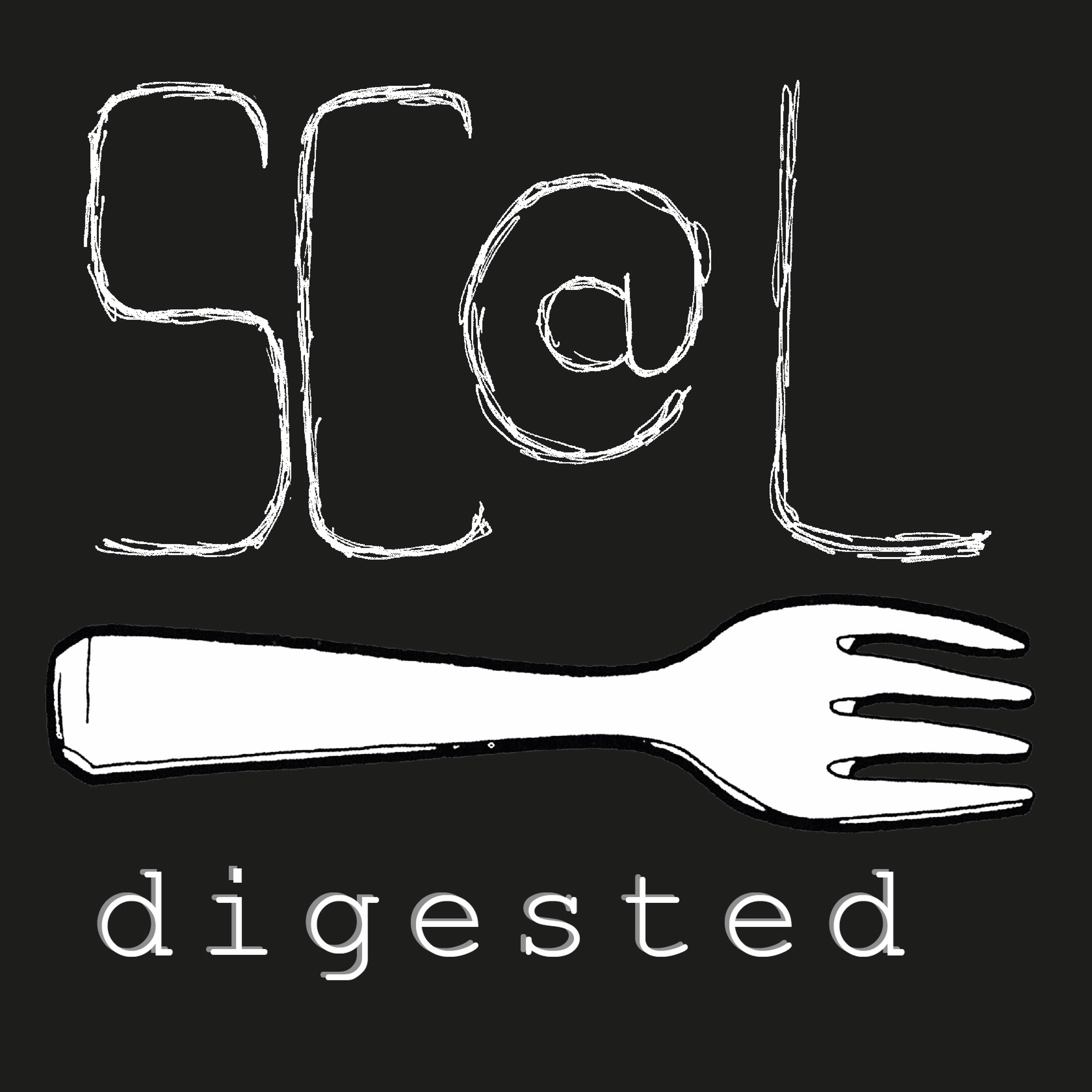
StemCells@Lunch DigestedEpisode 27 - Dr Thea StewartIn this episode of Stem Cells @lunch digested we interviewed Thea Stewart, a research Fellow in Metals Analysis and Bioimaging at King's College London. Thea is not only a great scientist but also a talented musician and we have a unique live performance ready for you, our listener, as an early Christmas gift! :)
2017-12-1215 min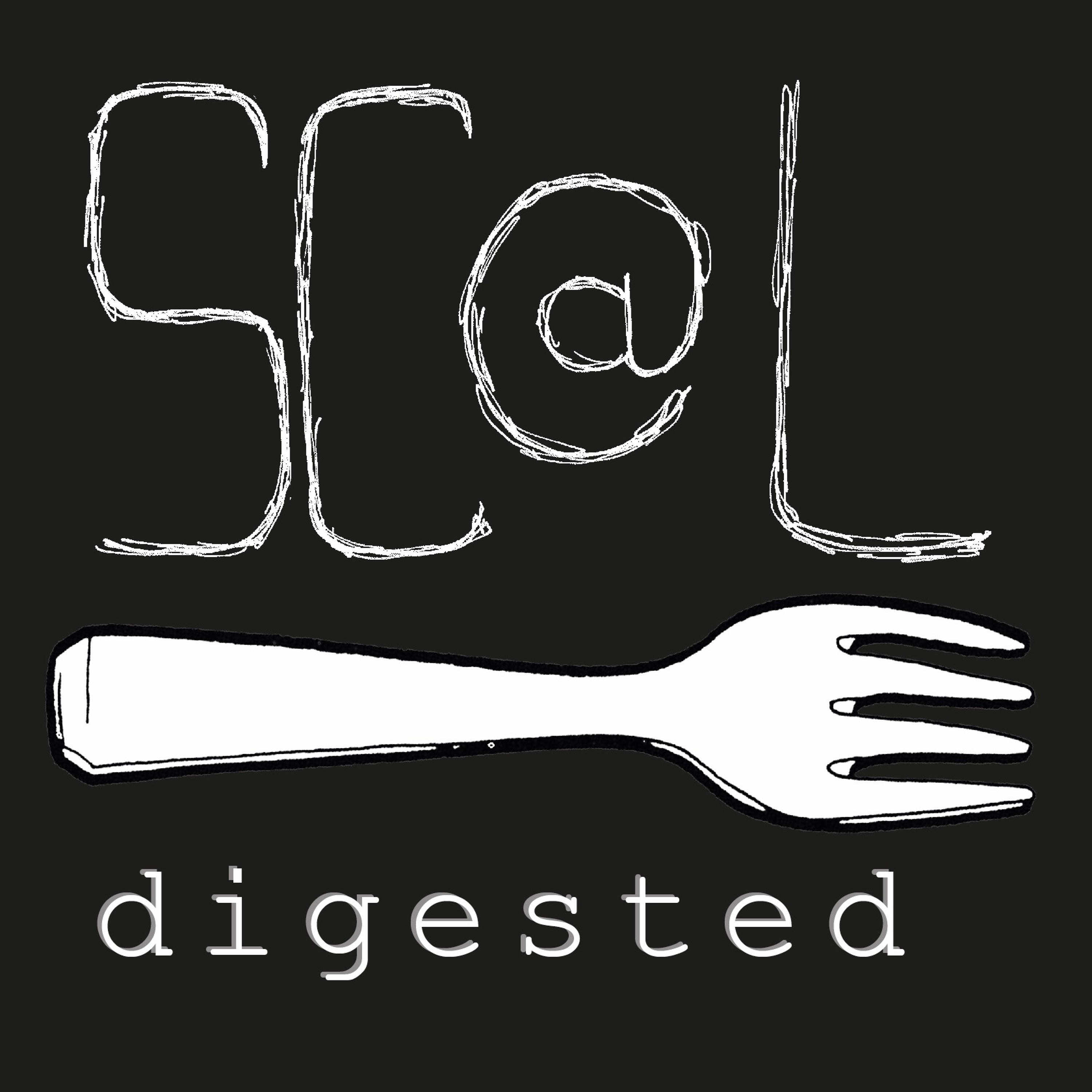
StemCells@Lunch DigestedEpisode 26 - Dr Ravi DesaiThis week on Stem Cells at Lunch we interviewed Dr Ravi Desai, the scientist behind the Making Lab at The Francis Crick Institute: https://www.crick.ac.uk/research/science-technology-platforms/making-lab/
If you have question or comments, drop as a line on stemcellsatlunch@kcl.ac.uk
2017-12-0504 min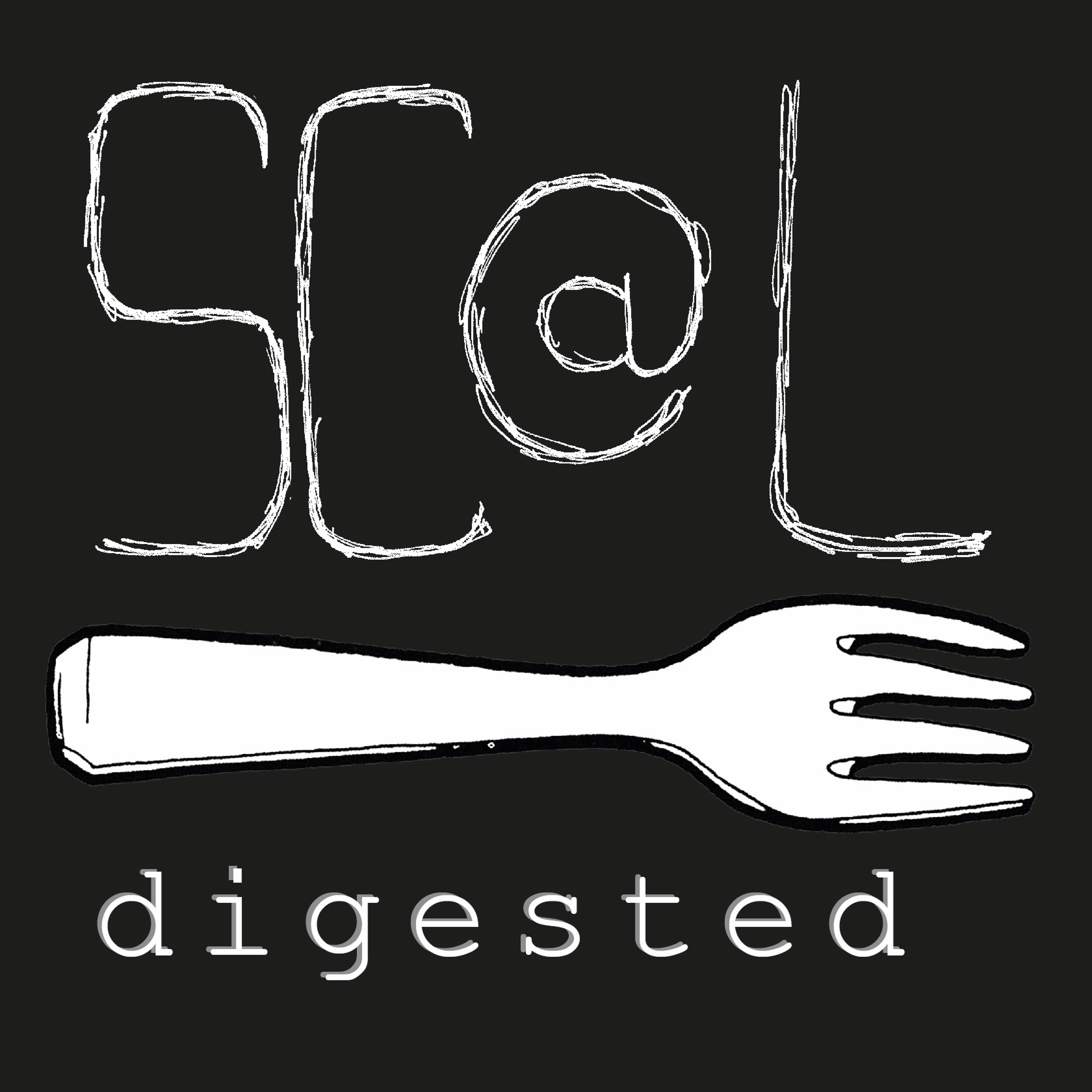
StemCells@Lunch DigestedEpisode 25 - Gemma Milne"In our world of co-creation, hyper-connectivity and exponentially growing technology, our science industry is in much need of disruption. Our slow processes, our steep barriers to entry, and our poor external and internal communication is eroding trust and discouraging talent. We speak to the innovators, iconoclasts and entrepreneurs intent on creating change in science. We record podcasts, we write editorials, we run events. This is Science: Disrupt." Have a look at https://sciencedisrupt.com and share your thoughts with us using stemcellsatlunch@kcl.ac.uk
2017-11-2907 min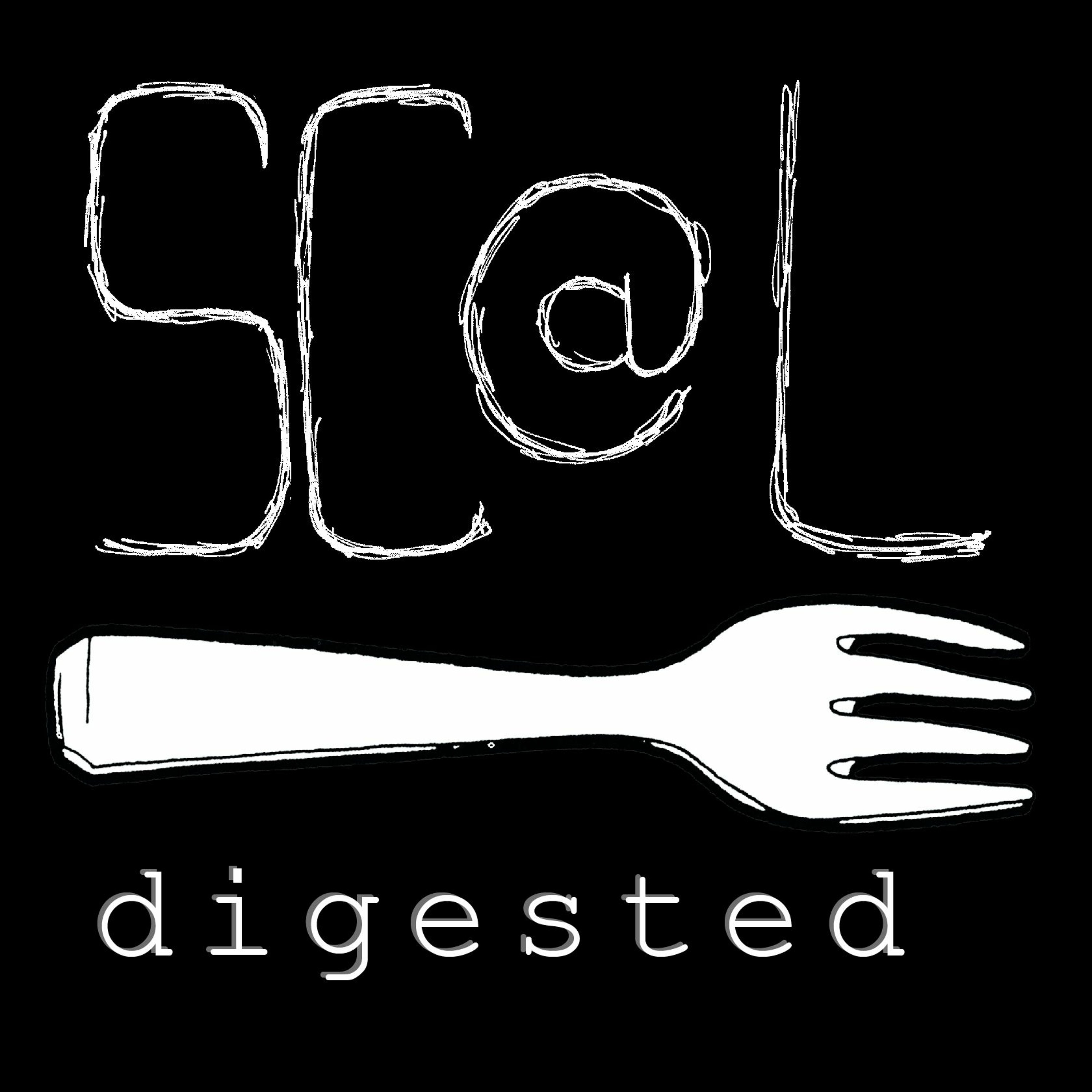
StemCells@Lunch DigestedEpisode 24 -Oliver BakerIn today's episode we interviewed Dr Oliver Baker, the Head of Gene Editing & Embryology Core (GEEC) at King’s College London . In this facility at King’s, he is using crisp technology for gene editing.
If you have any comments or questions email us on stemcellsatlunch@kcl.ac.uk
2017-11-2206 min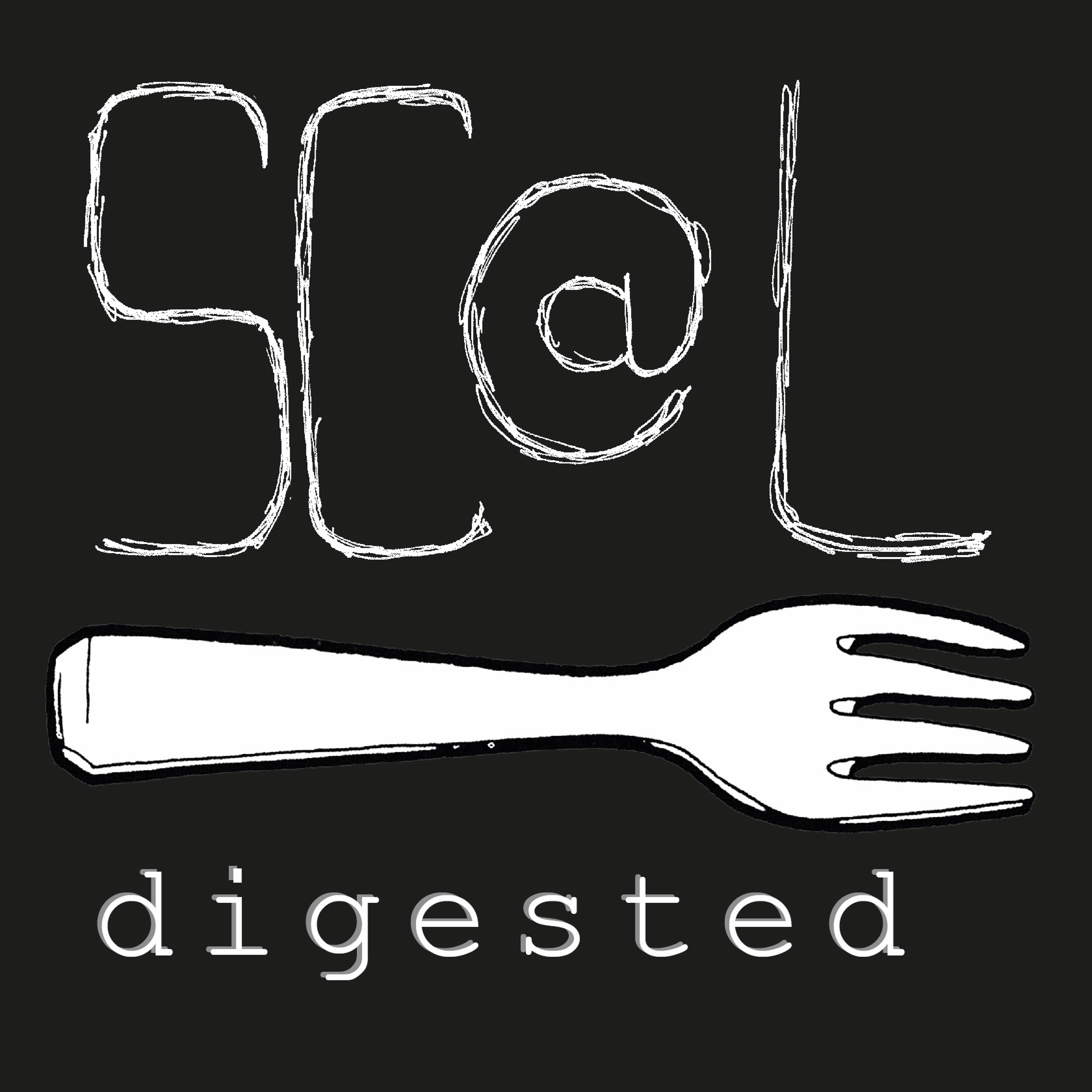
StemCells@Lunch DigestedEpisode 23 - Dr Jonathan ChubbDr Jonathan Chubb - http://www.ucl.ac.uk/lmcb/users/jonathan-chubb
2017-11-1305 min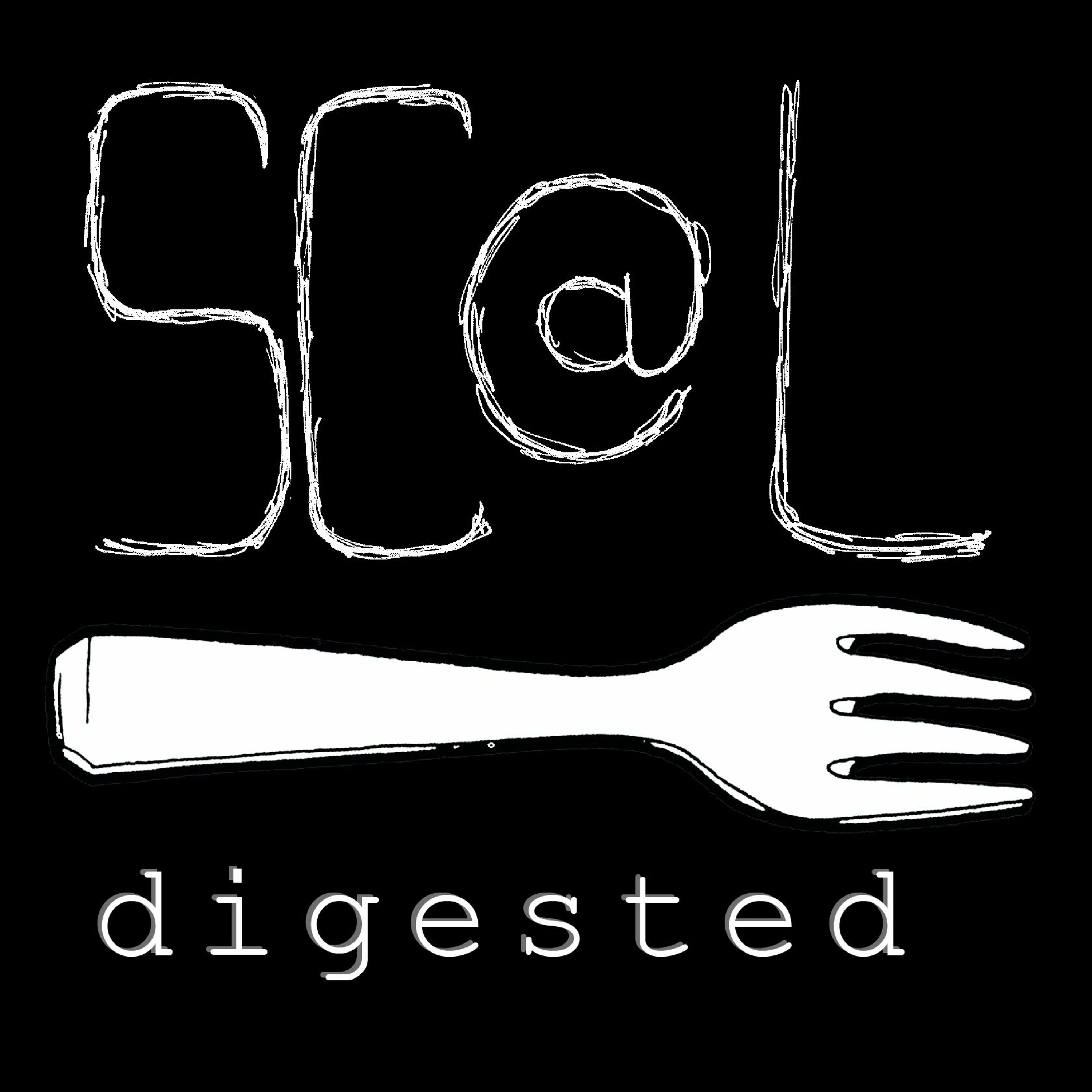
StemCells@Lunch DigestedEpisode 22 - Dr. Francesco IorioFrancesco Iorio is a senior bioinformatician working with Open Targets: a public-private initiative involving teams at the Wellcome Trust Sanger Institute, the EMBL – European Bioinformatics Institute, GlaxoSmithKline and Biogen, with the mission of exploiting Big Data for systematically identifying new therapeutic targets.
Previously he was an ESPOD fellow in joint post-doctoral program between the European Bioinformatics Institute and the Wellcome Trust Sanger Institute under the guidance of Julio Saez-Rodriguez and Mathew Garnett.
If you have any comments or questions email us on stemcellsatlunch@kcl.ac.uk
2017-10-1305 min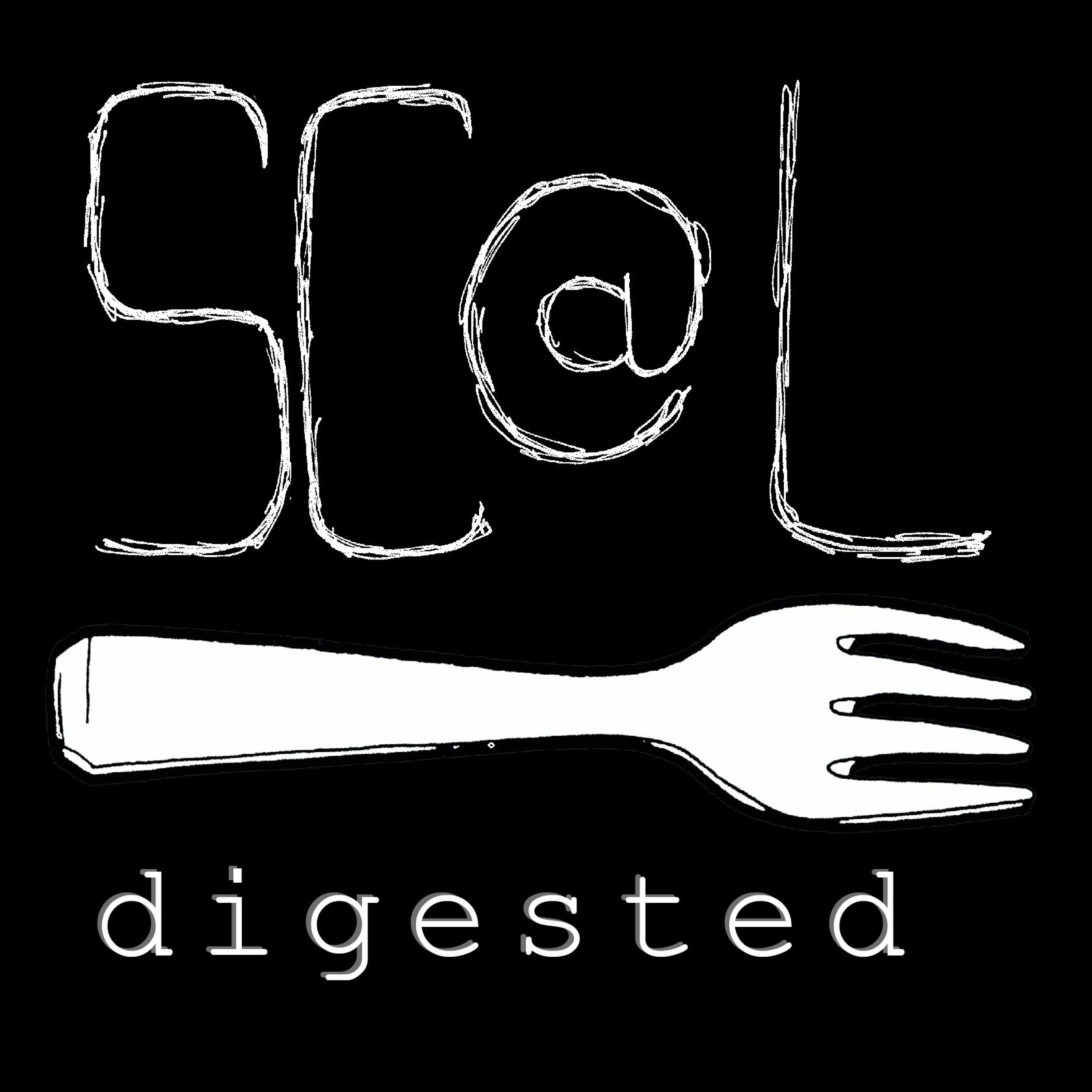
StemCells@Lunch DigestedEpisode 21 - Dr. Dinis CaladoStem Cells @ Lunch is digested back!
In today's episode we interviewed Dr Dinis Calado, a group leader in the Francis Crick Institute. His research aims to elucidate mechanisms by which healthy cells of the haematopoietic system become cancerous, with major focus on B lymphocytes.
If you have any comments or questions email us on stemcellsatlunch@kcl.ac.uk
2017-09-1207 min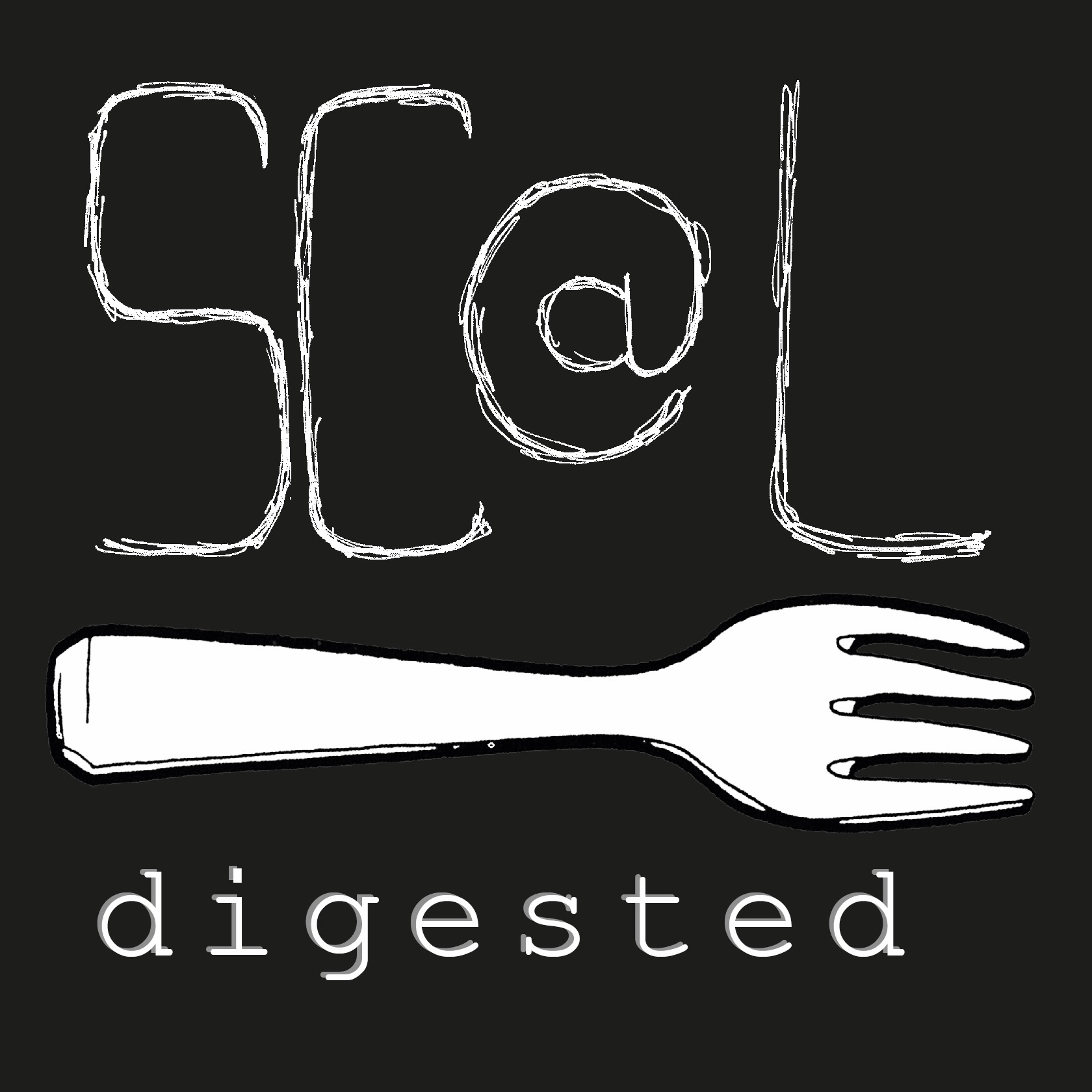
StemCells@Lunch DigestedEpisode 18 - Chris BakerEpisode 18 - Chris Baker by StemCells@Lunch Digested
2017-07-0613 min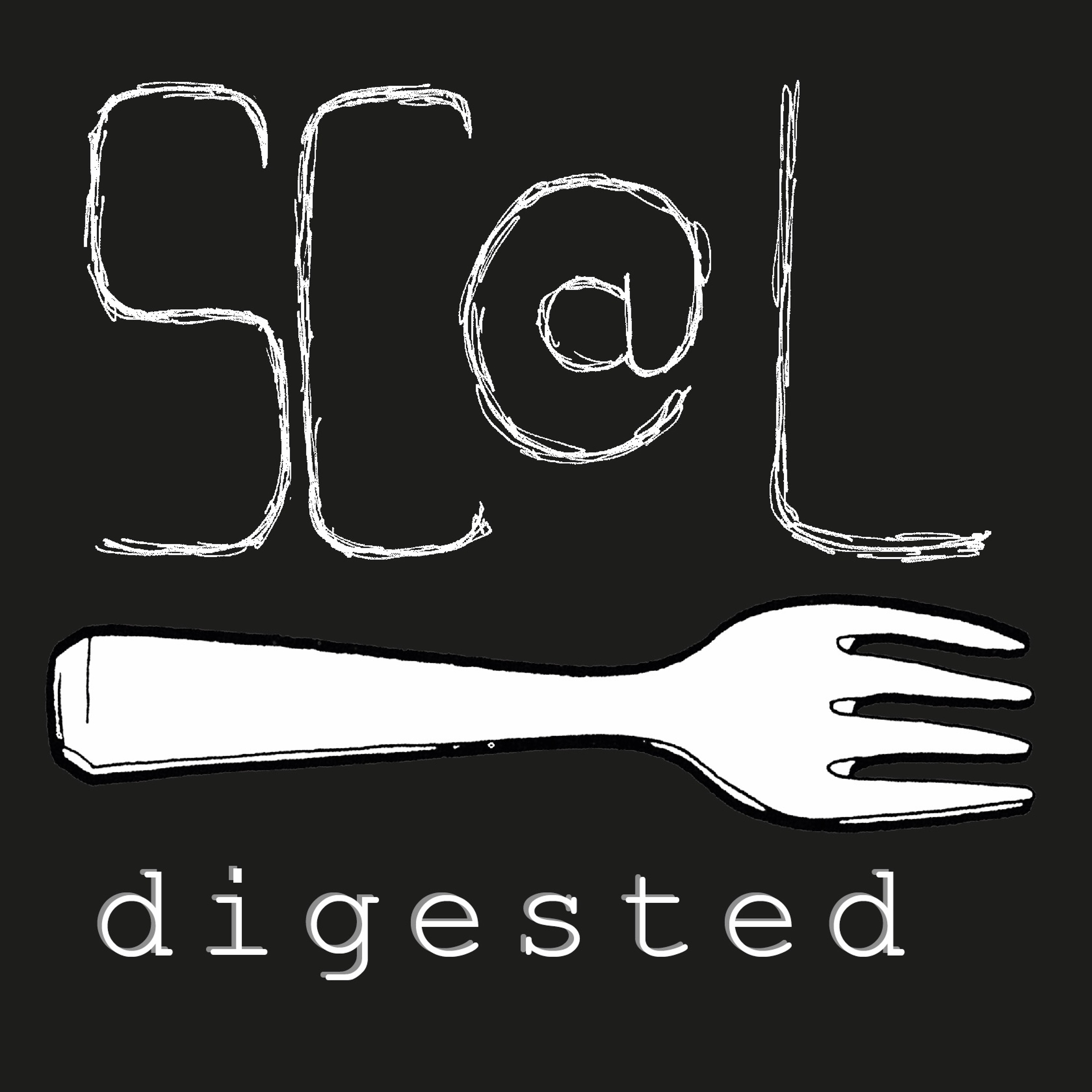
StemCells@Lunch DigestedEpisode 10 - Ole Press and Oliver KeminerEpisode 10 - Ole Press and Oliver Keminer by StemCells@Lunch Digested
2017-05-0212 min